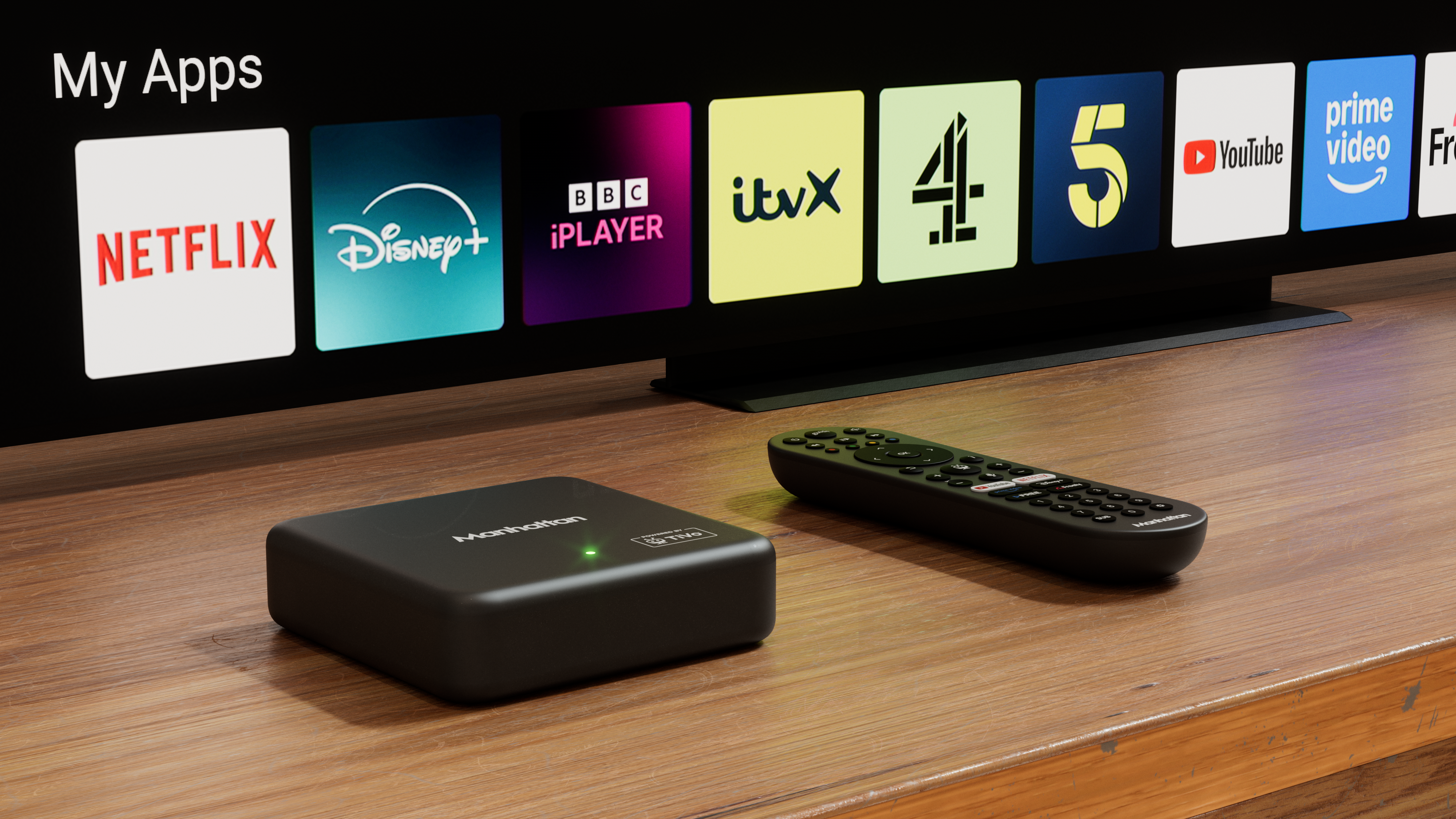Best iPhones 2025: 4 options for music and movie lovers fully tested
iPhones for every use case
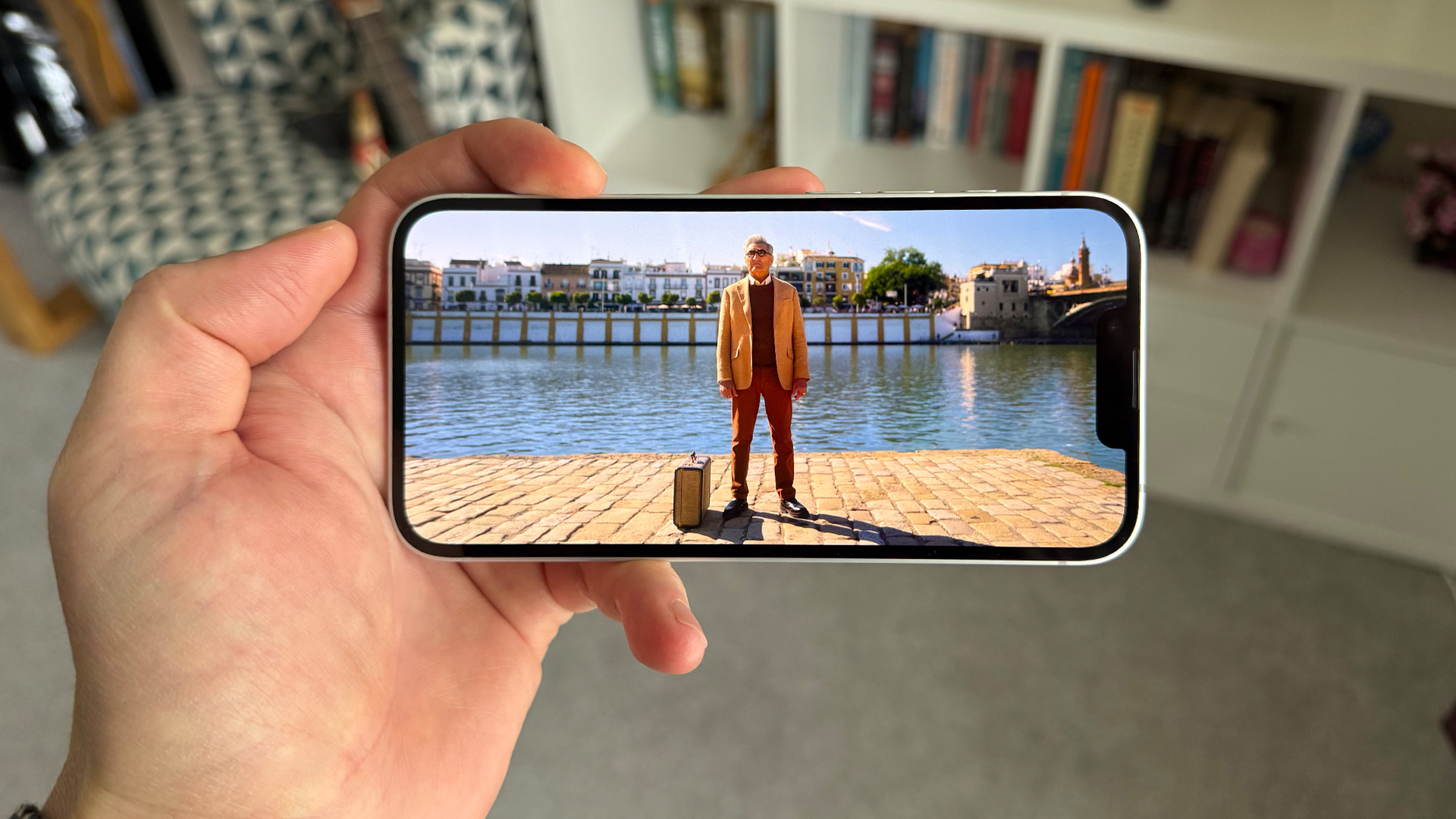
The latest hi-fi, home cinema and tech news, reviews, buying advice and deals, direct to your inbox.
You are now subscribed
Your newsletter sign-up was successful
While we recommend one of the best portable music players we’ve tested for serious listeners with hi-res libraries, the truth is most of us listen to the majority of our music on our phones while out and about.
We’re also aware many people also use them as portable movie or TV screens when on the go. And if you fit into either of those camps but still care about music or picture quality, you probably have heard good things about Apple iPhones – and there is a reason for that.
Having tested every generation of the iPhone we can confirm Apple has released a number of great phones that are a clear cut above most rivals in both departments. But we can also safely confirm not all iPhones are created equal and deserving of a place among the best phones for music and movie fans we recommend.
Having compared models against one another during our comparative testing review process we know there are huge differences between each model. Which is why we’ve compiled this list detailing the best iPhones for music and movie fans we’ve tested and fully recommend.
If you're curious to learn more about what criteria we use to rank them, you can read more about how we test iPhones below.
The quick list
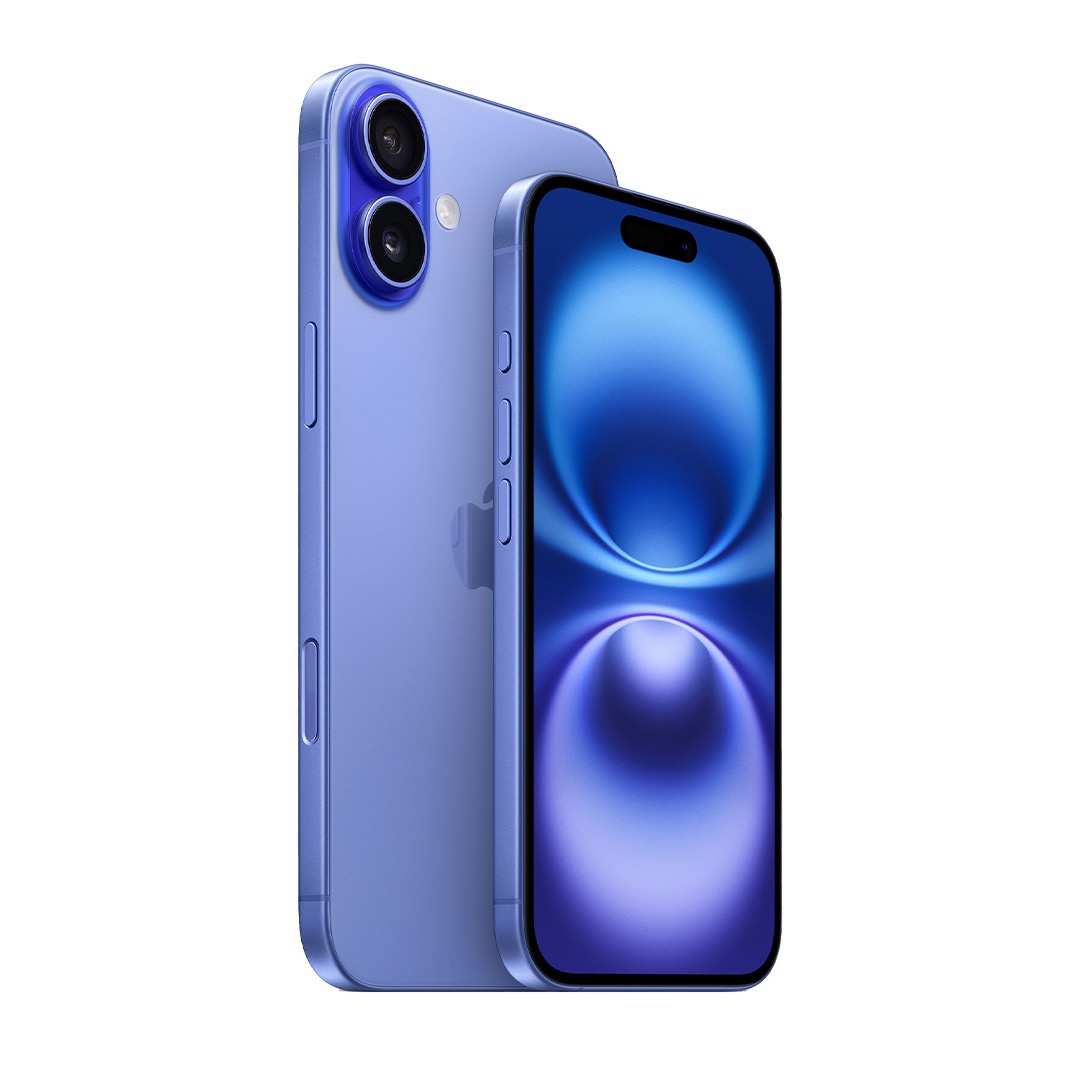
The base model in the iPhone 16 family offers a great screen and detailed audio, making it the best option for most people.
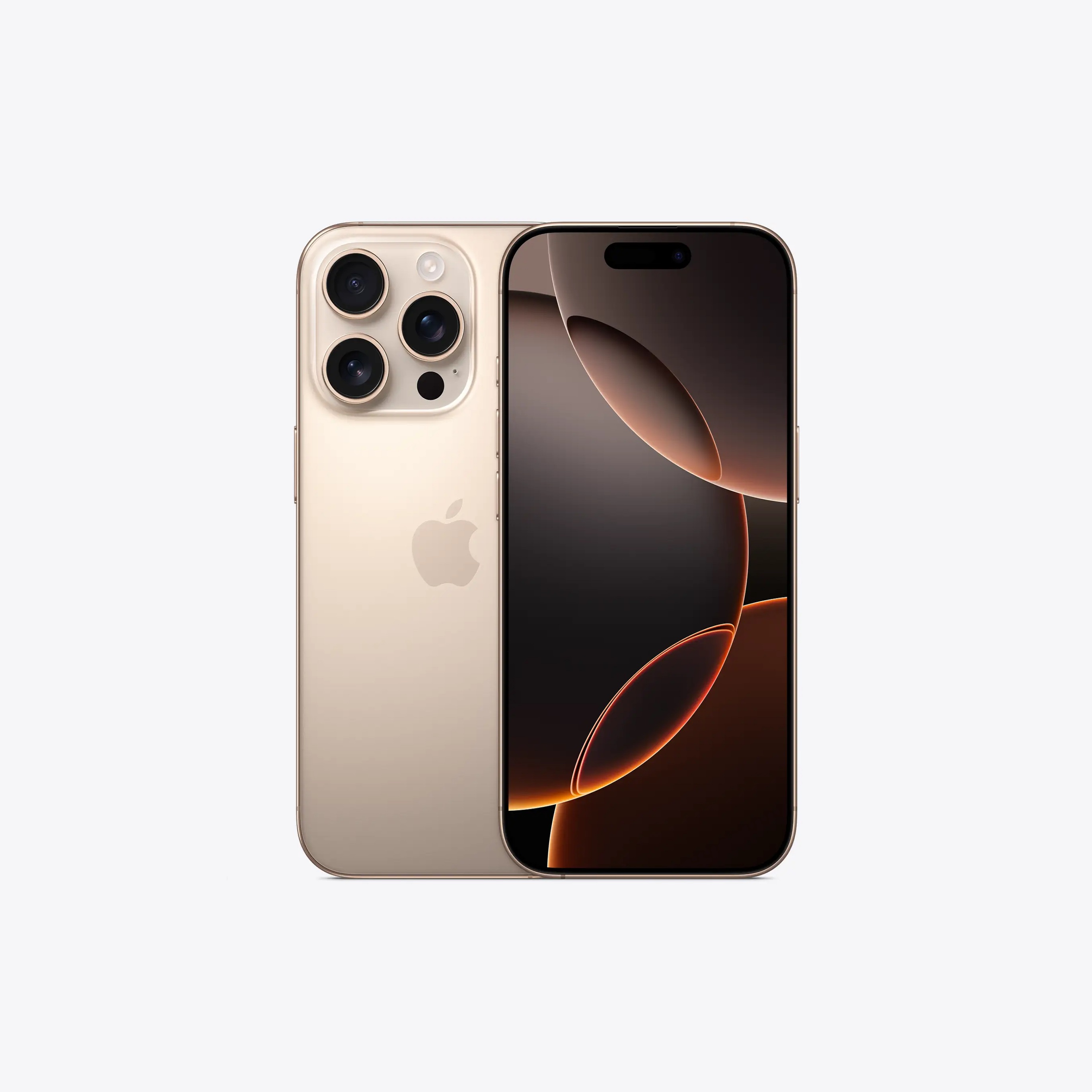
It might not have the big screen of the Pro Max, but the iPhone 16 Pro has the same A18 Pro processor. Not only one of the most powerful iPhones around, but one of the most powerful smartphones full stop.
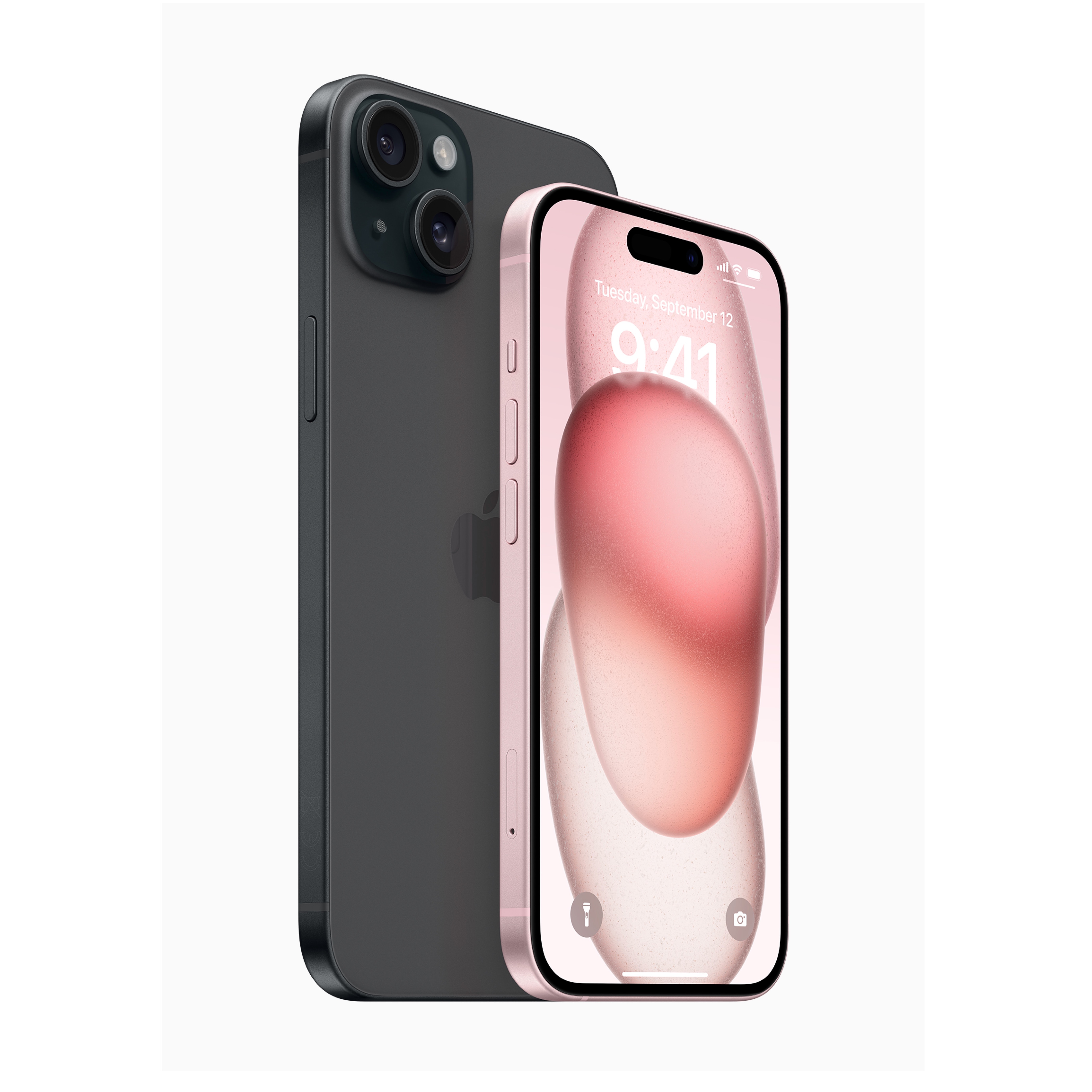
The iPhone 15 Plus came out in 2023, and its price has dropped since then – it's now cheaper than the standard iPhone 16, but has a bigger screen. Bargain.
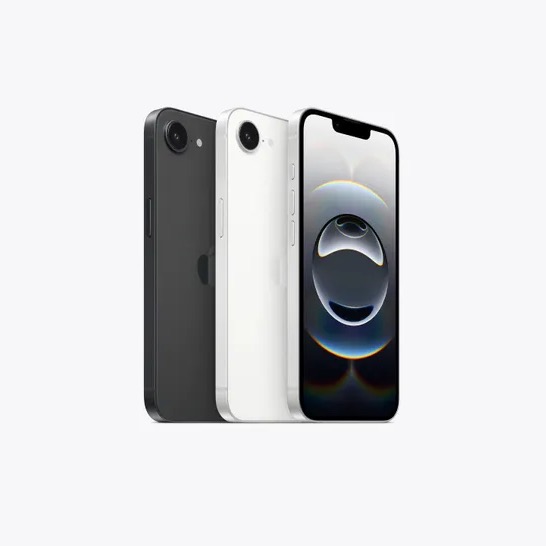
The iPhone 16e is Apple’s latest “affordable” smartphone and while its price hardly makes it “cheap”, based on our testing its a fantastic value handset and ideal choice for any music or film fan that doesn’t want to spend loads on their next handset.

Thanks to a sneaky US import, I was one of the first UK journalists to try the original iPhone when it launched in 2007. I've been testing iPhones ever since, and have used one full-time since 2016 when I made the switch from Android. Today's models are not only some of the best smartphones around, they're some of the best devices for music and movies on the go. Whatever your needs, chances are there's an iPhone for you.
Best overall
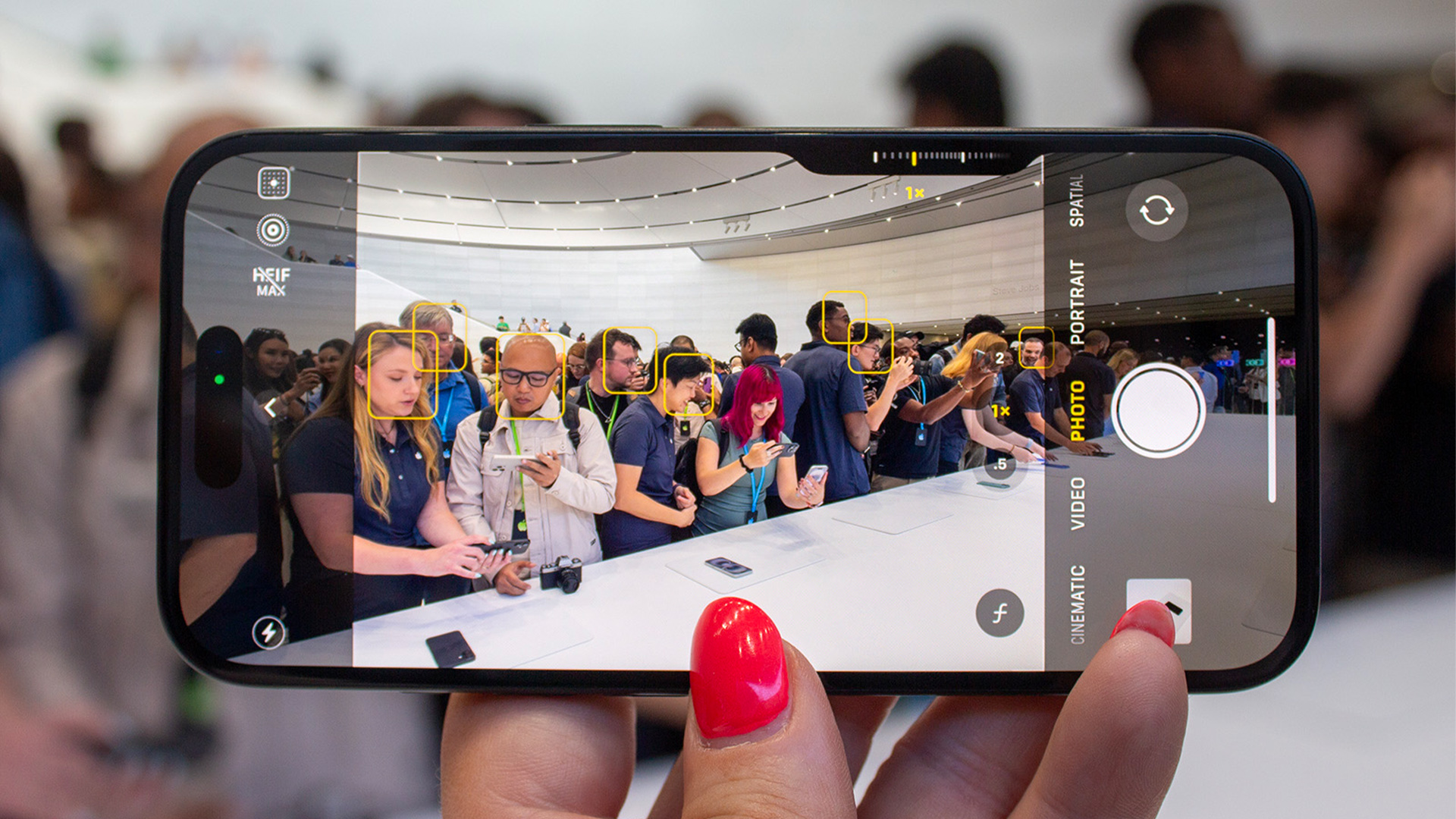
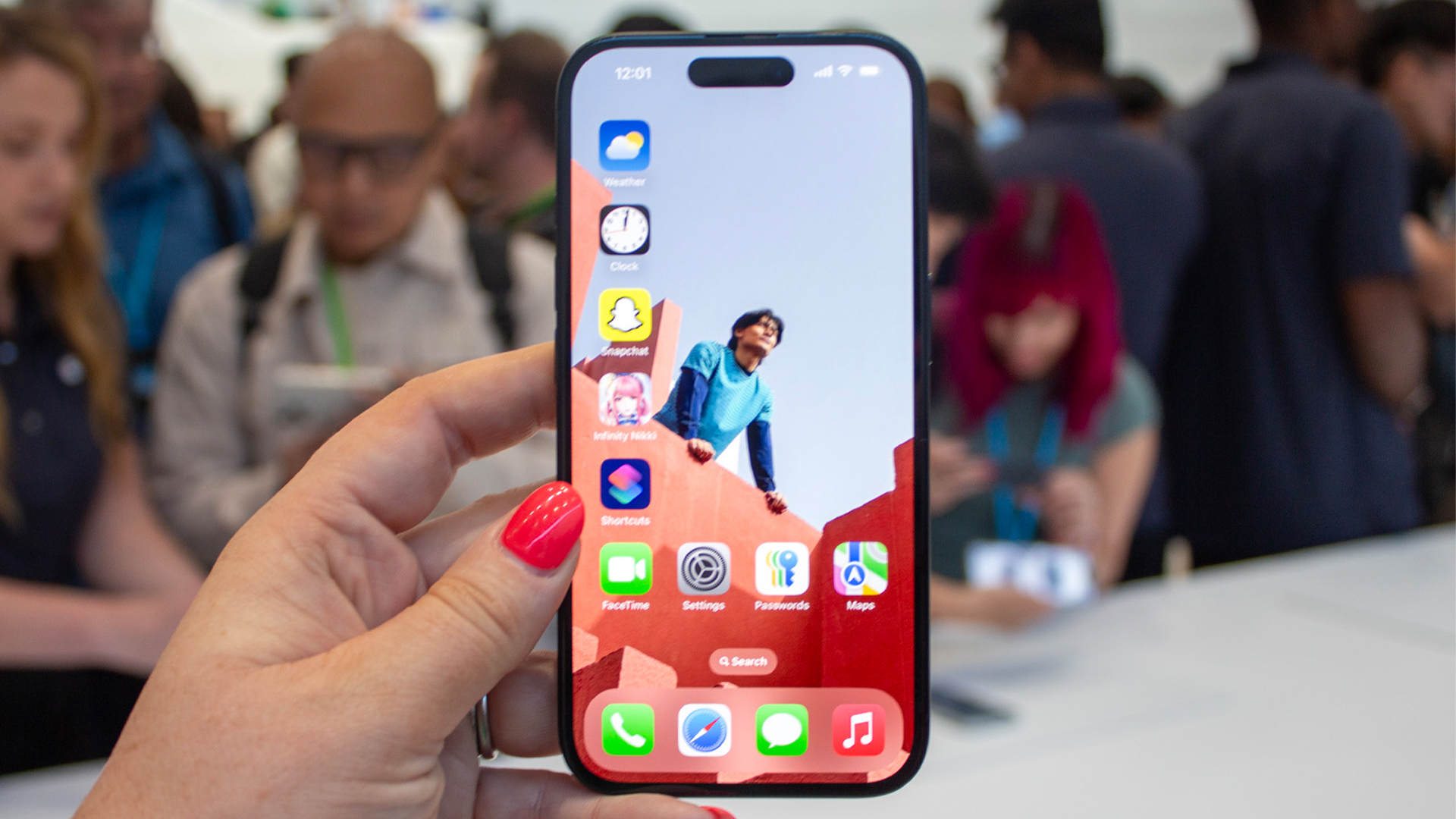
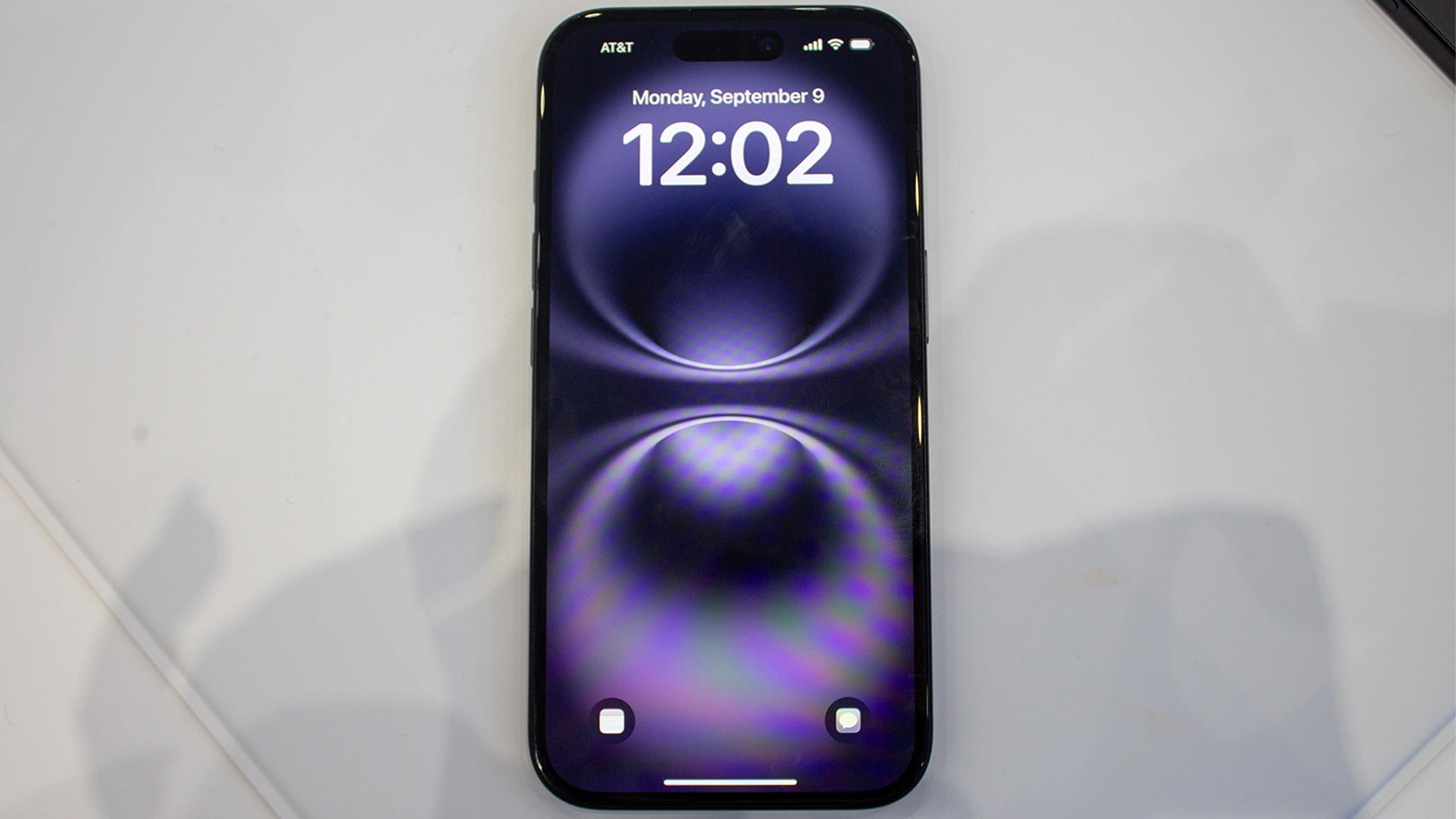
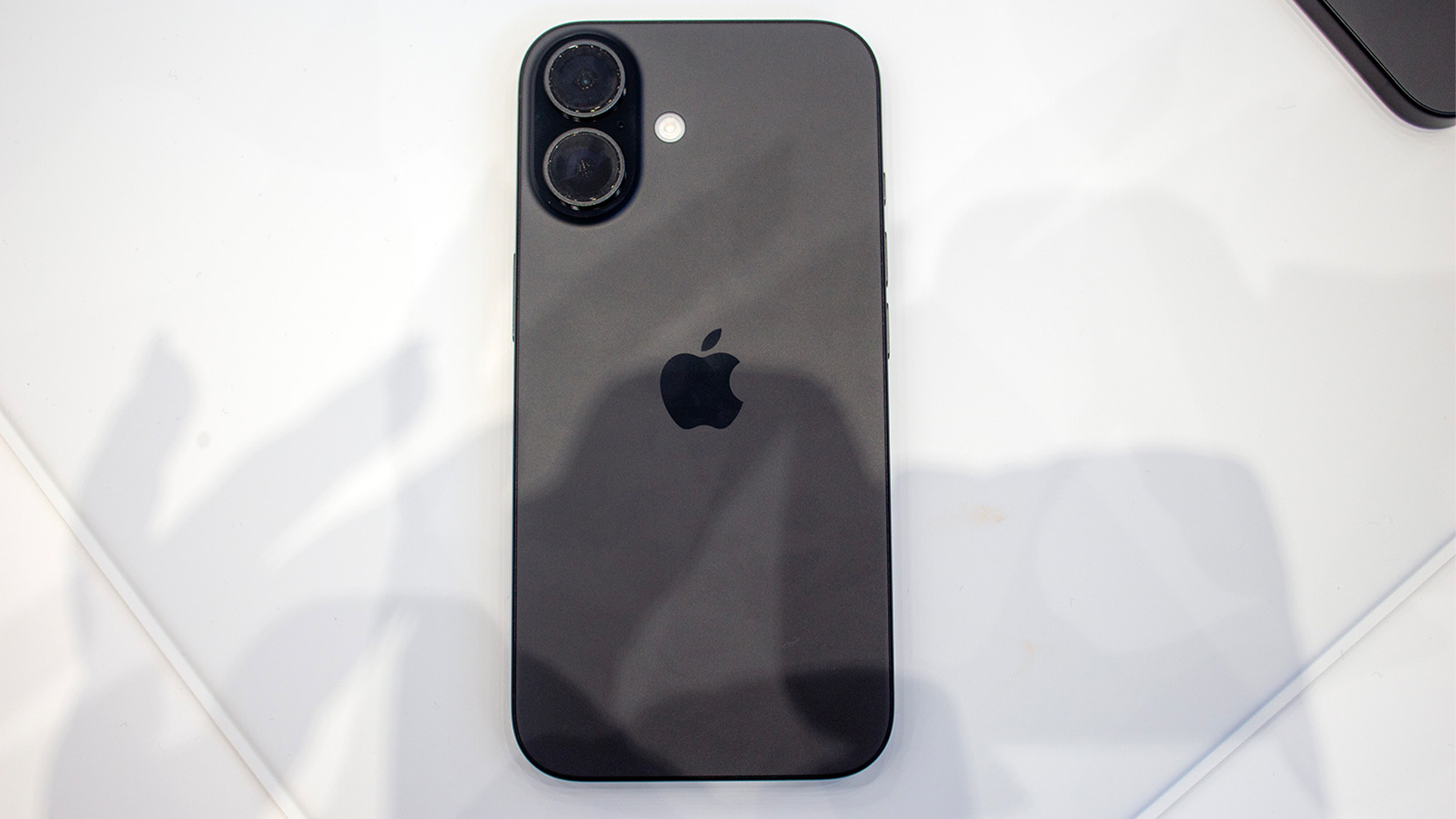
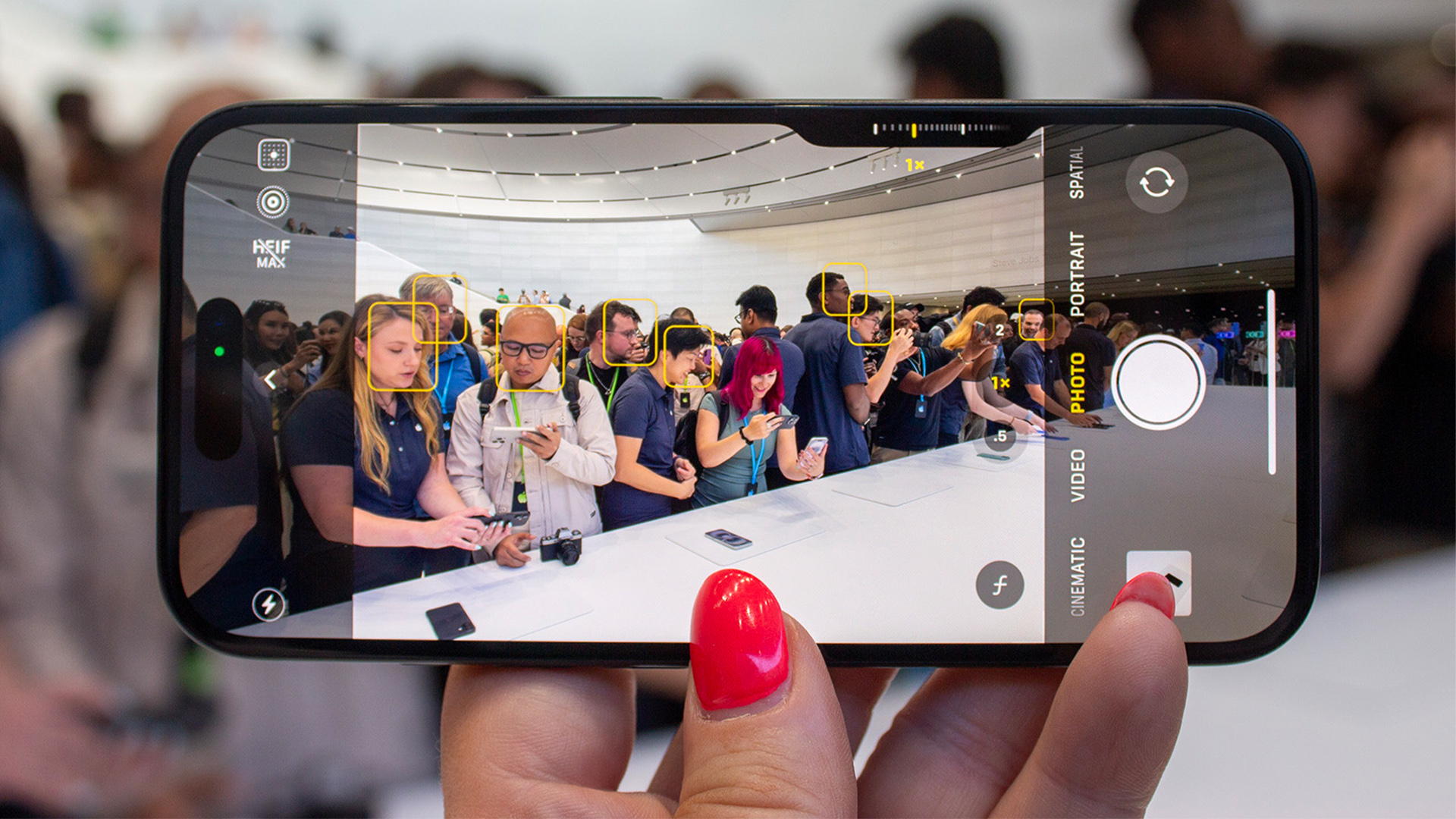
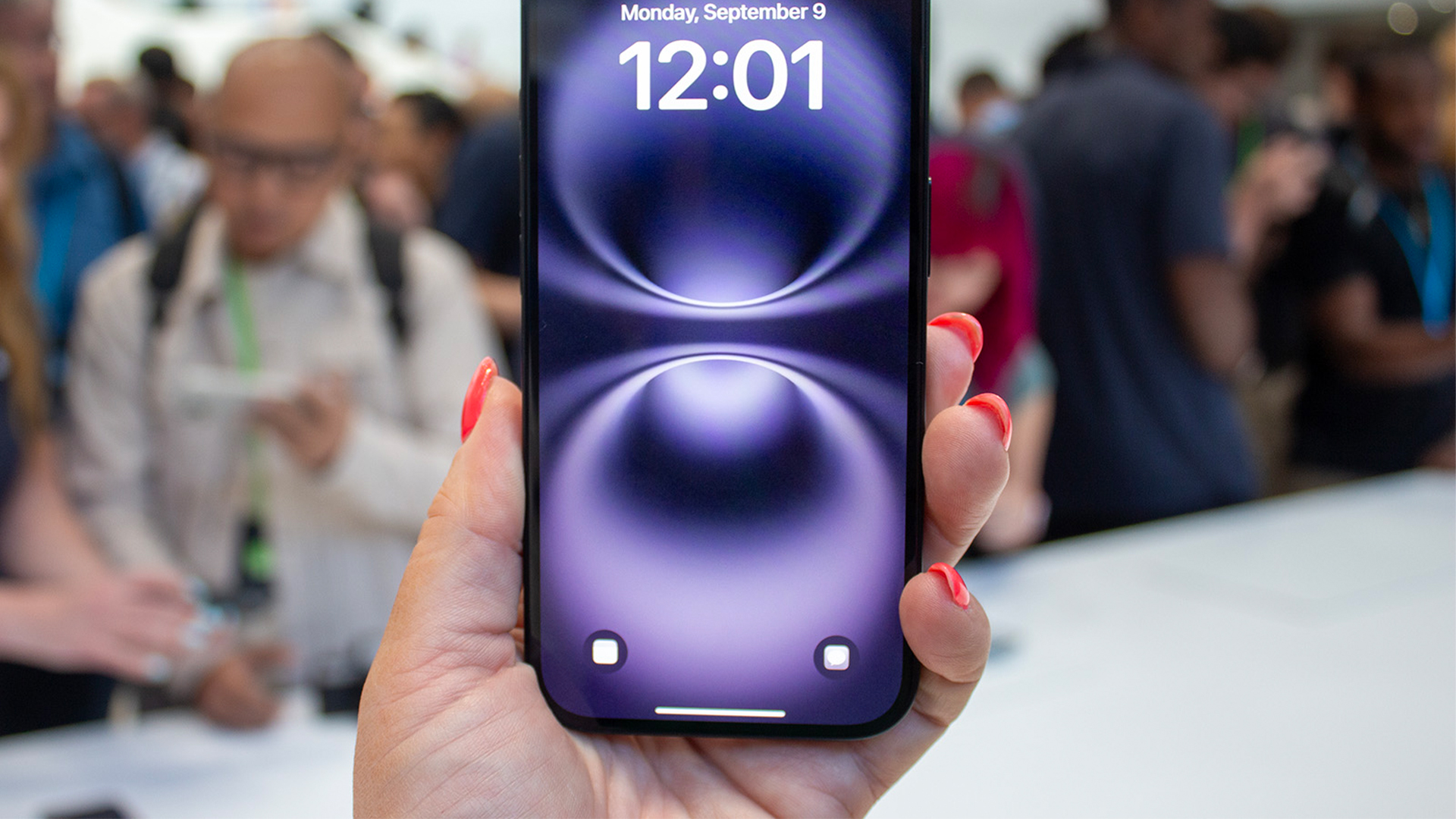
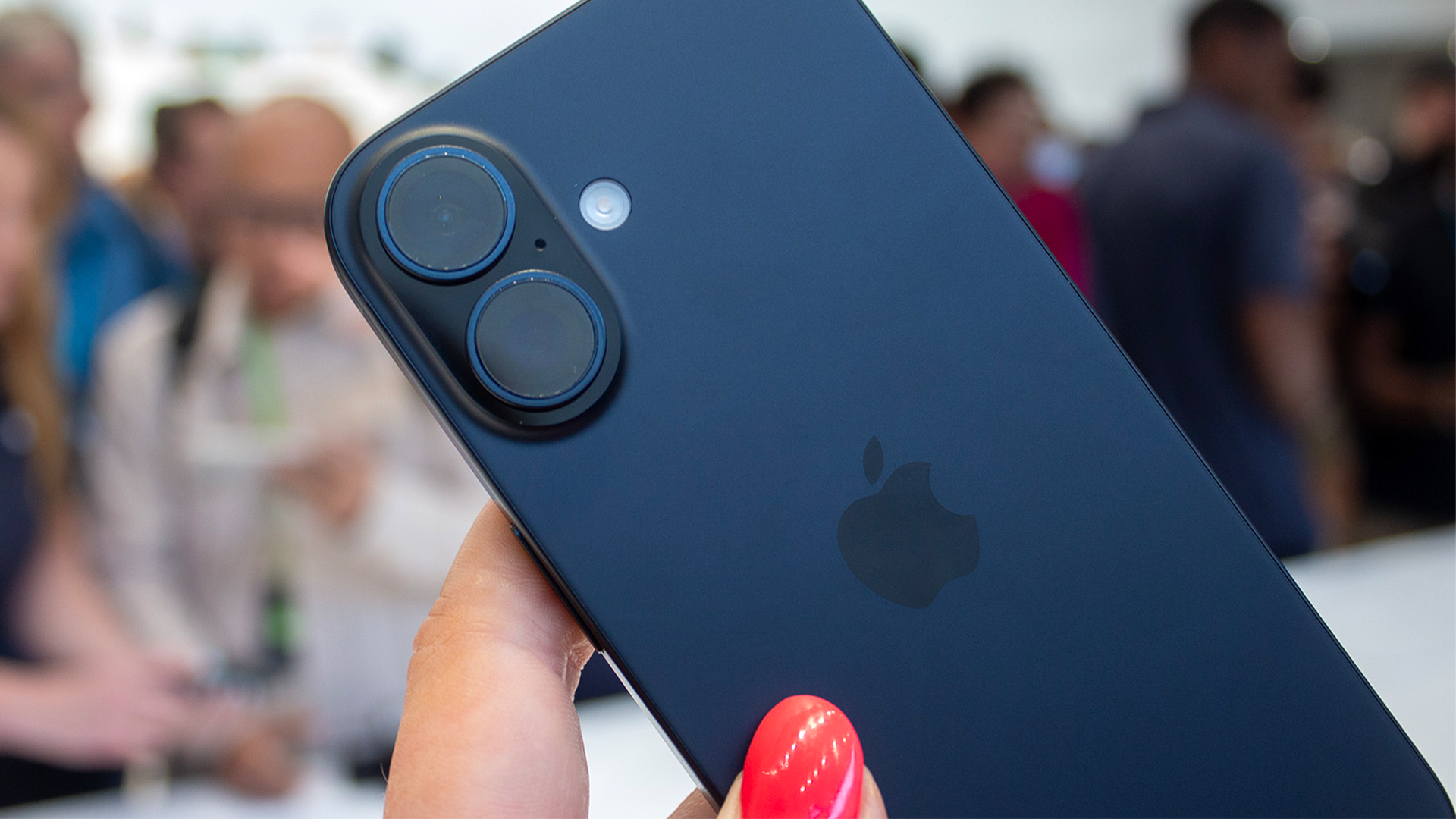
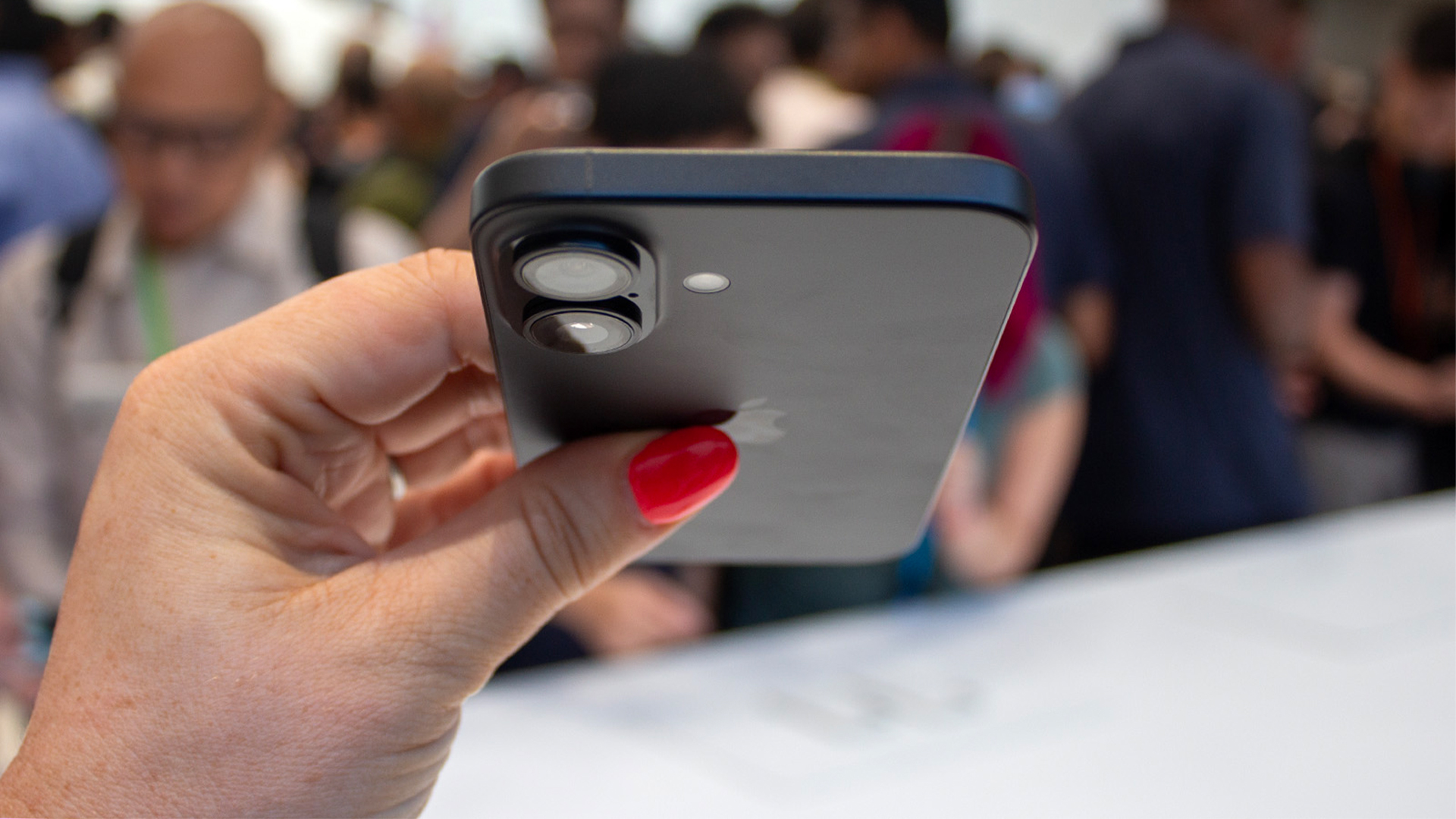
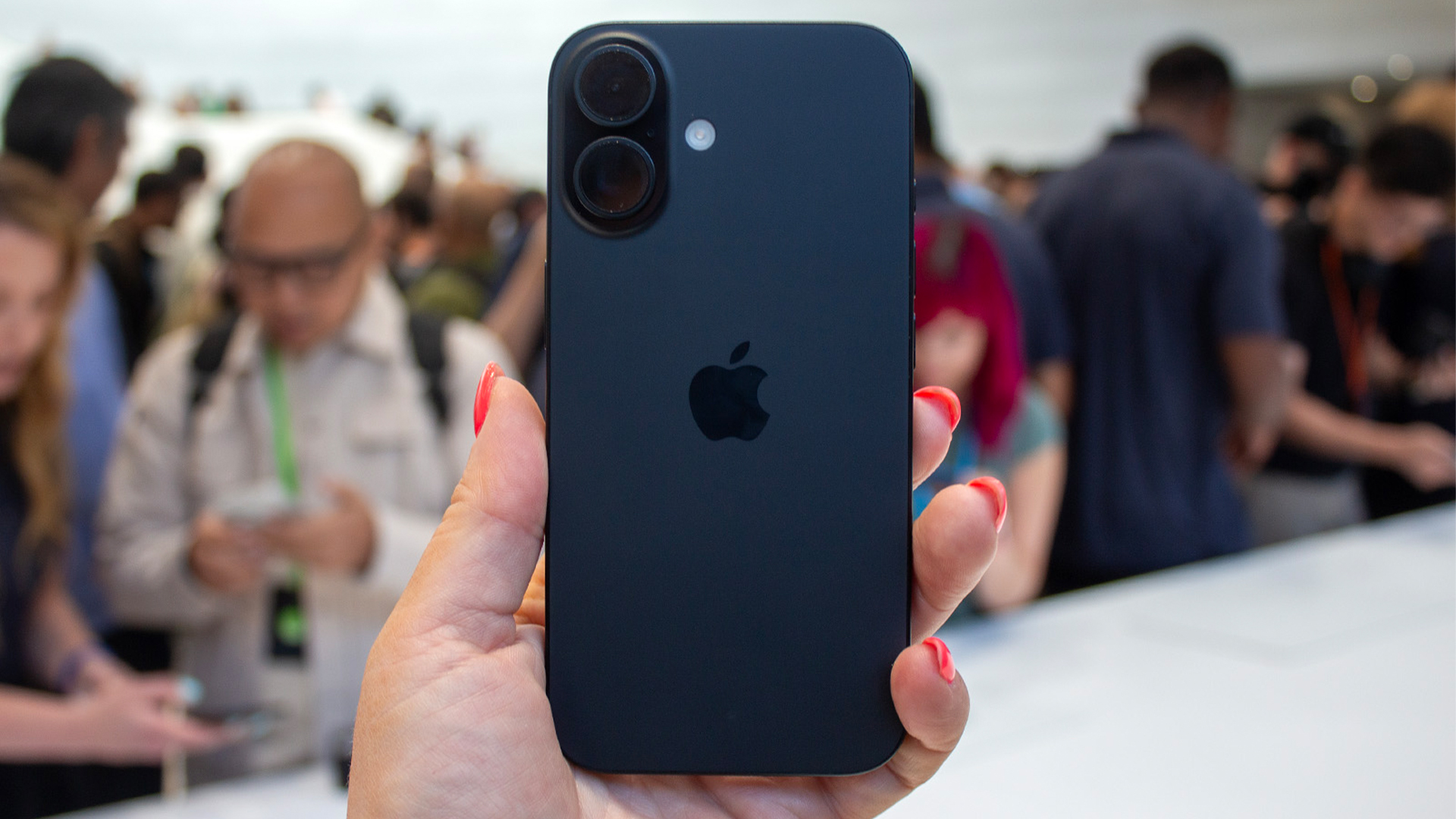
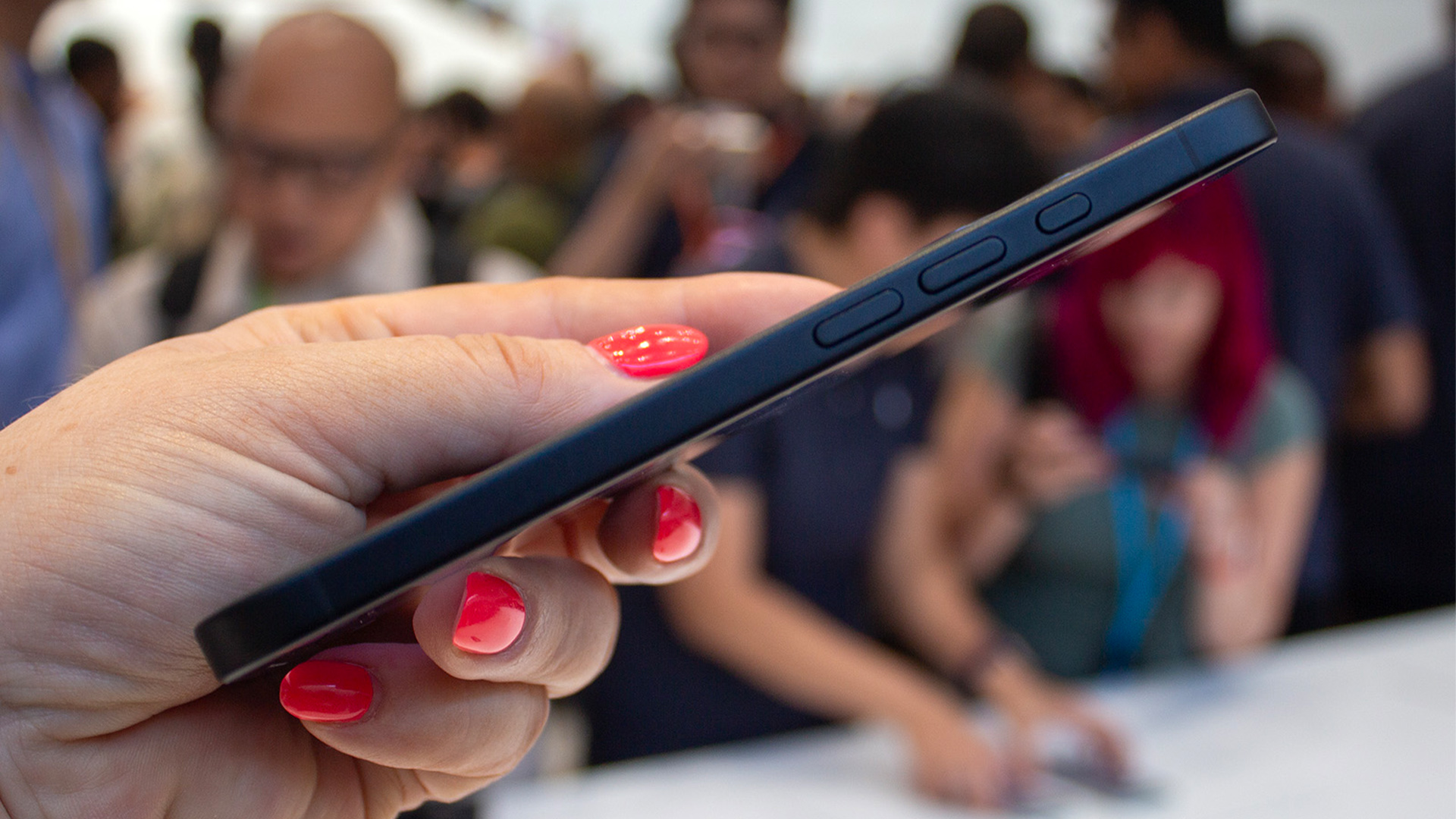
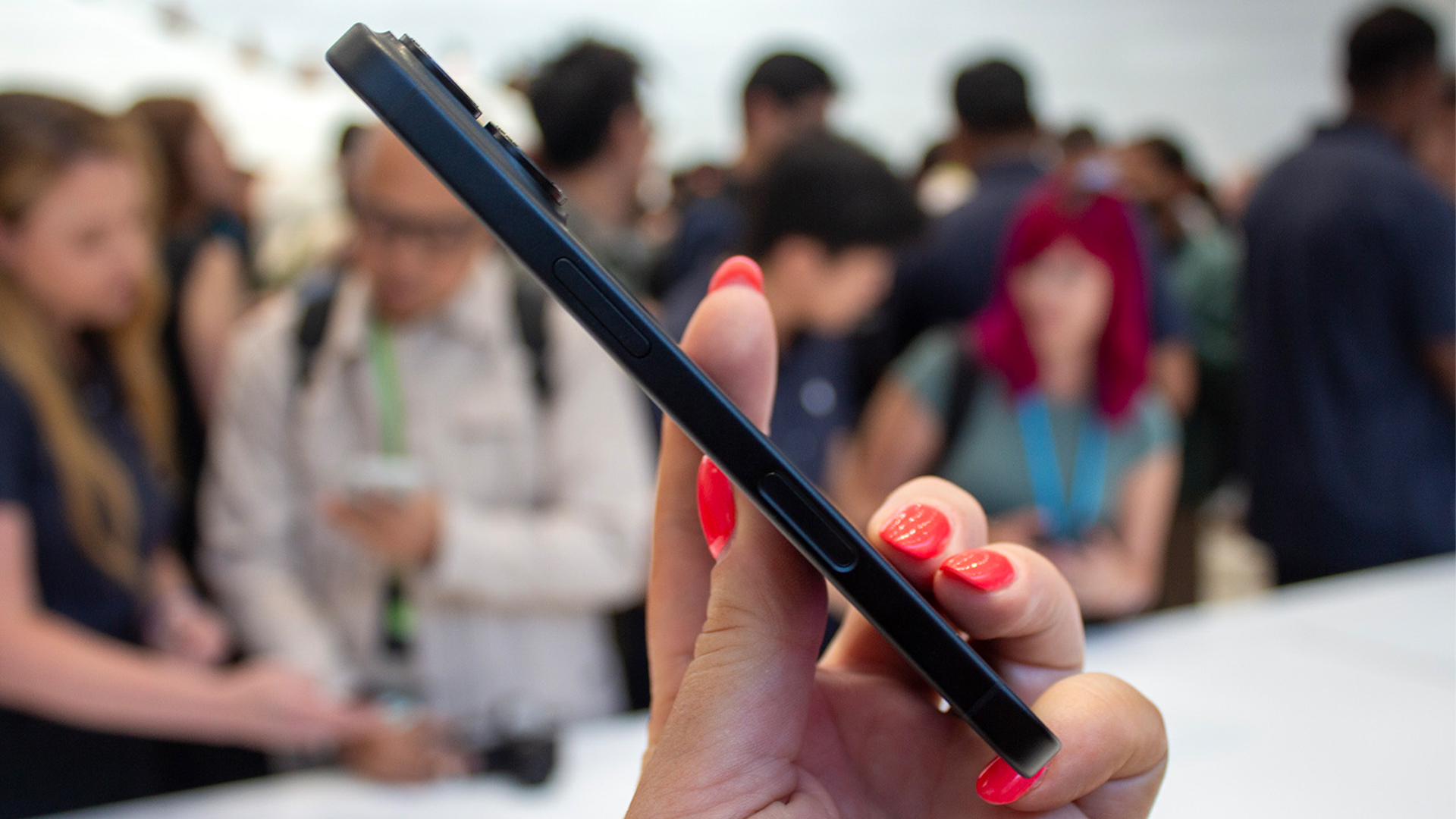
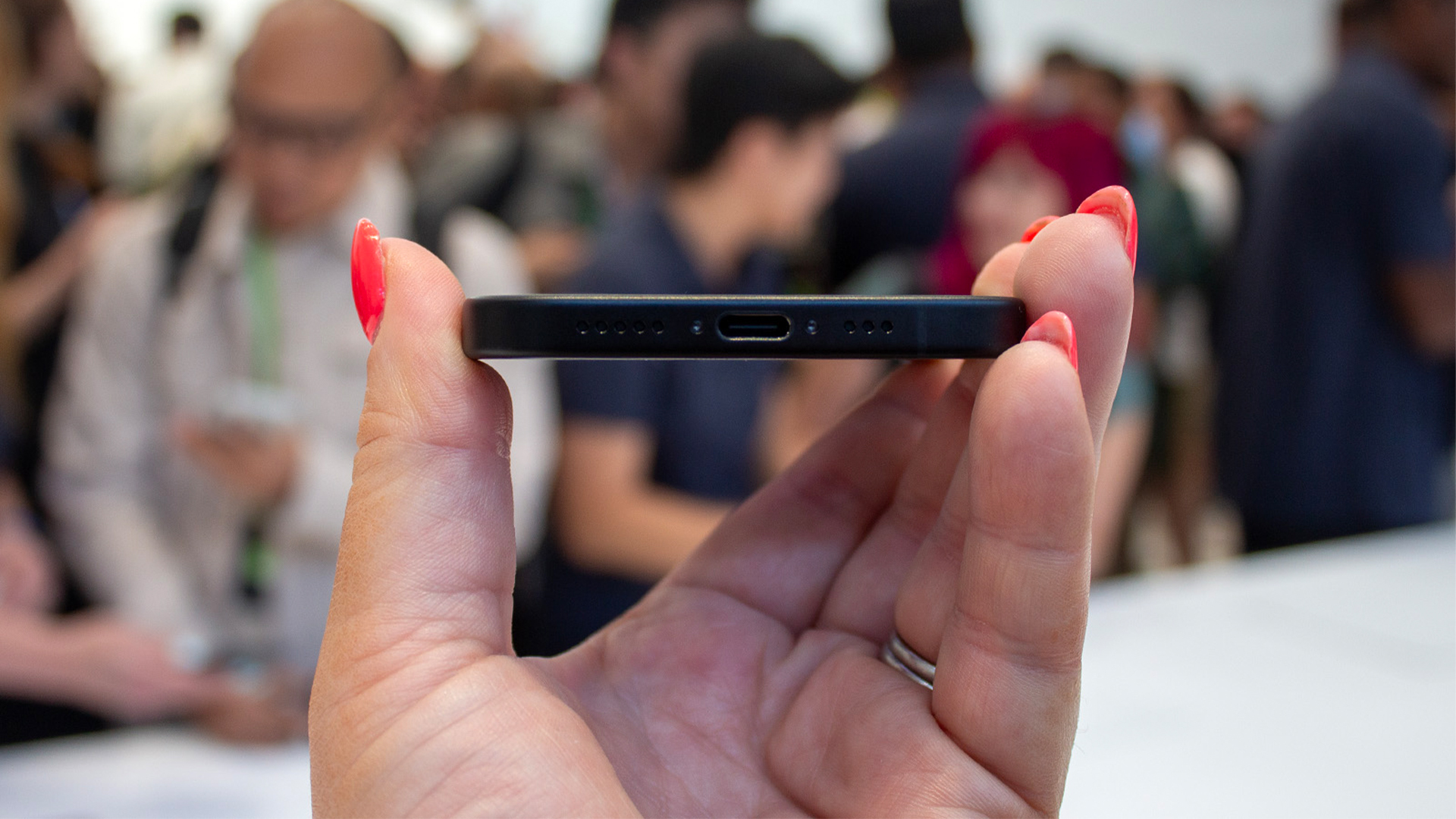
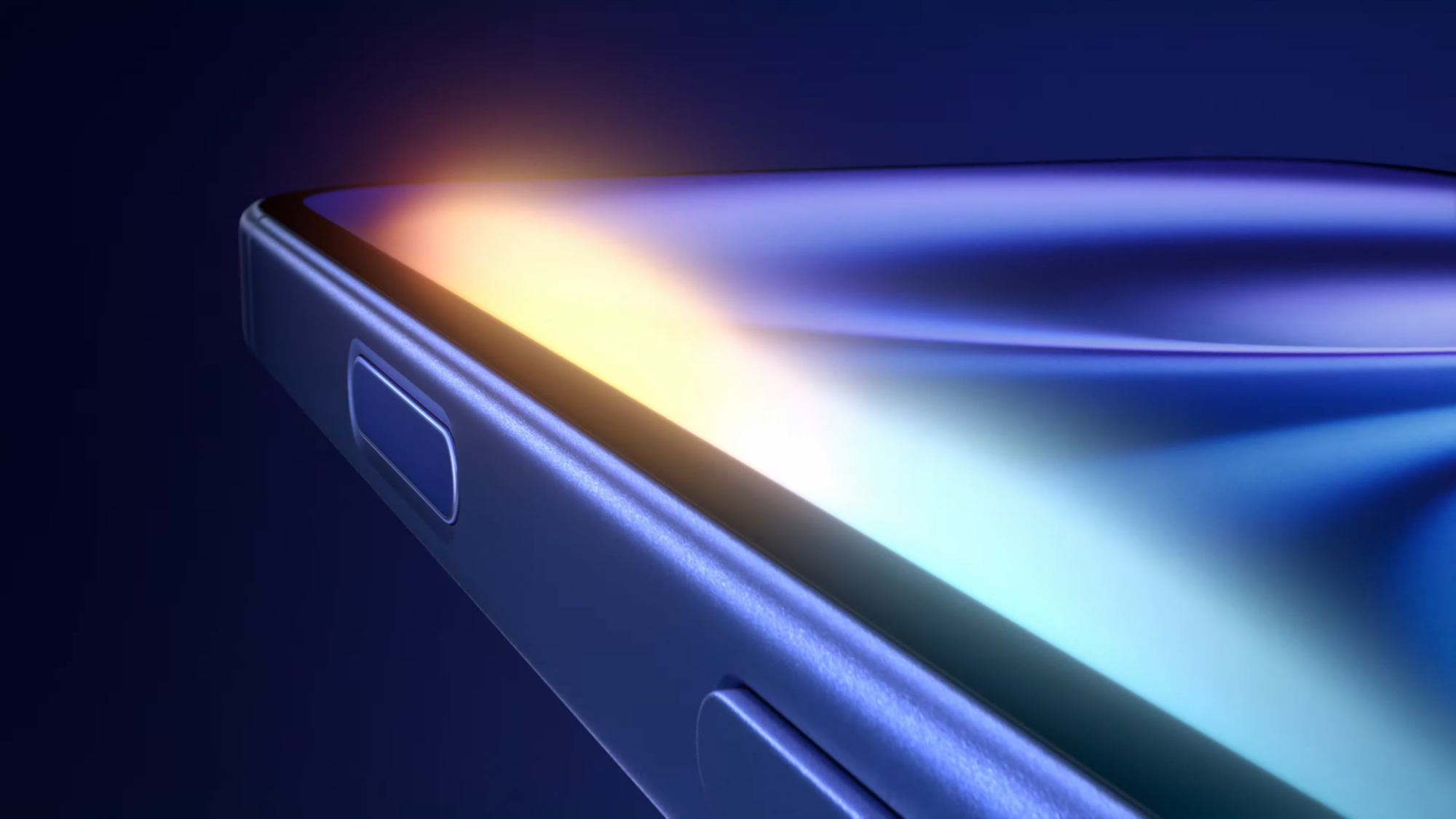
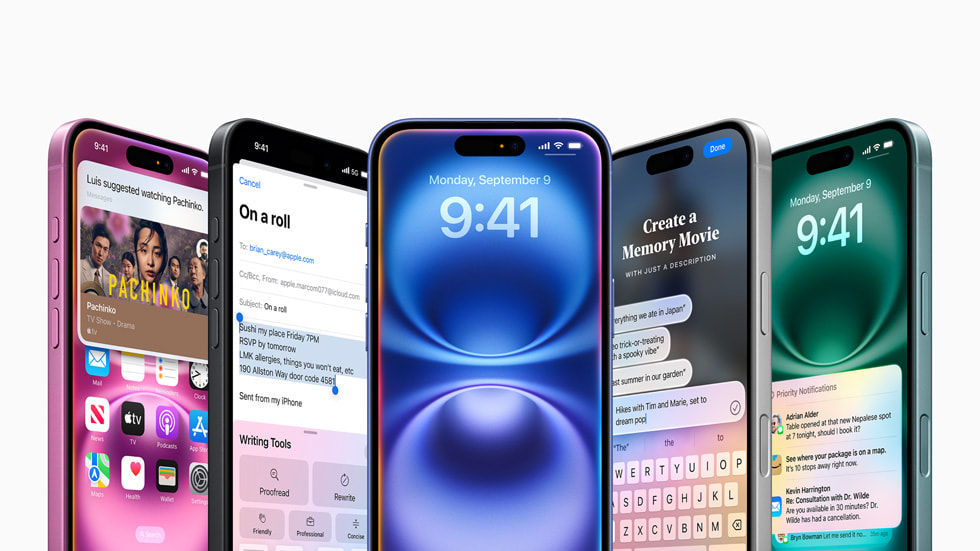
Specifications
Reasons to buy
Reasons to avoid
If you want a powerful new iPhone that's equipped with all the latest features (including Apple Intelligence) but don't want to spend too much, you'll be best served by the iPhone 16.
Its screen might be marginally smaller than the 16 Pro's (and quite a bit smaller than the 16 Plus and 16 Pro Max's), and lacks the 120Hz 'ProMotion' refresh rate with always-on tech, but it's still a beauty. The 460ppi pixel density makes for a sharp picture, and it's bright, going up to 2000 nits peak brightness. It also supports the HDR10 and Dolby Vision formats of HDR.
Sonically, it's well equipped, with Dolby Atmos and Apple Spatial Audio (through supported AirPods or Beats headphones). Bluetooth 5.3 is also on board, though it only supports the LE and A2DP codecs.
As ever, there are picture and sound improvements that Apple hasn't made a big deal about (or even mentioned). It produces a rich, three-dimensional image with crisp details and tangible texture. Colours are balanced but engaging, while motion remains smooth throughout.
The sound quality is similarly rich, detailed and engaging with lashings of warm bass. As we'll see, the 16 Pro is a real step up, but for this money, the standard 16 is the finest iPhone currently available.
Read the full Apple iPhone 16 review
Best for power
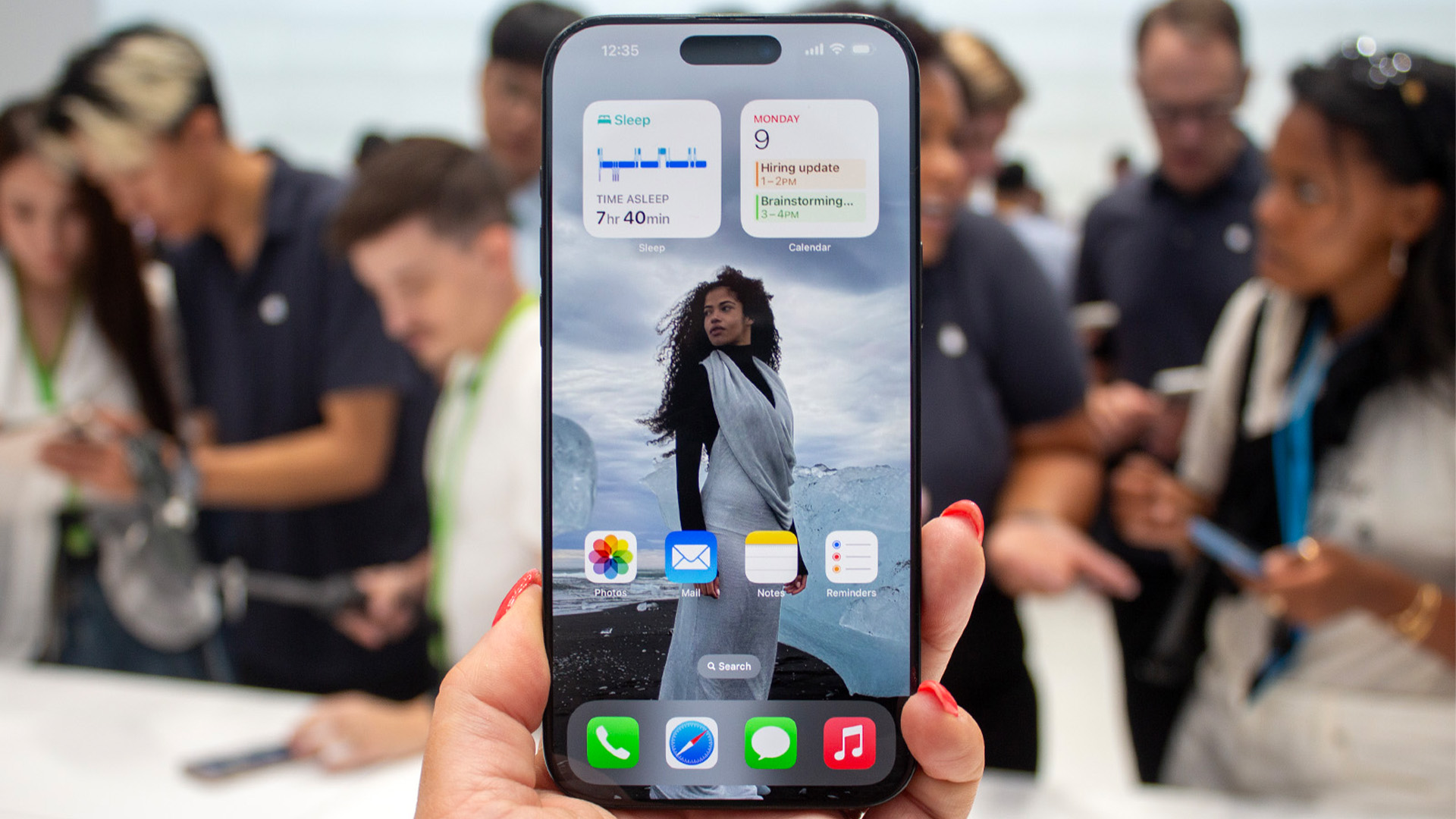
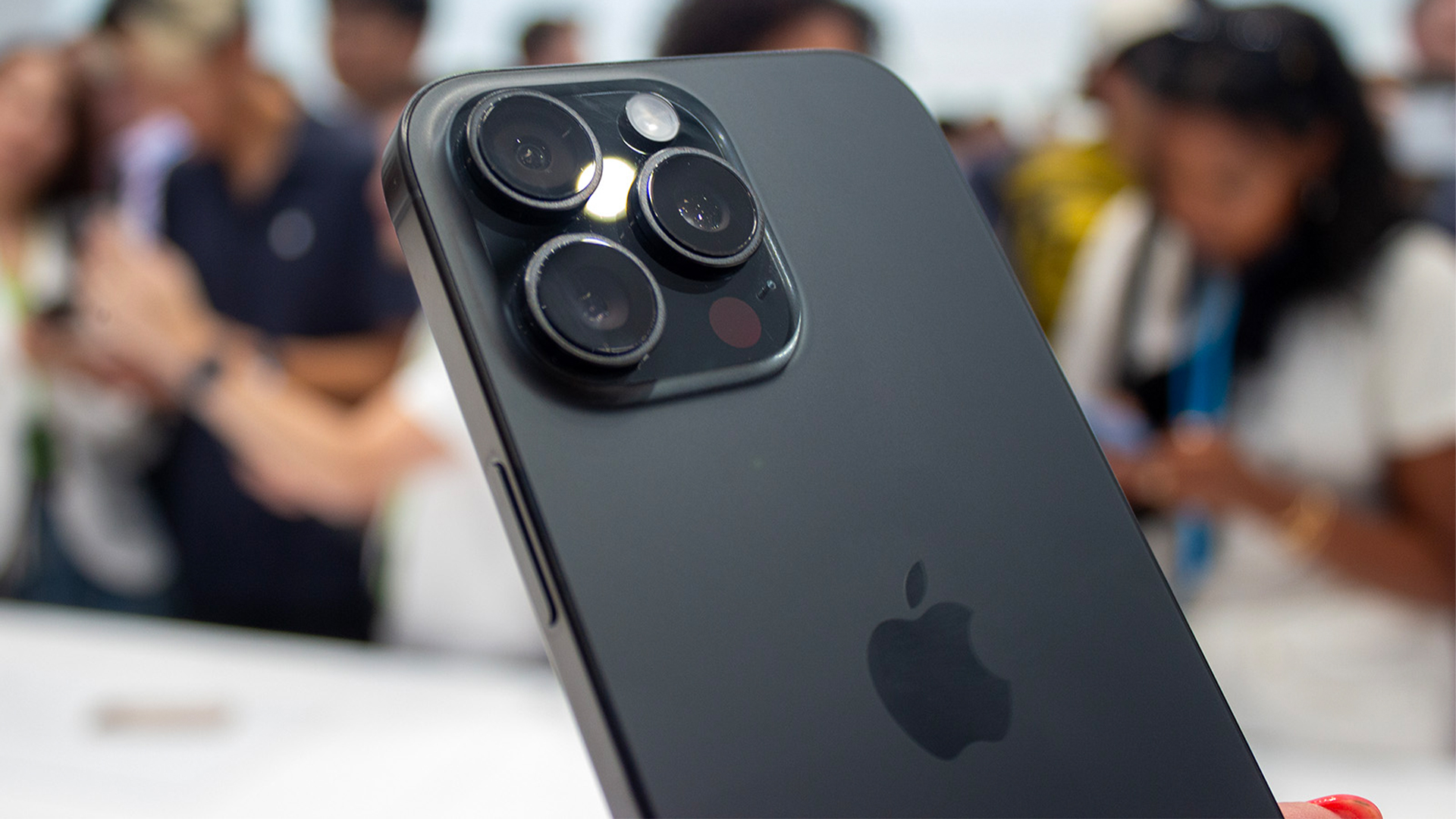
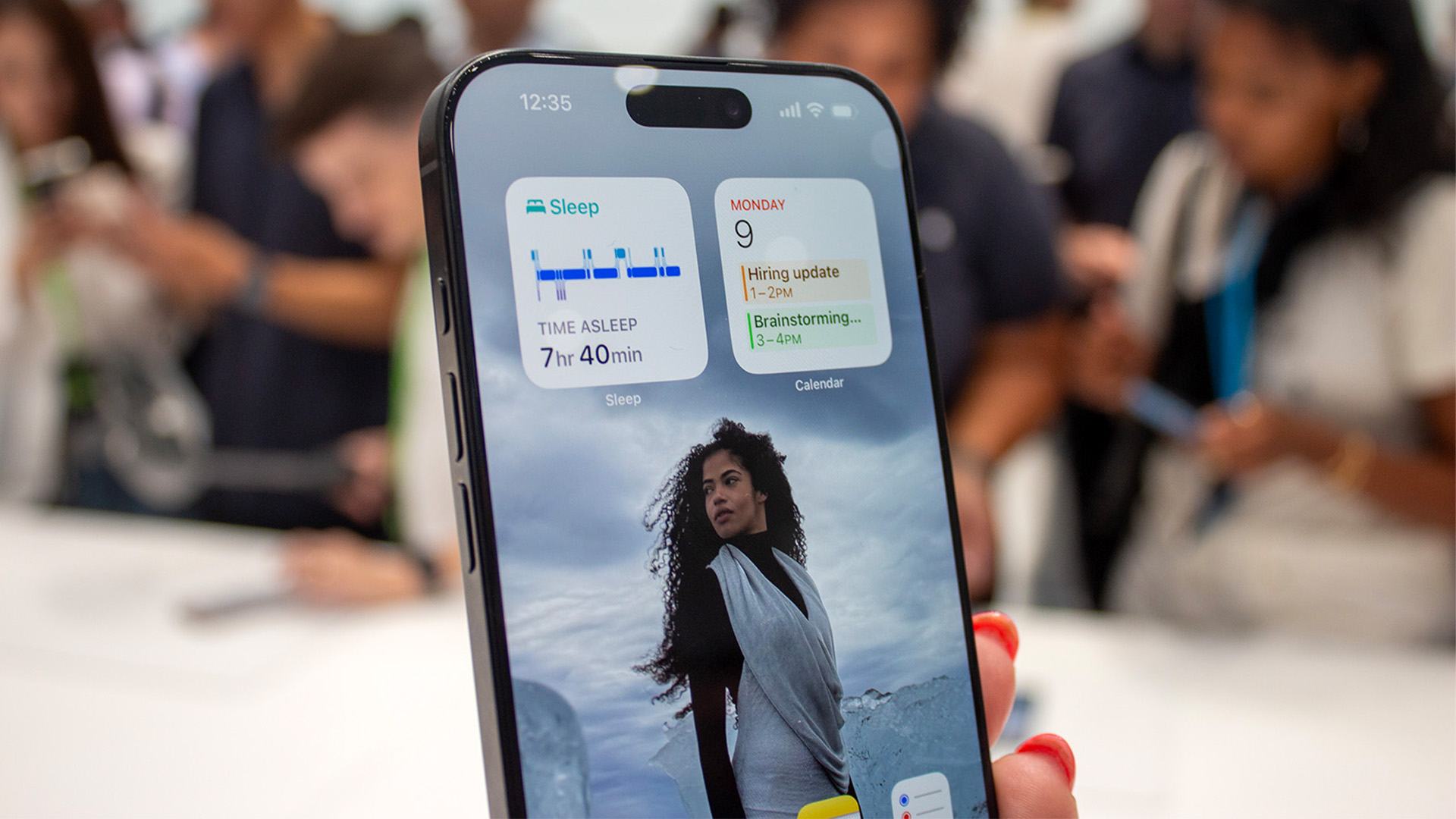
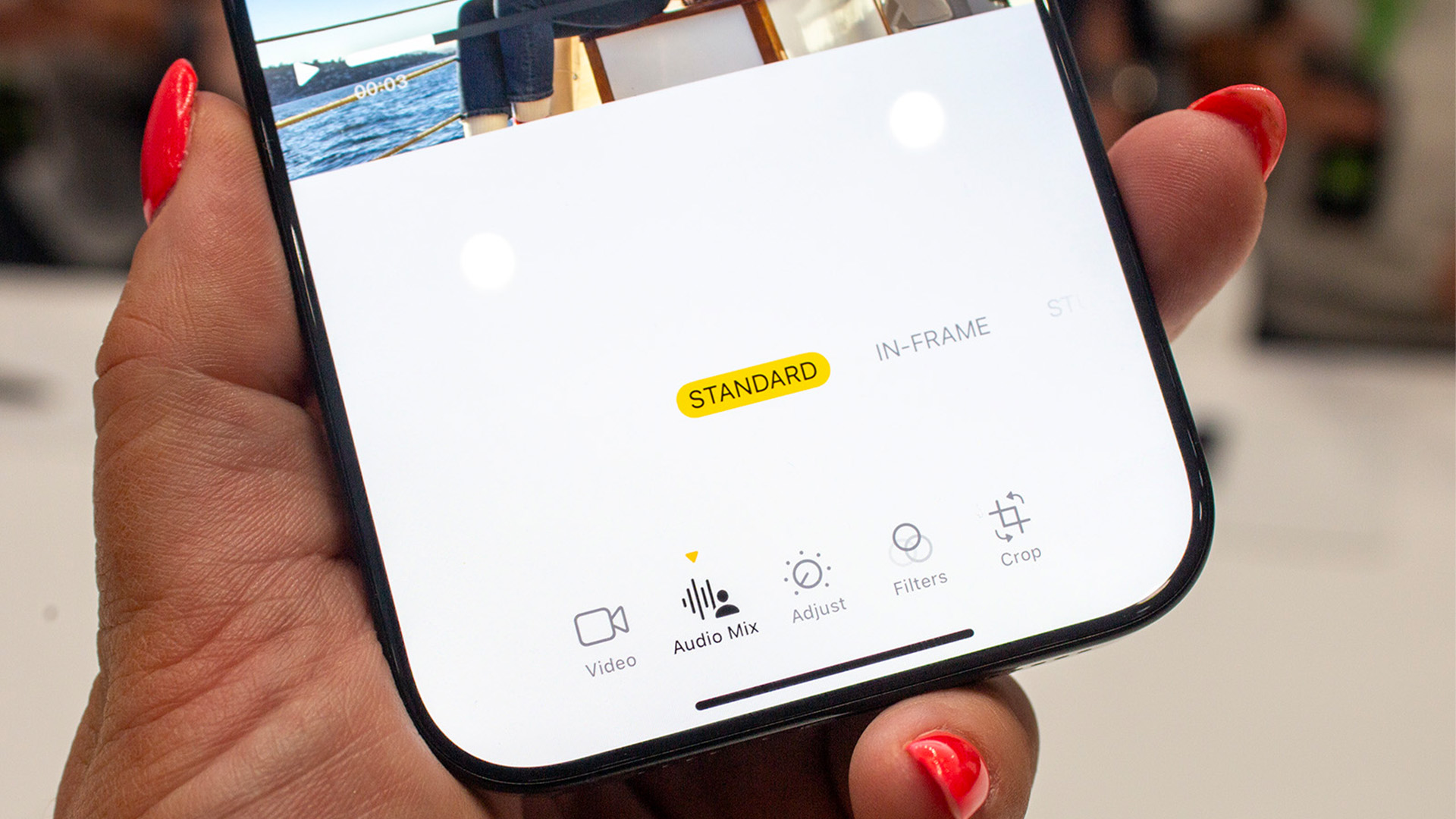
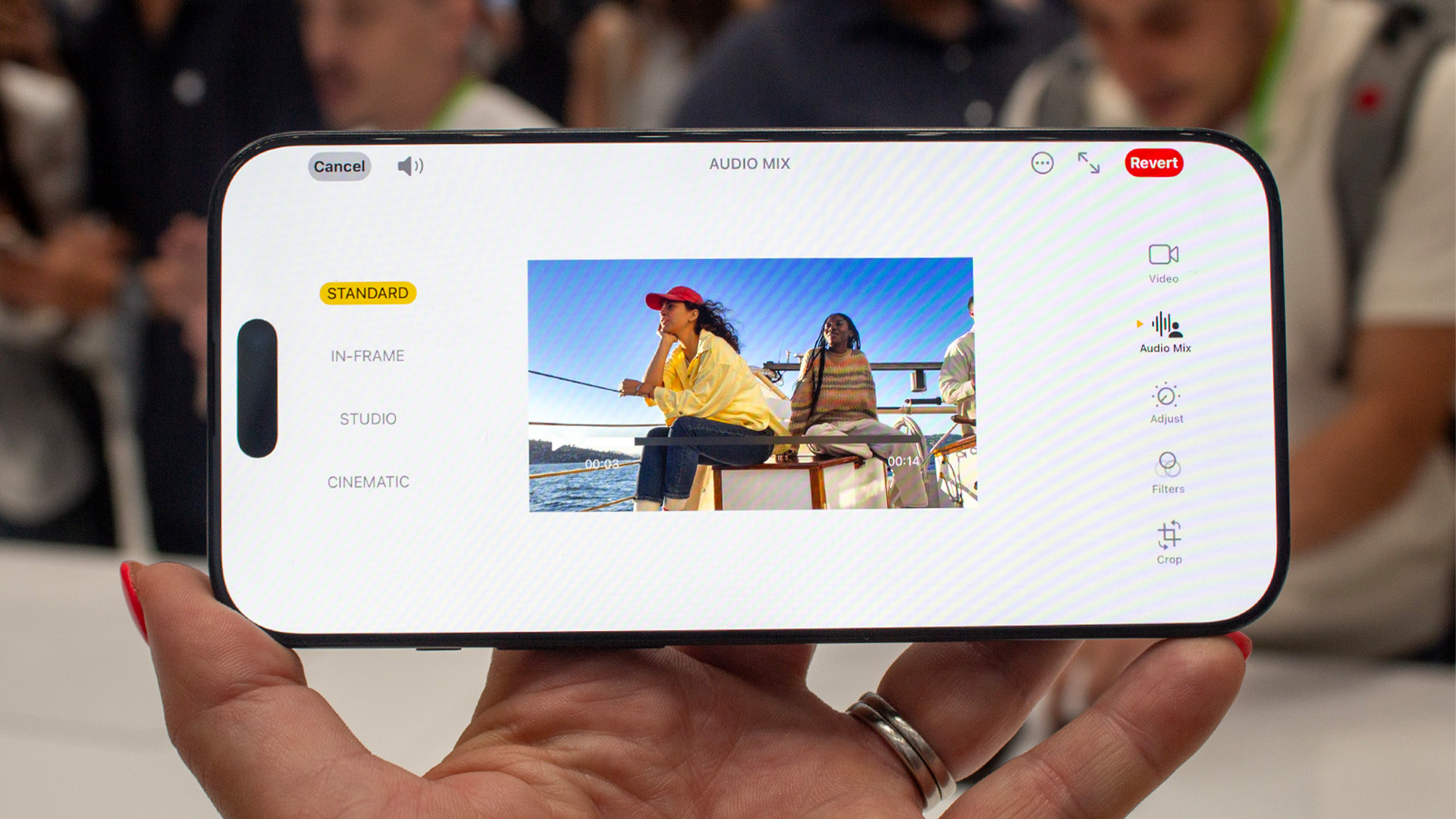
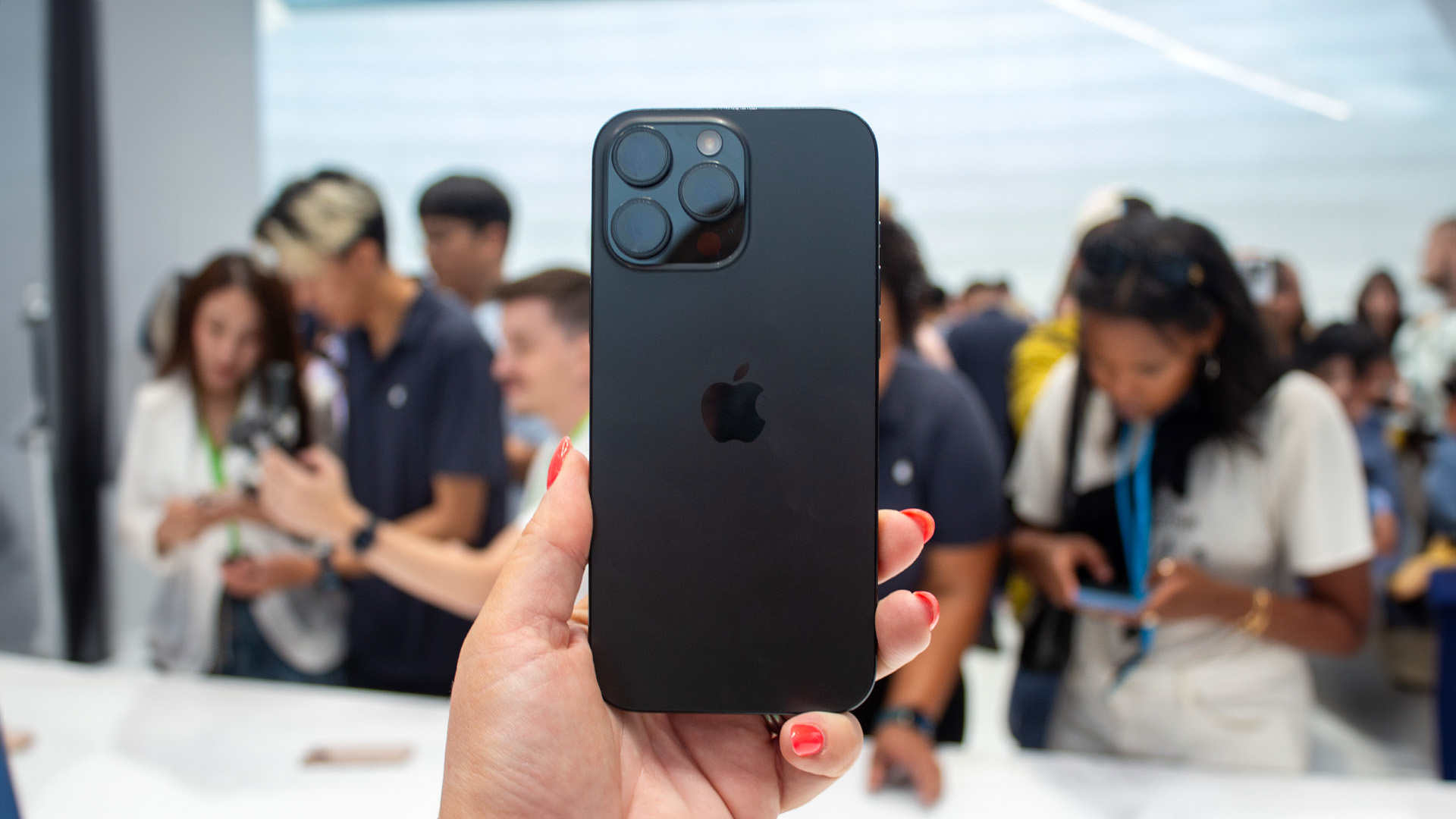
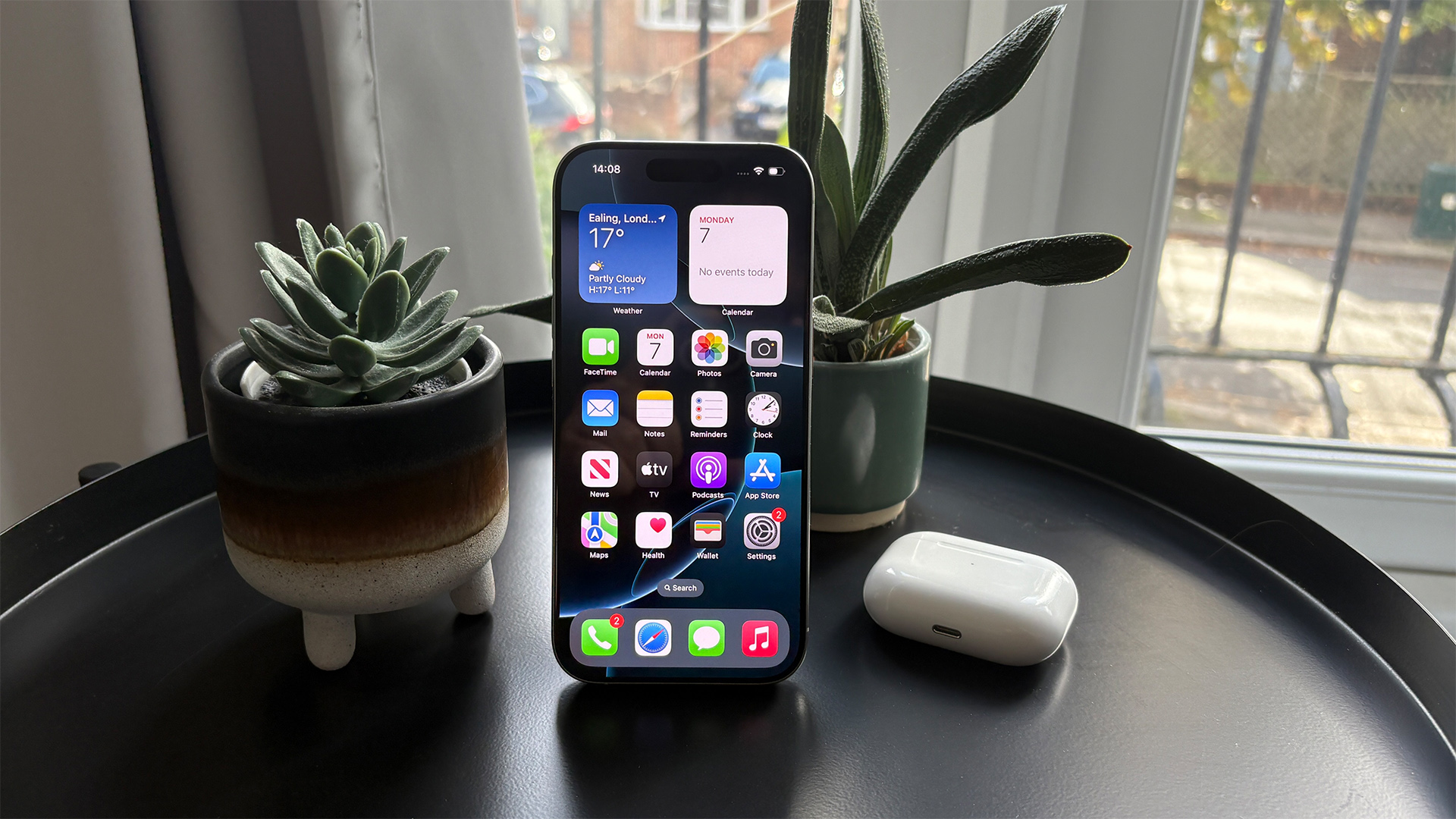
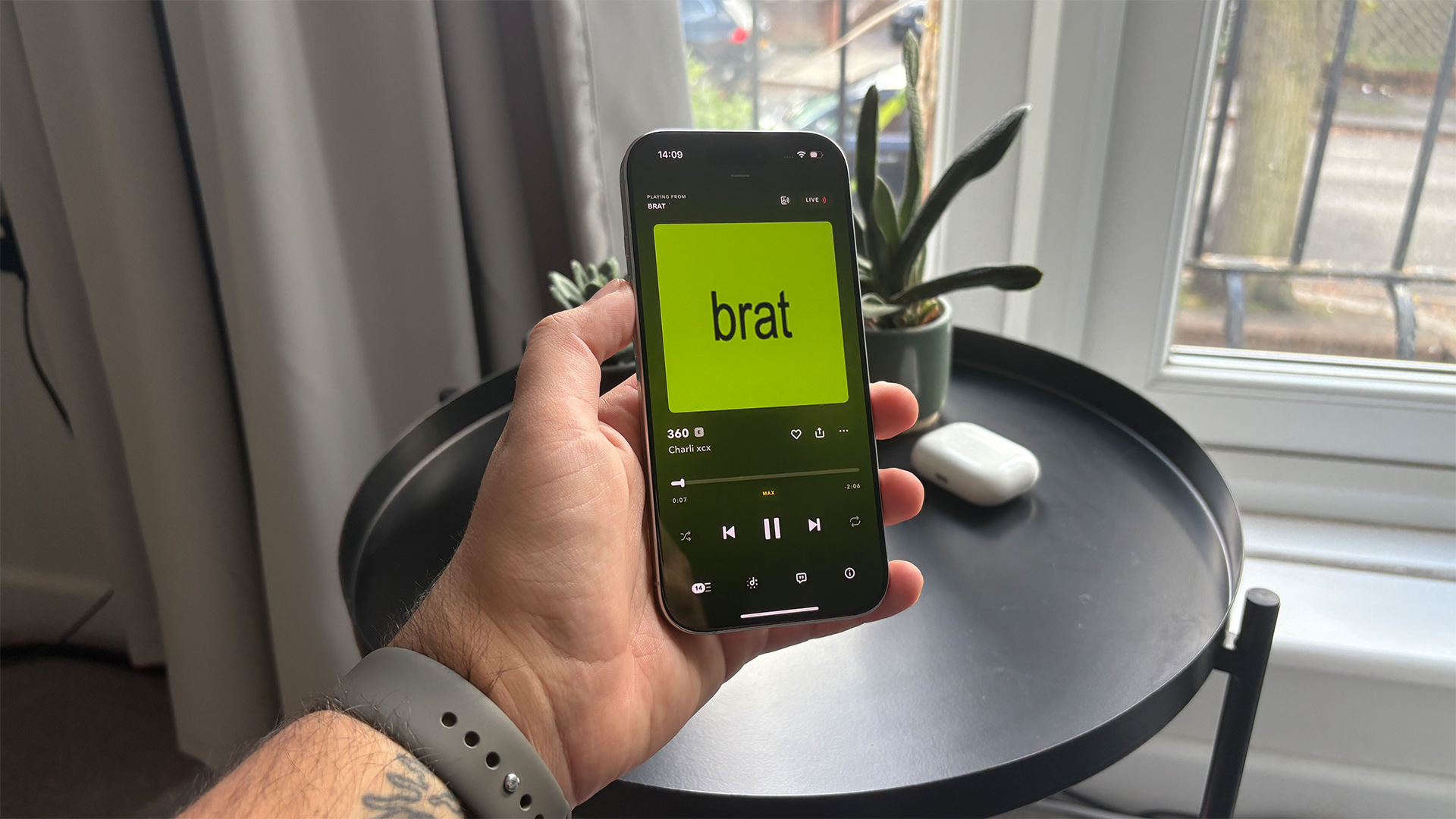
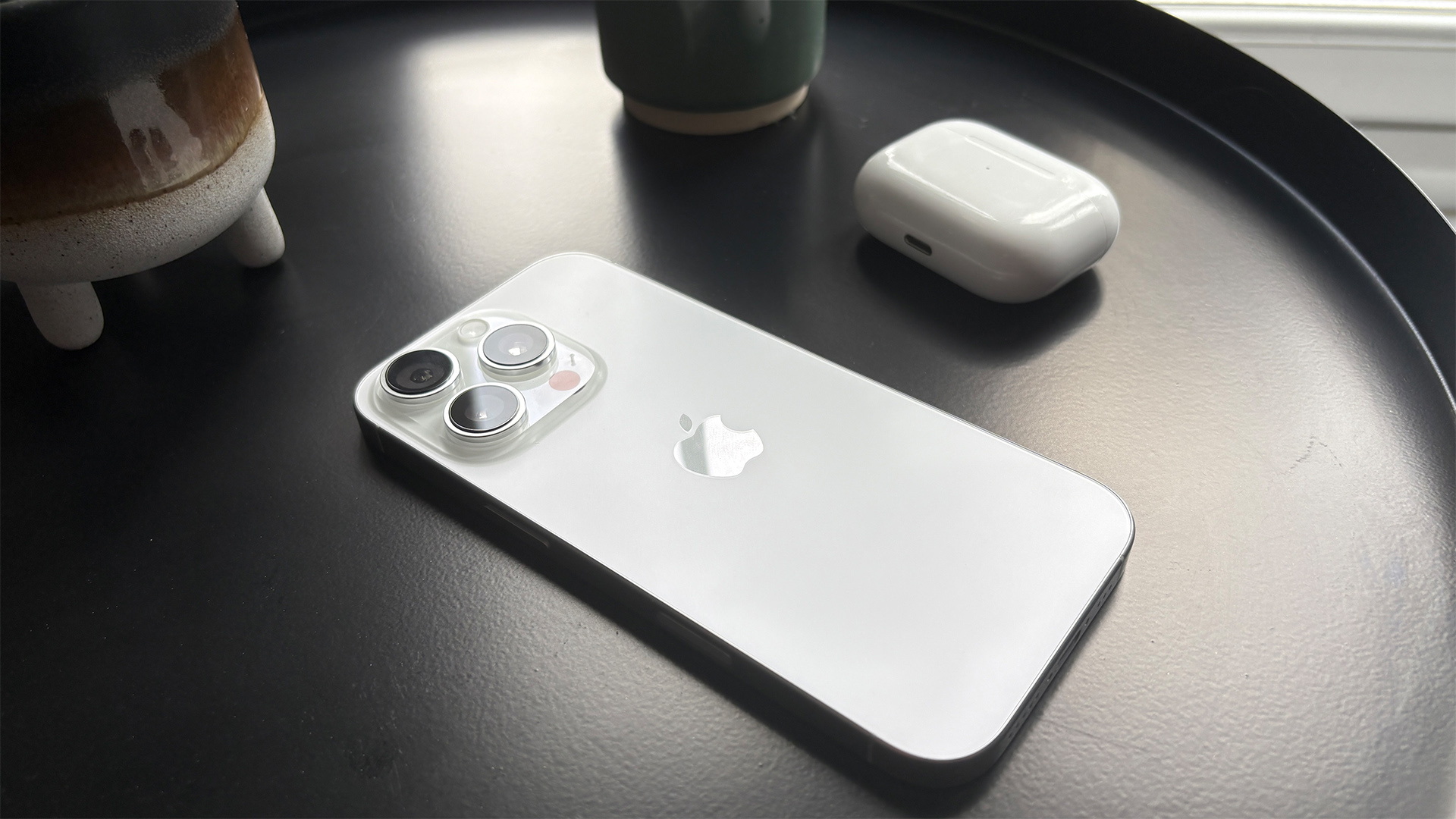
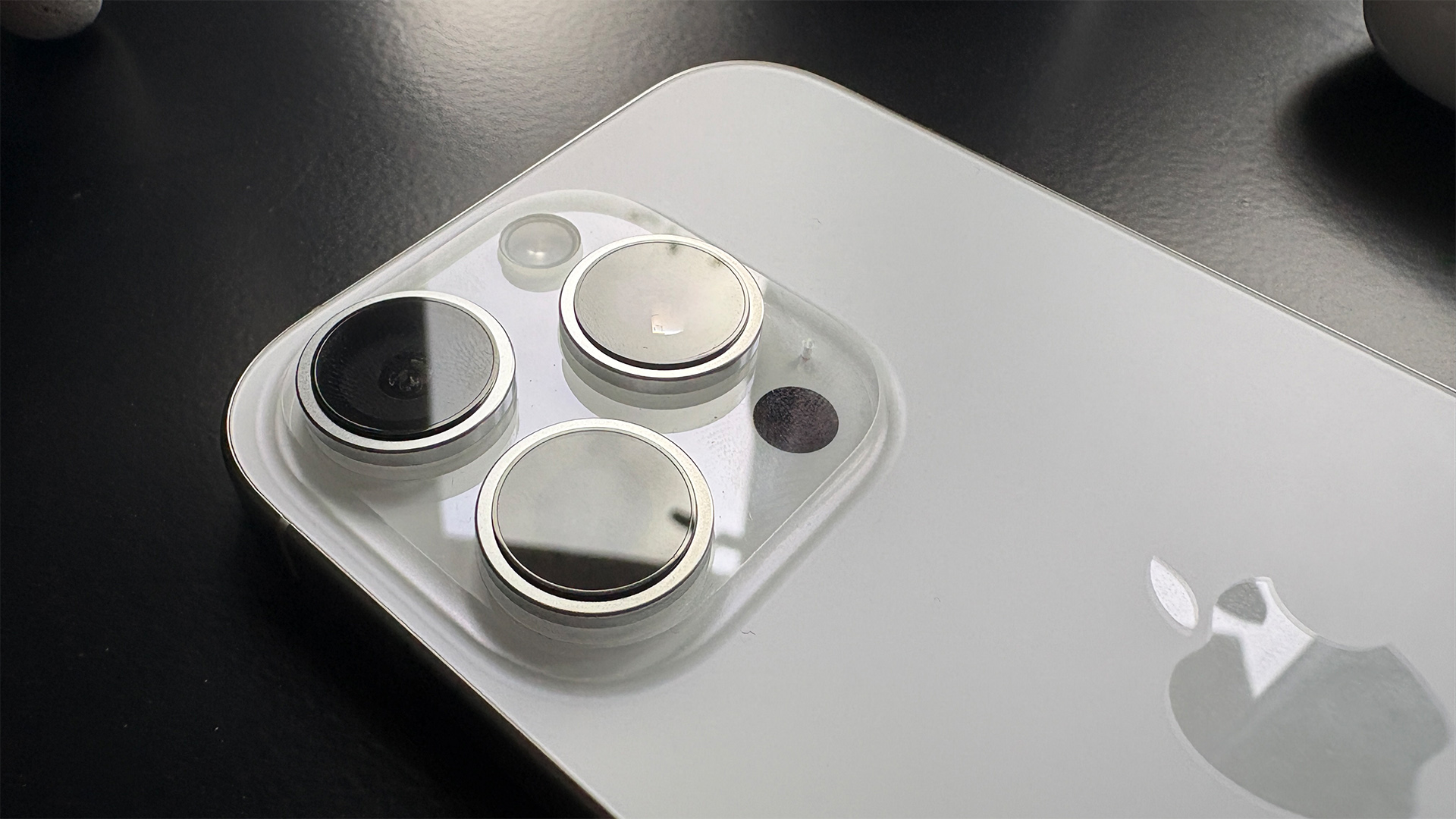
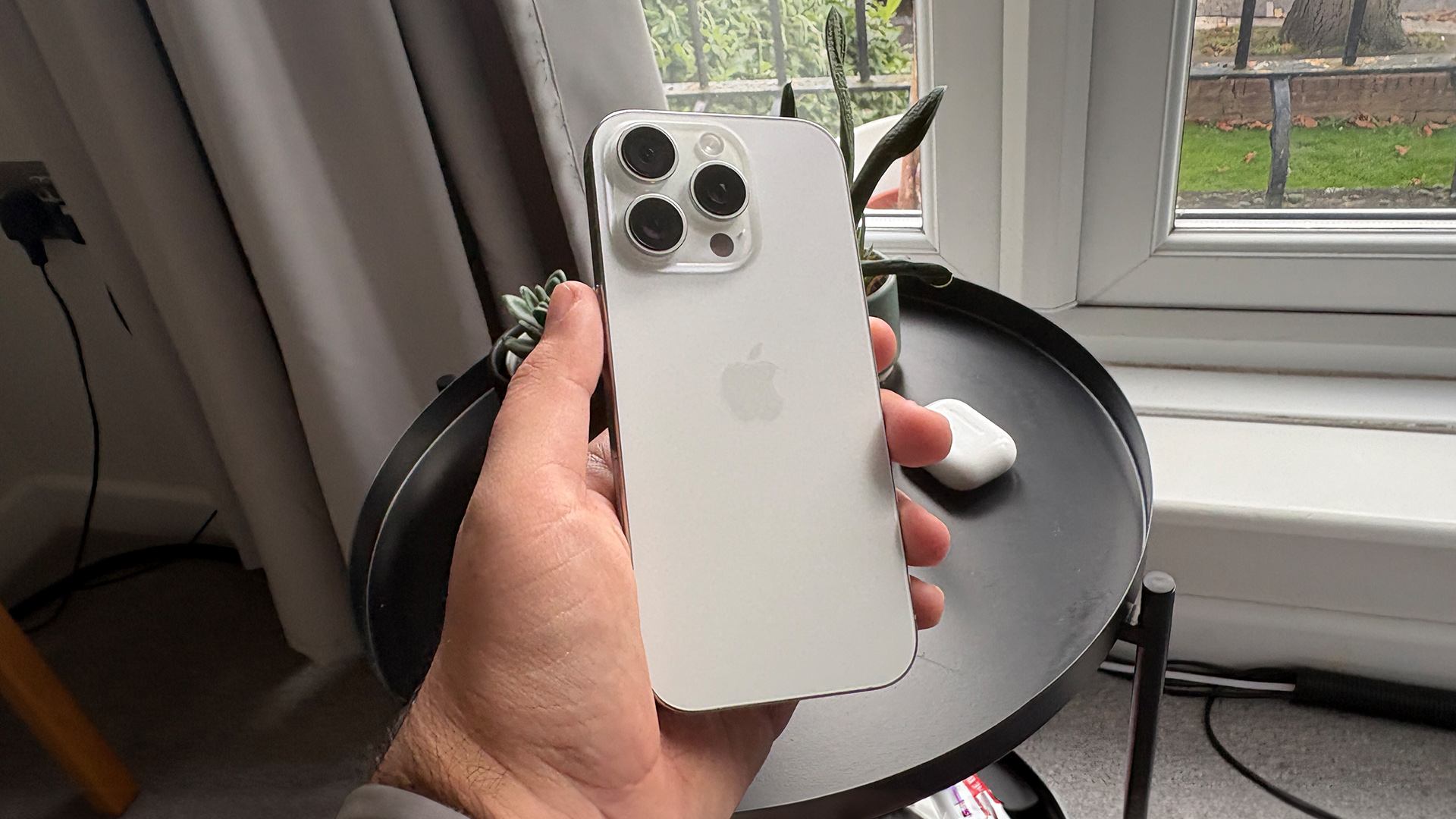
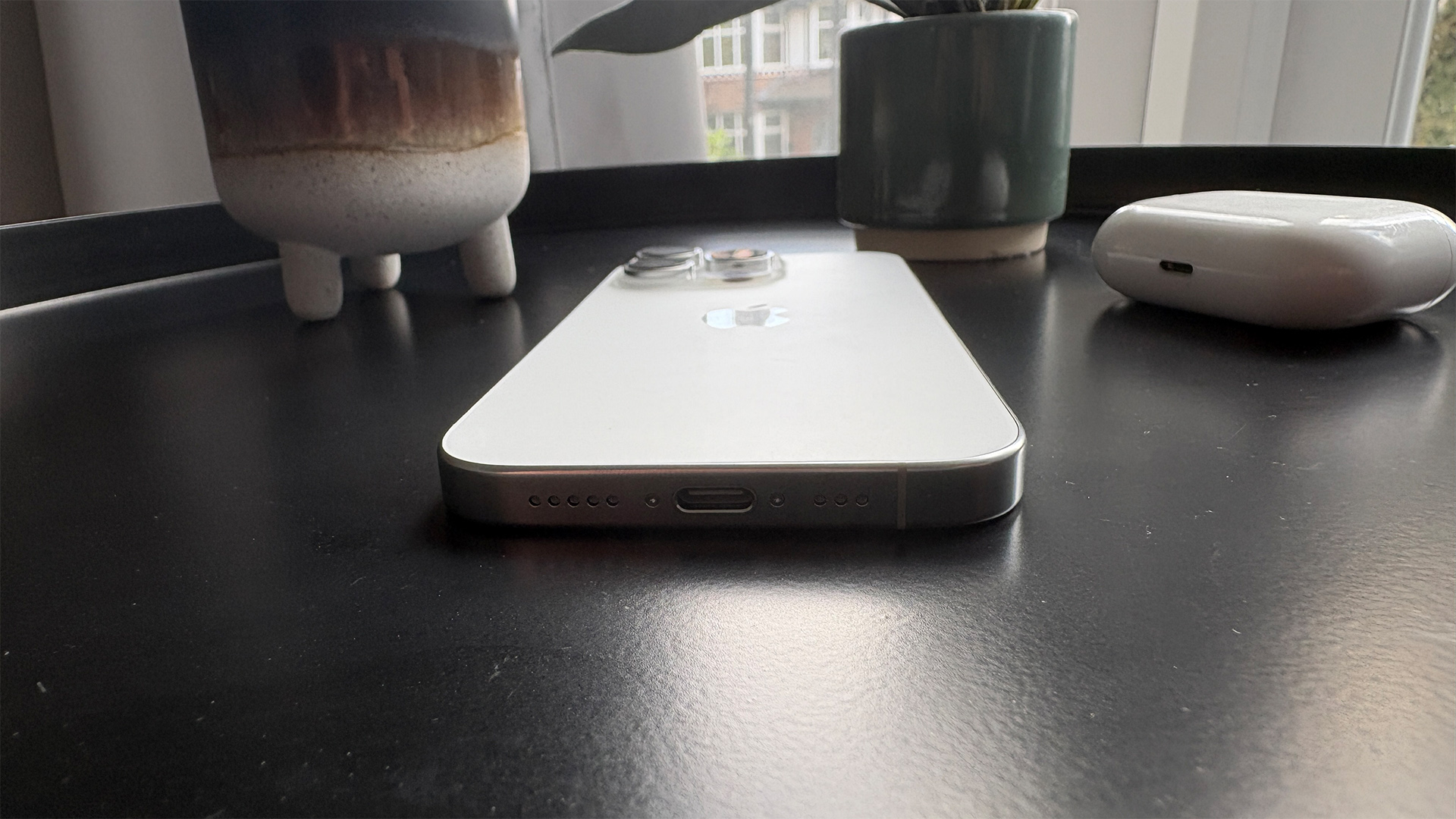
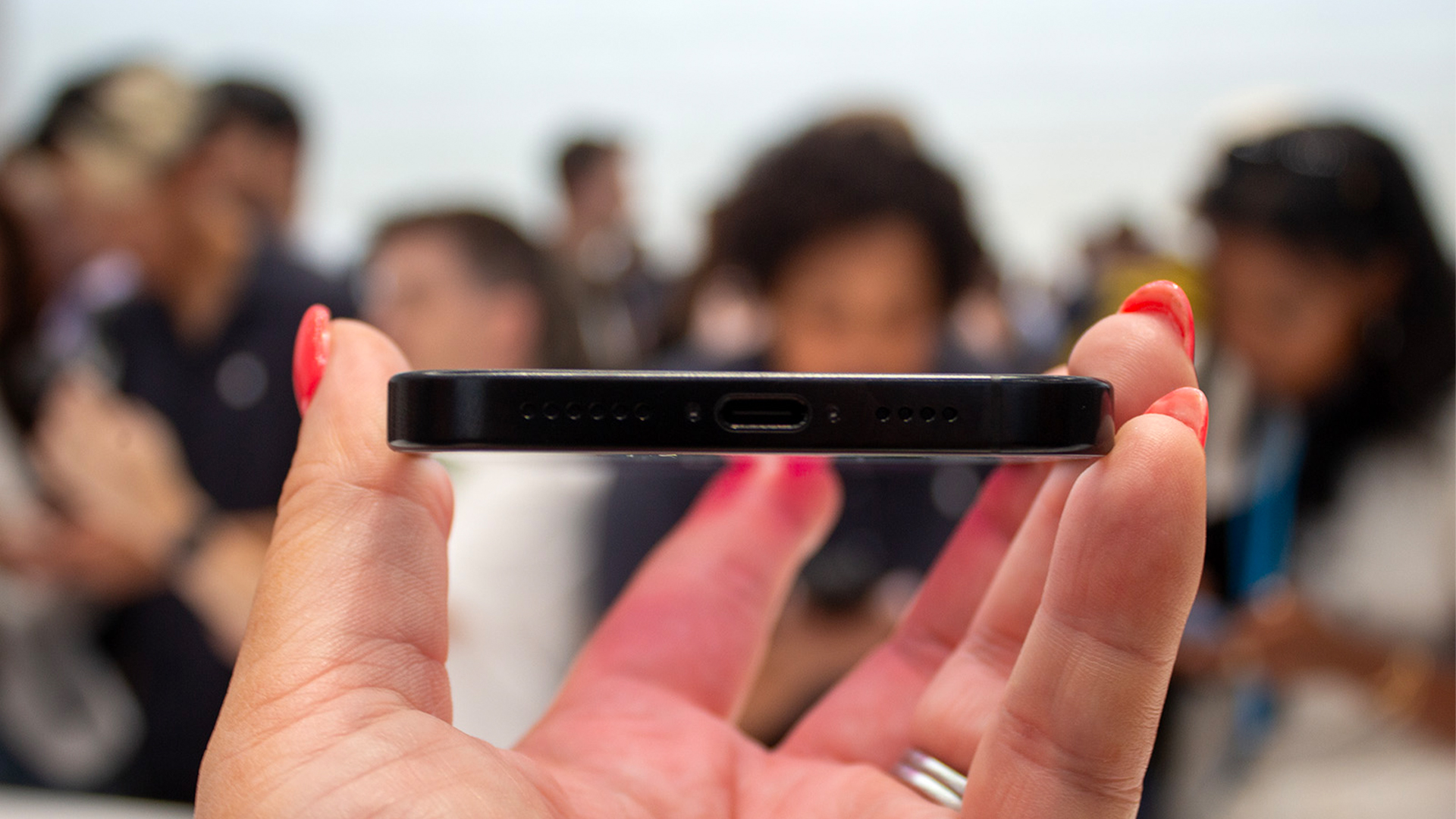
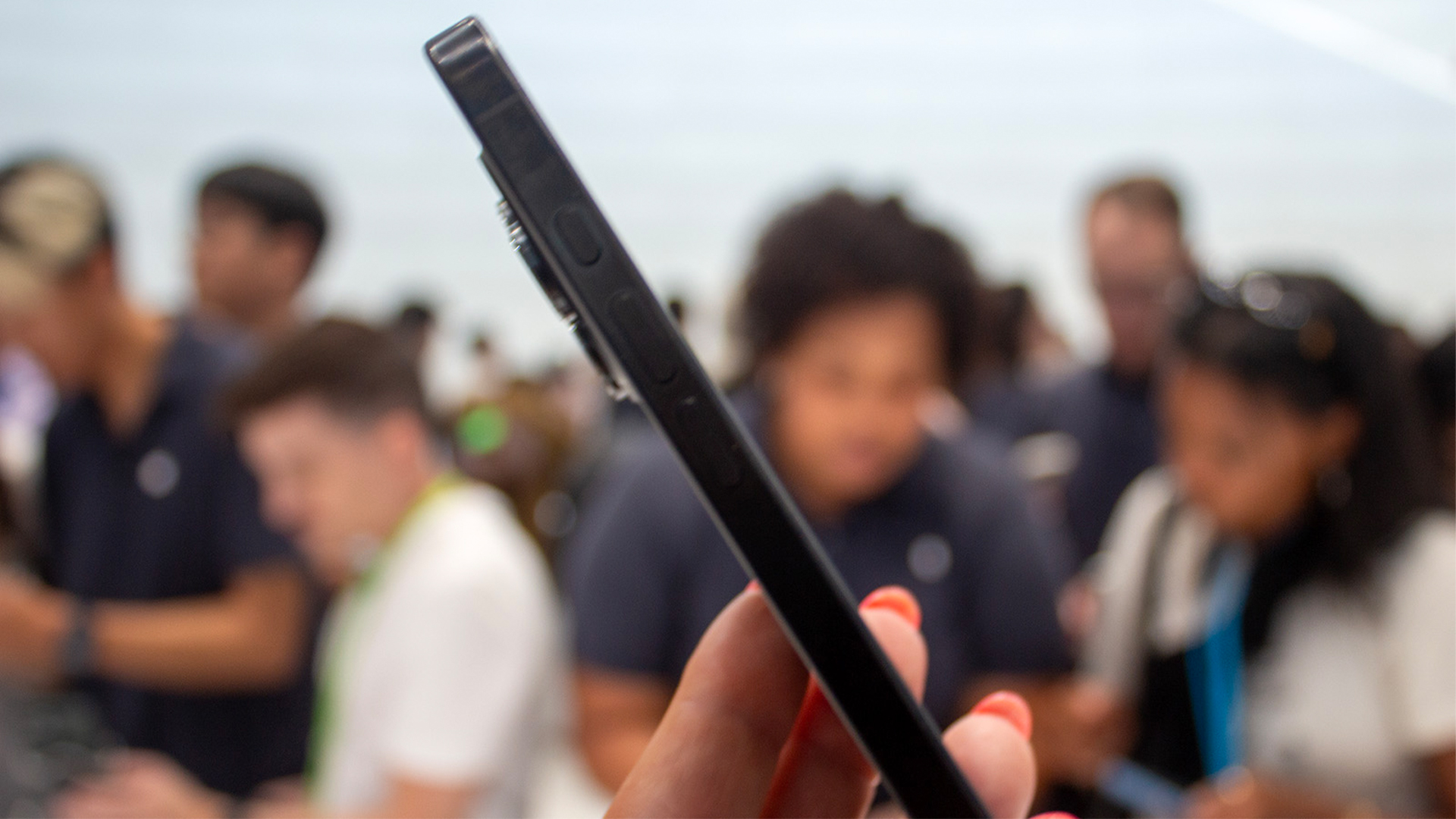
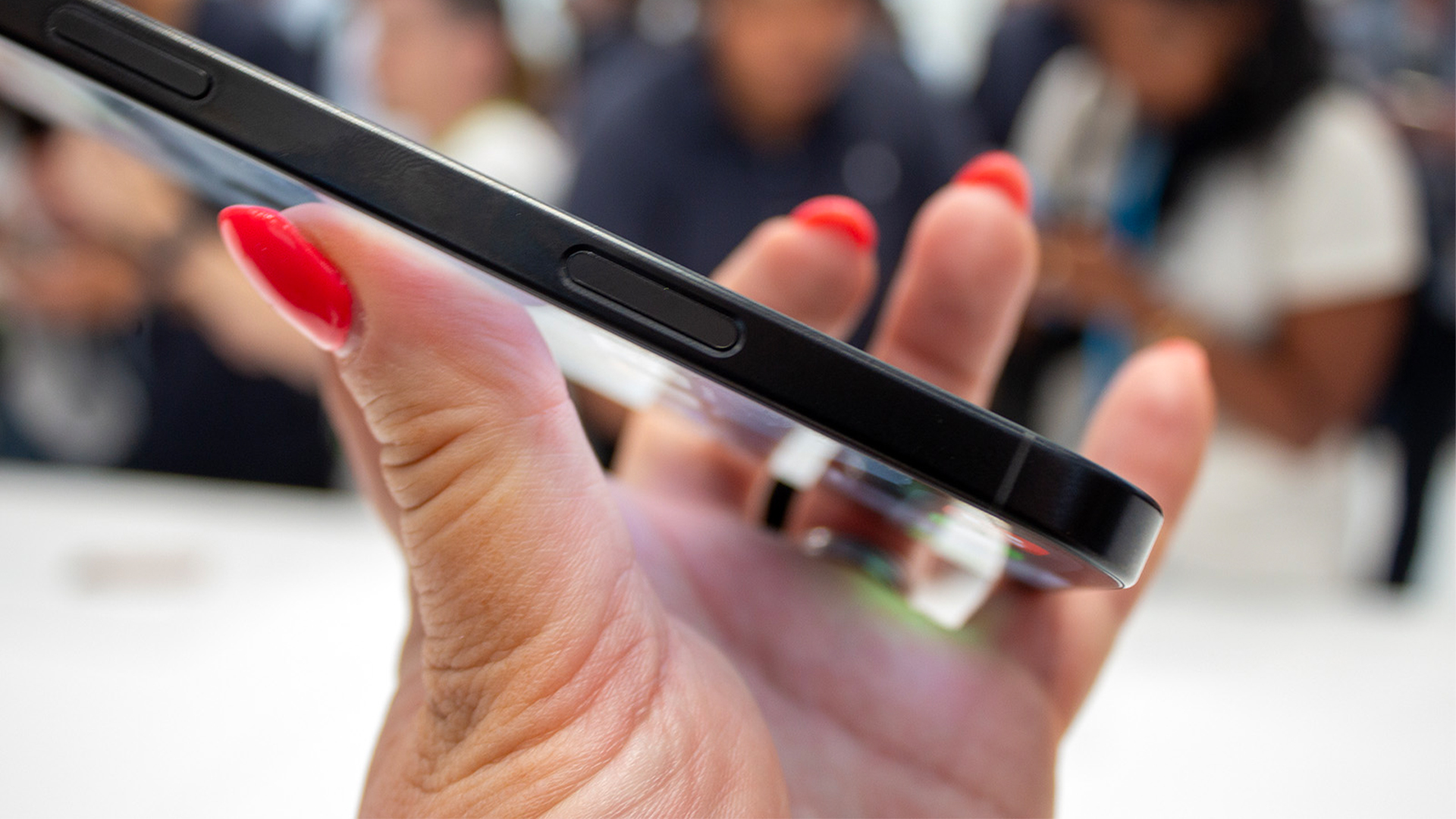
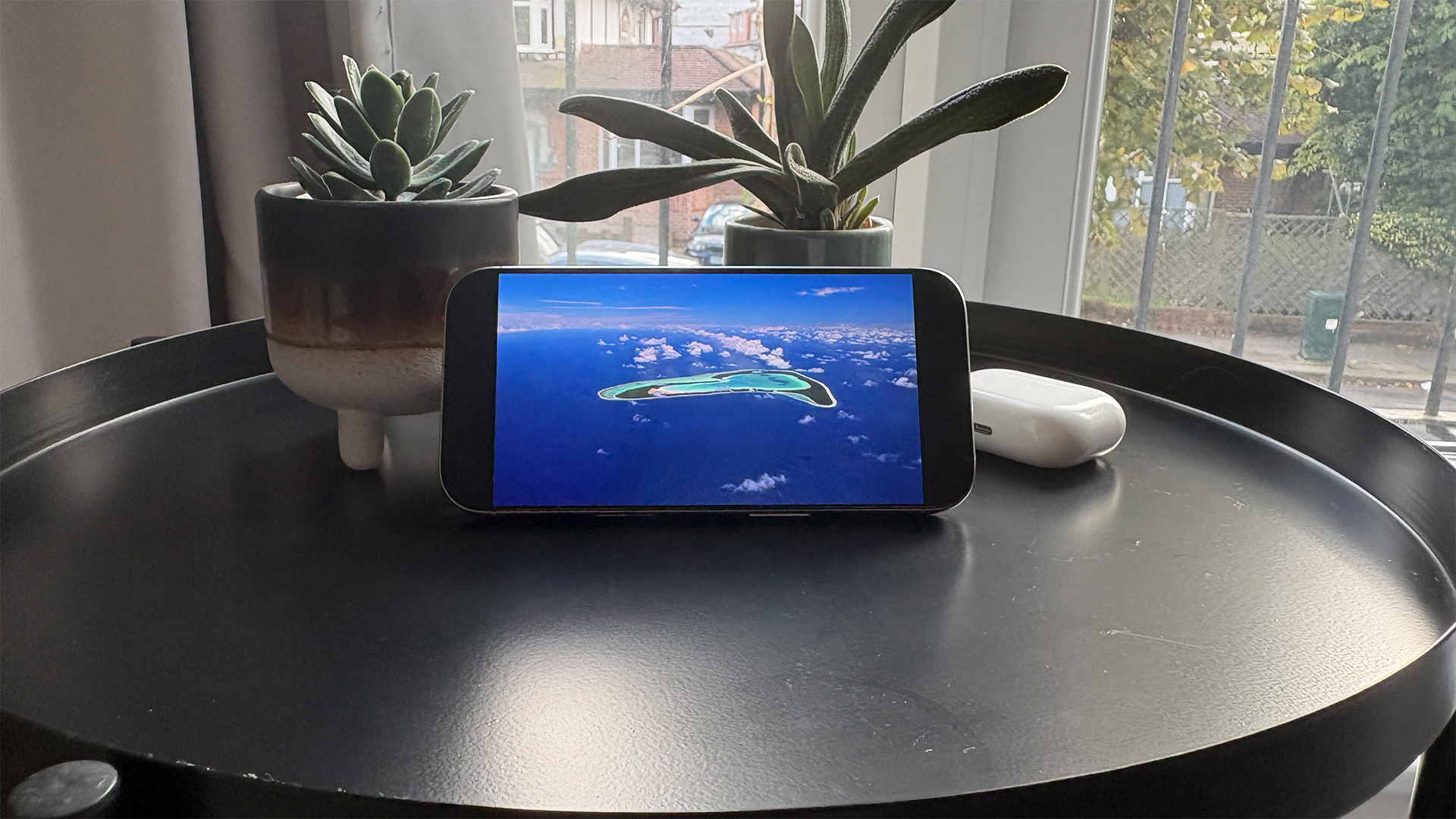
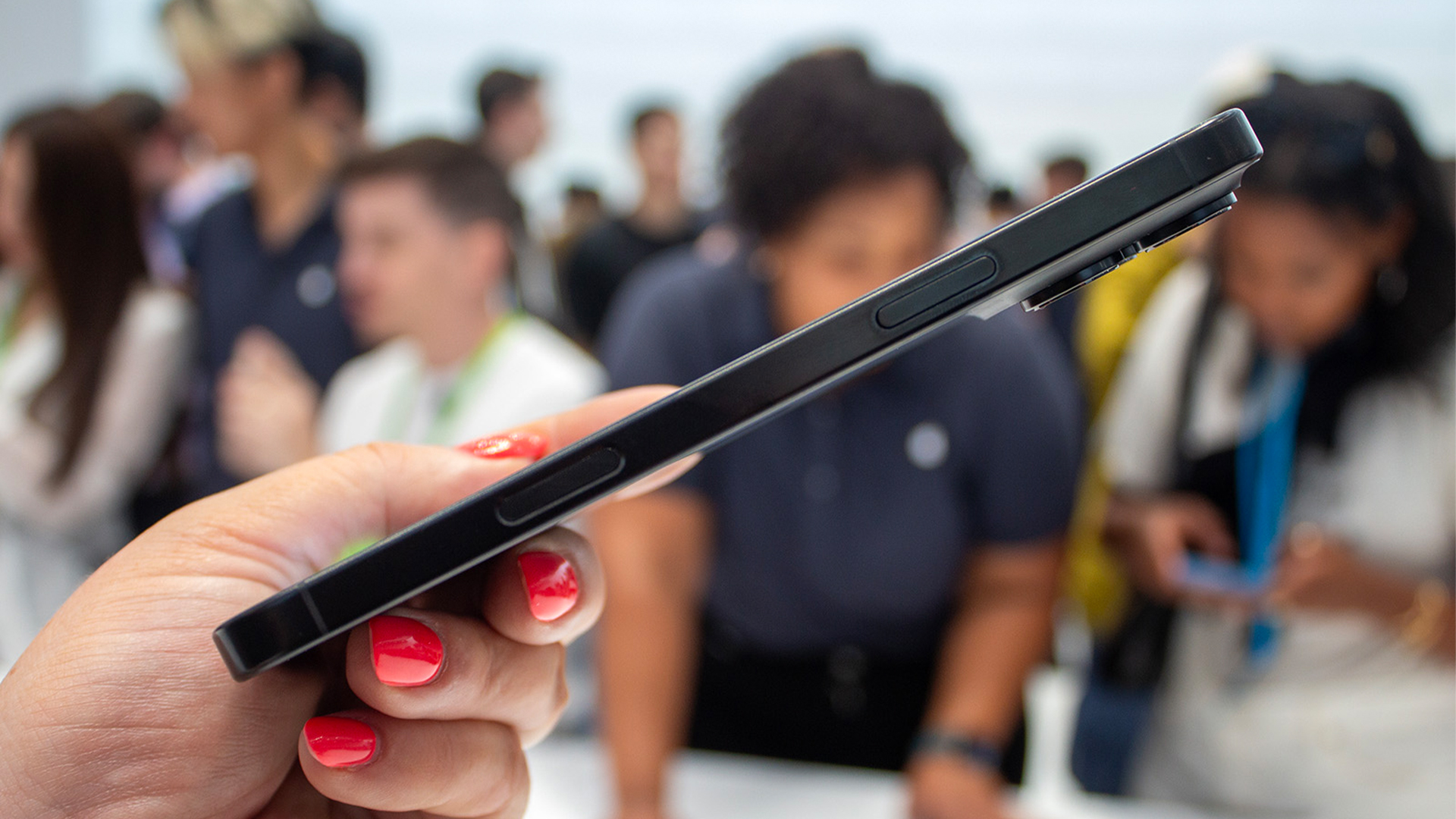
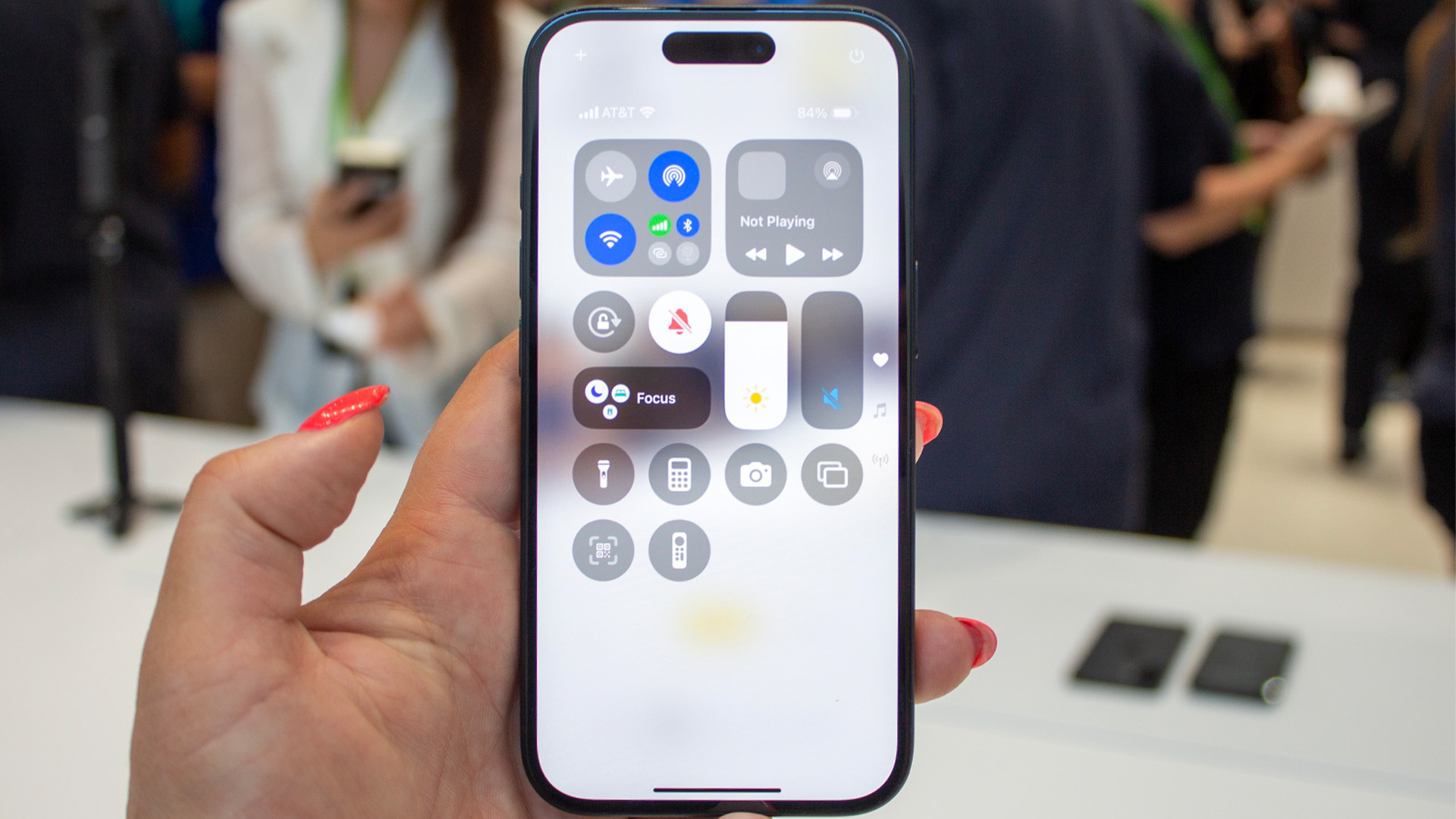
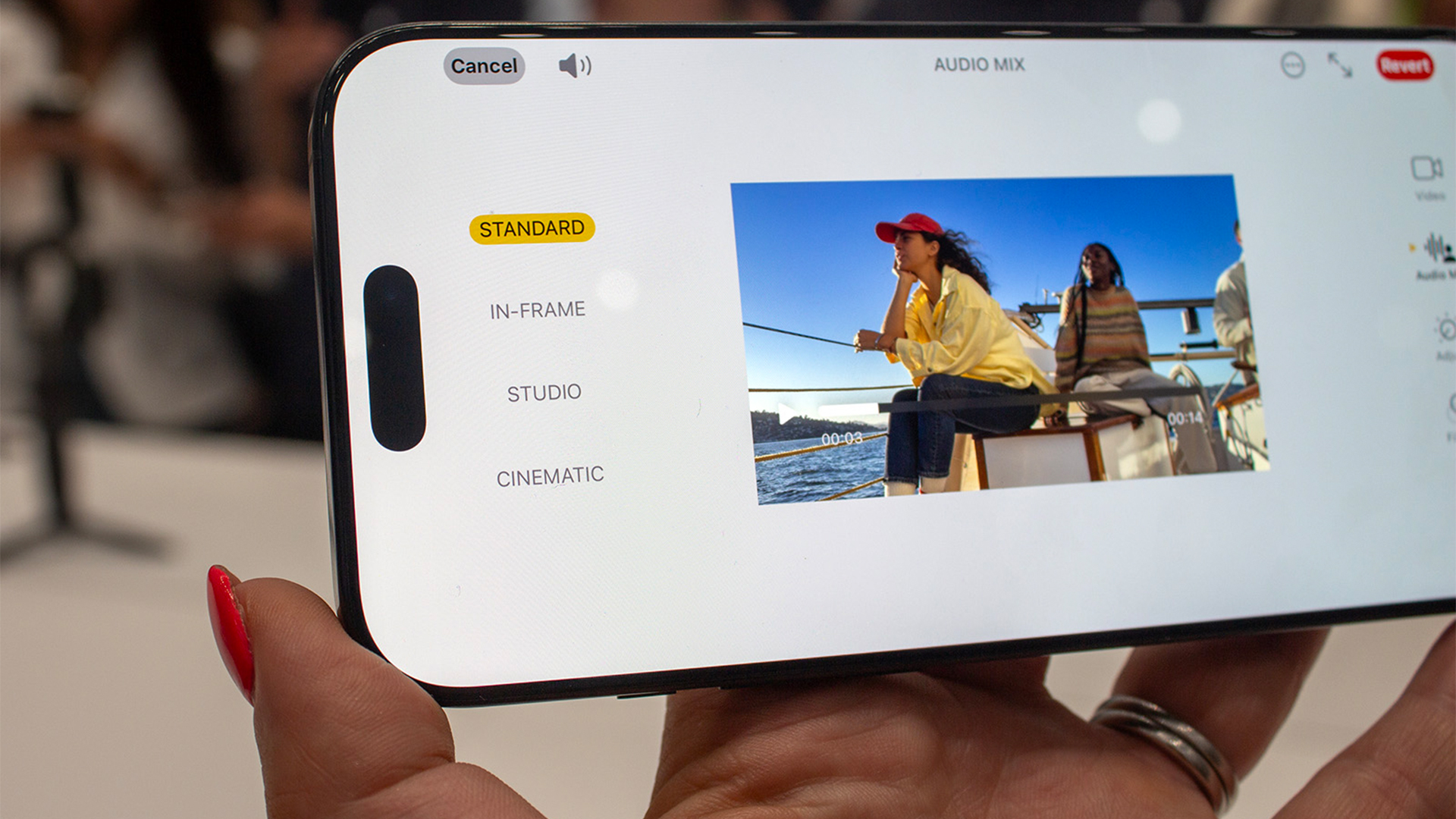
Specifications
Reasons to buy
Reasons to avoid
Like the bigger, pricier 16 Pro Max, the iPhone 16 Pro is powered by Apple's A18 Pro chip, alongside a 6-core CPU and GPU and a 16-core Neural Engine. And it shows.
It flies through the iOS 18 operating system, and doesn't struggle even with multiple processor-intensive apps running at once. You also get console-quality gaming courtesy of the GPU.
The screen is a bit bigger than the 15 Pro Max's, and with a variable refresh rate of 1-120Hz, it's able to conserve power on static images and show the fastest-moving movies and games with no blurring. The always-on feature is a neat addition too, especially if you're using your phone as a bedside clock.
In terms of picture quality, the iPhone 16 Pro is noticeably better than the standard iPhone 16 at handling brighter sections of the picture, losing less detail around the brightest spots. As a whole, the picture is rich and punchy, and beautifully balanced, while motion remains as smooth as it comes.
The 16 Pro is also the best-sounding phone we've heard all year. It's typically warm, smooth and dynamic, but with an extra level of detail that's missing from previous iPhones.
Read the full Apple iPhone 16 Pro review
Best big-screen value
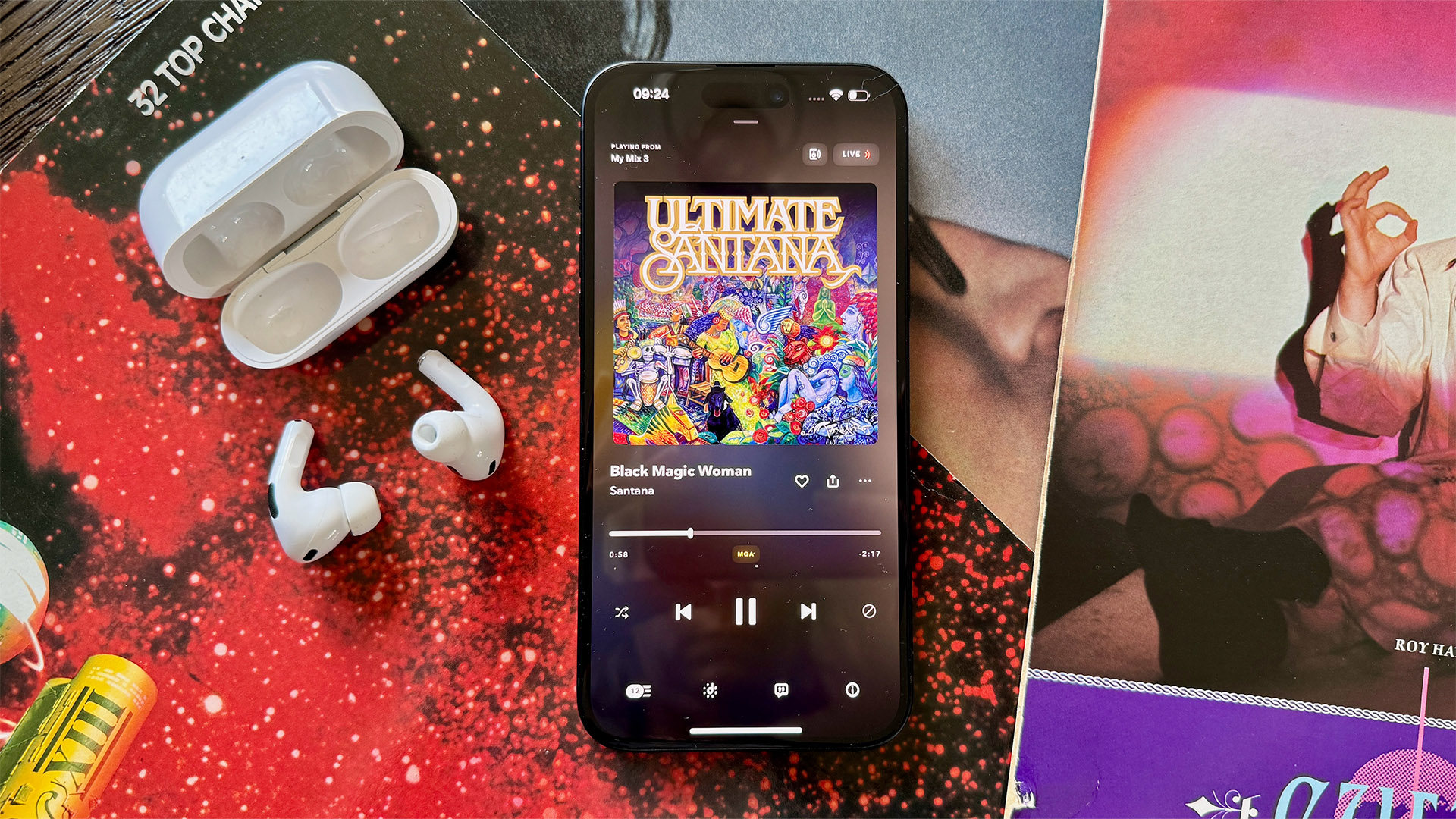
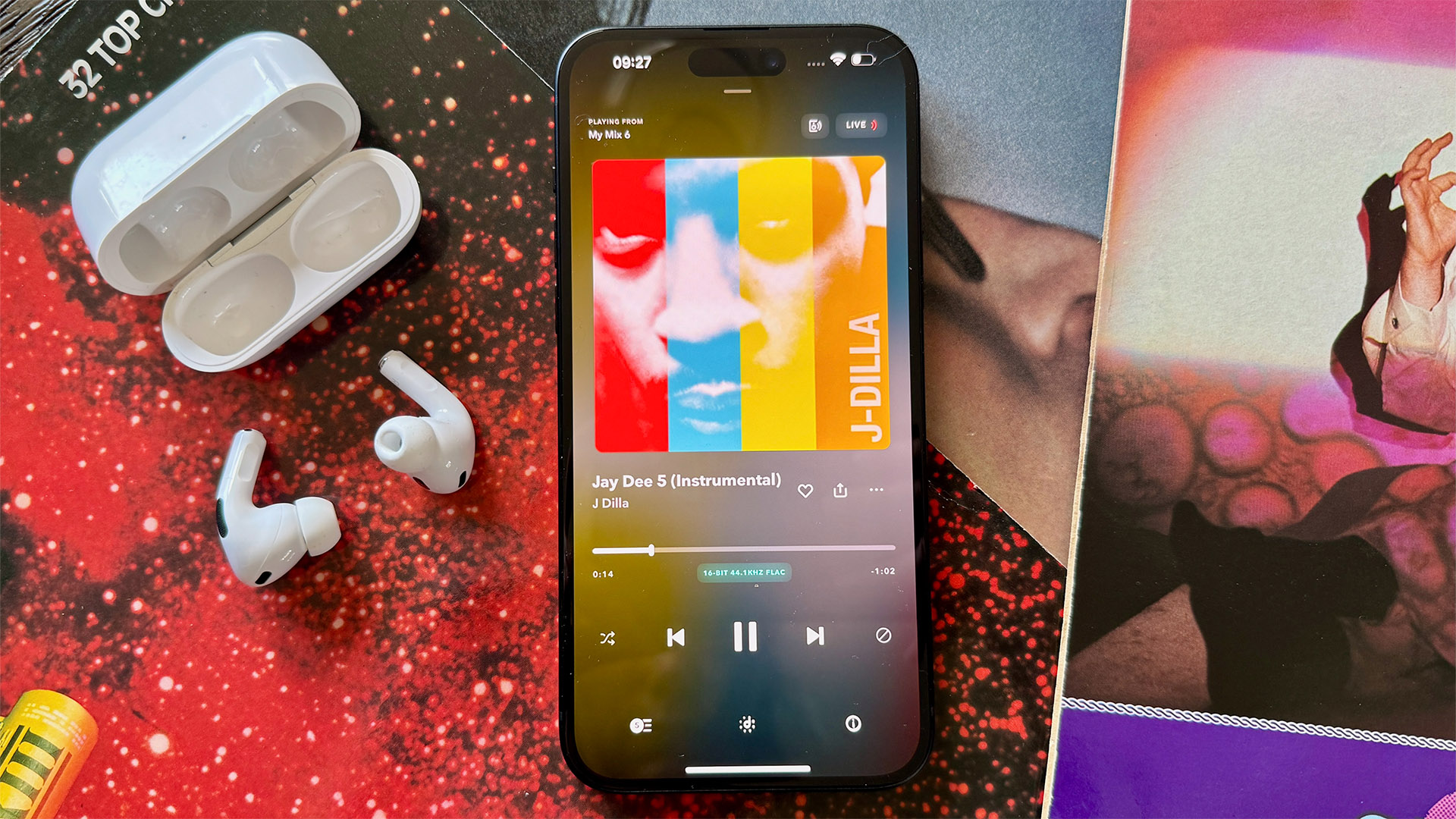
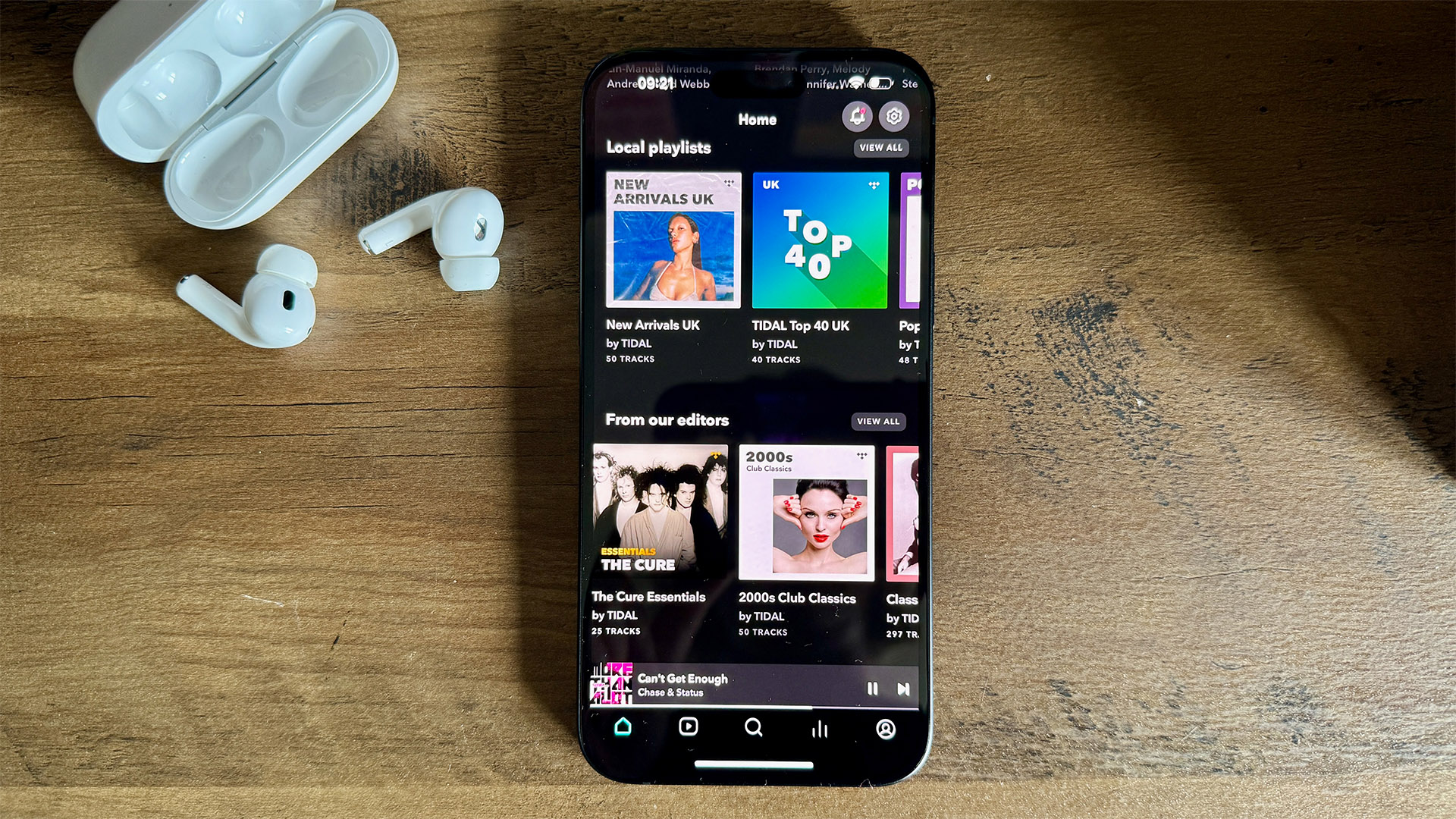
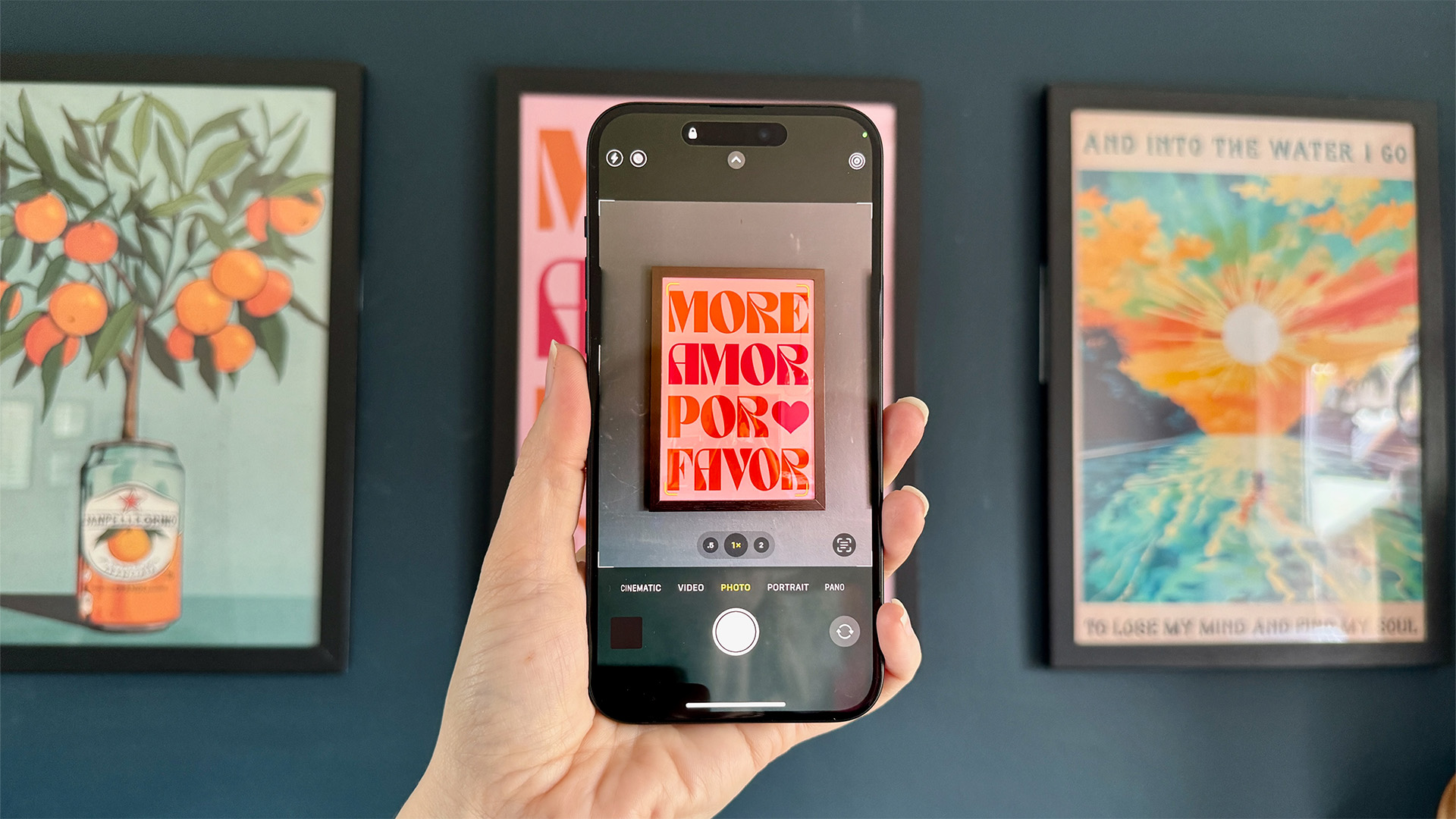
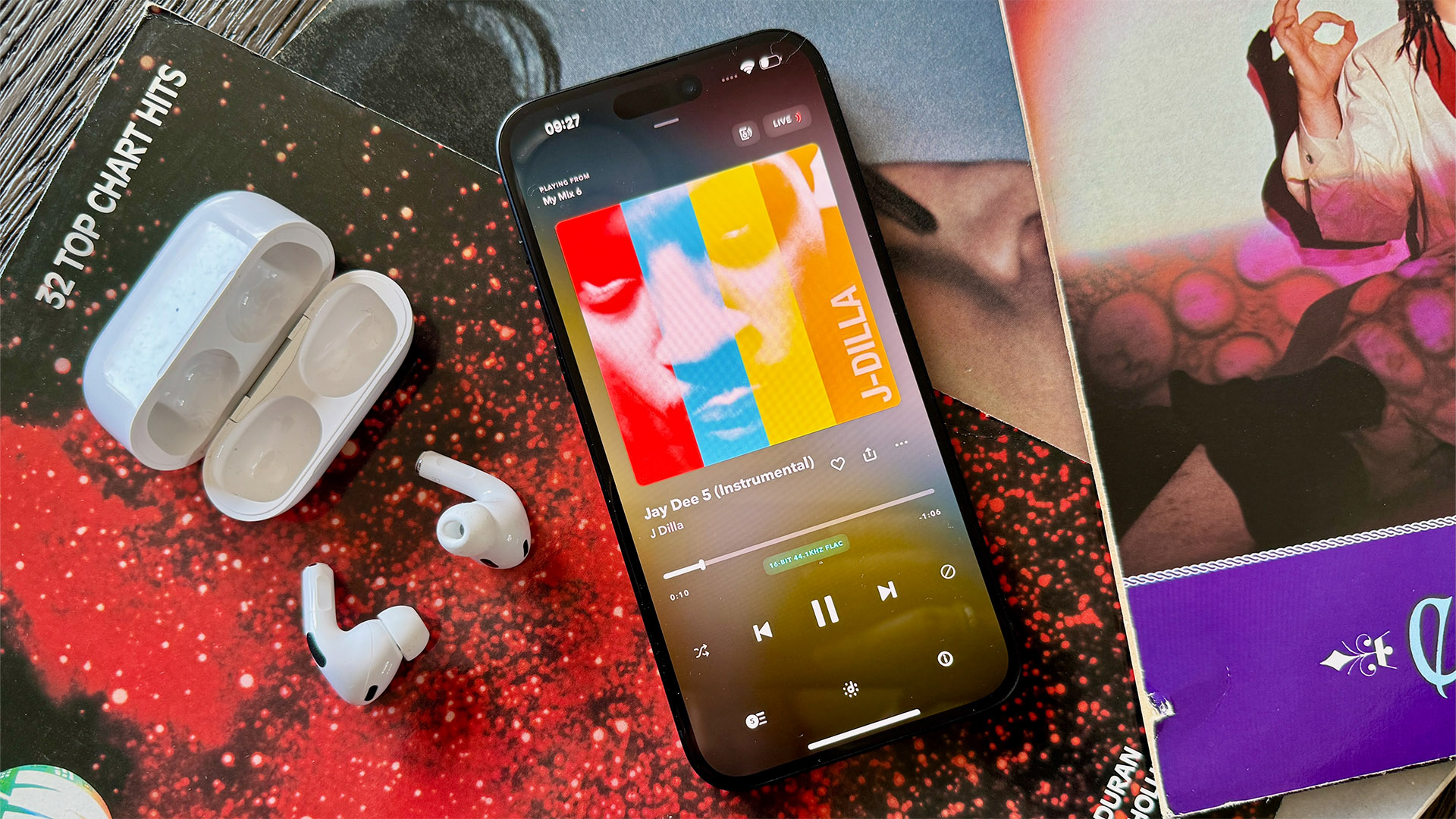
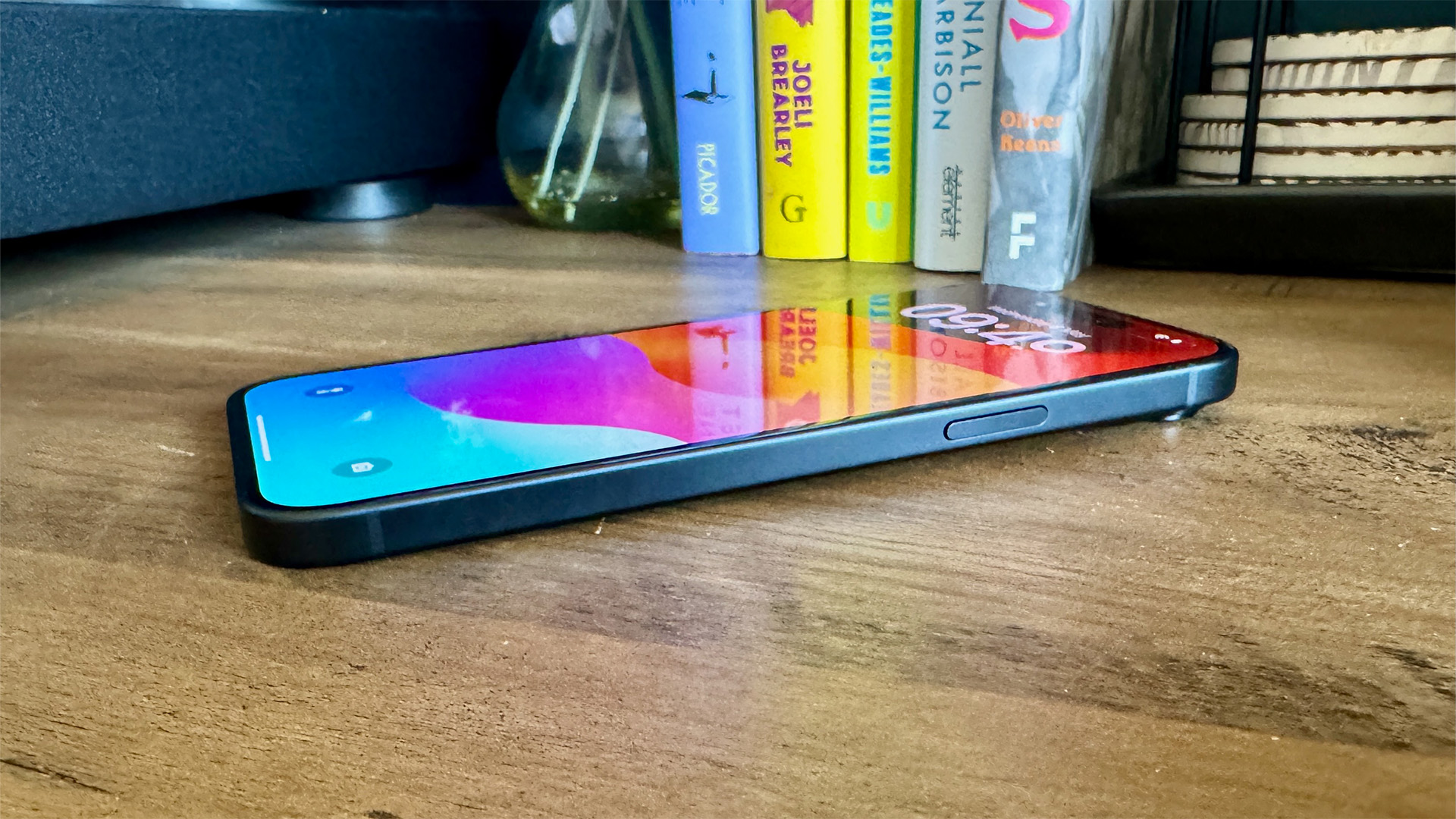
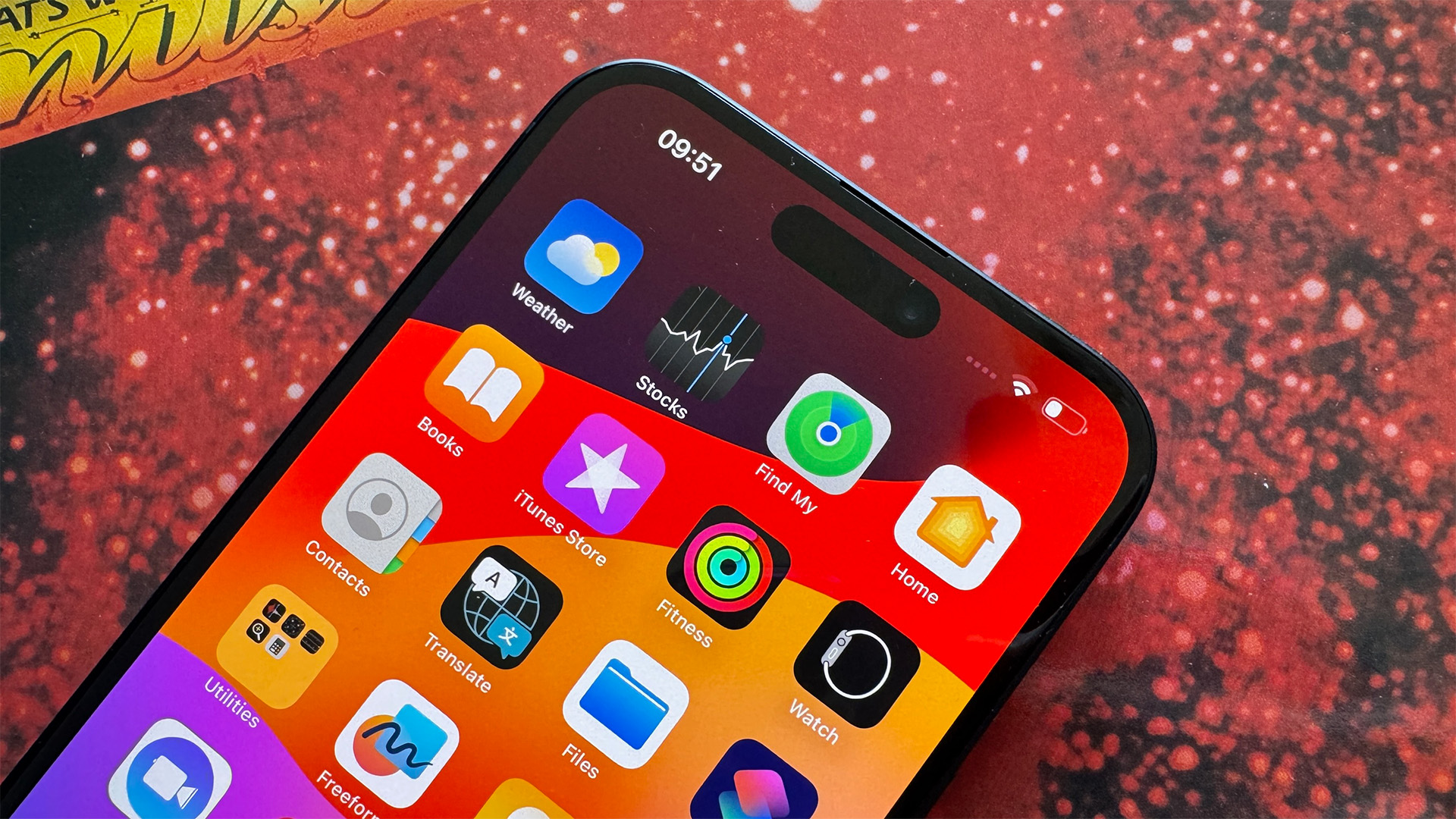
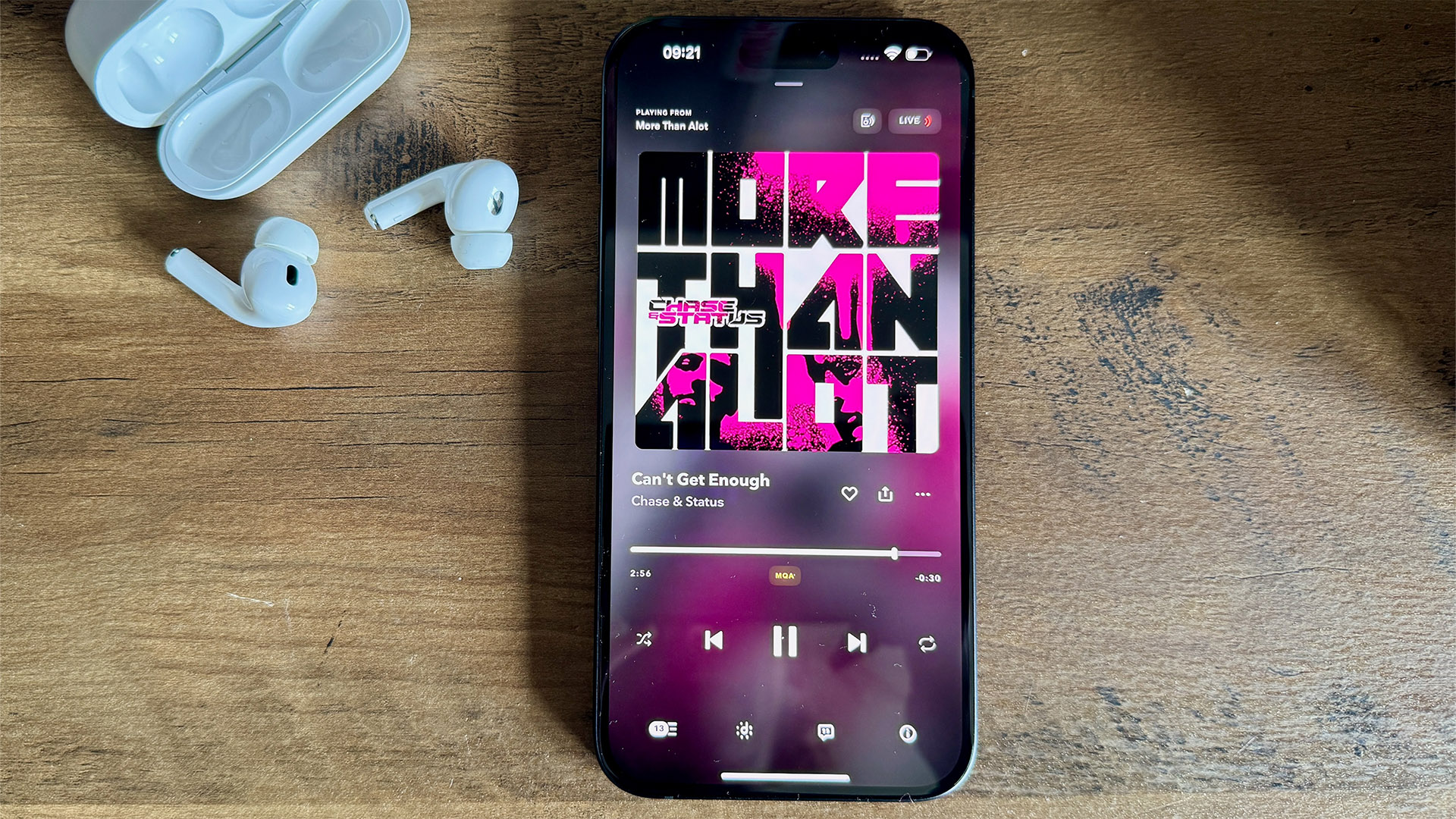
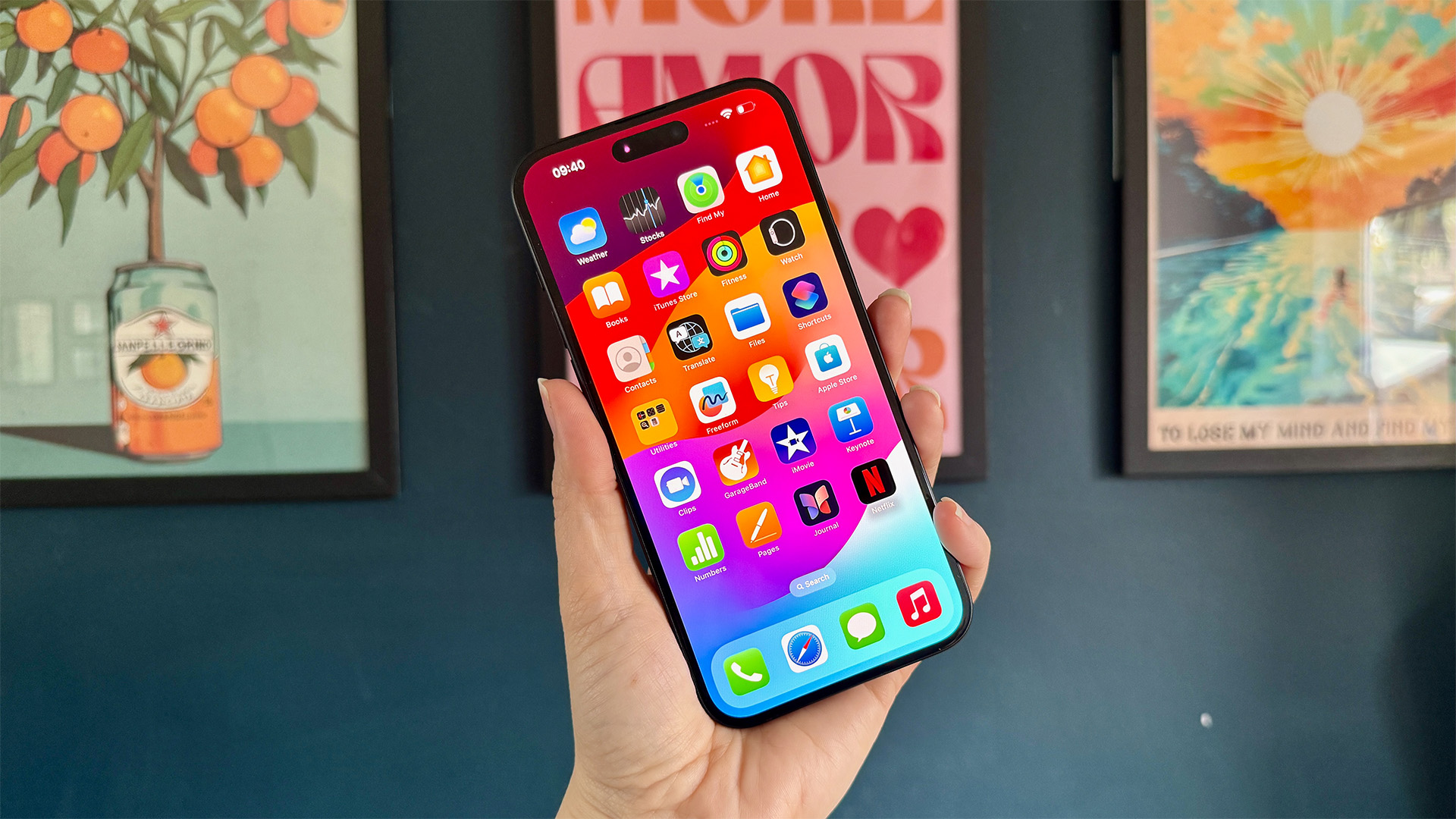
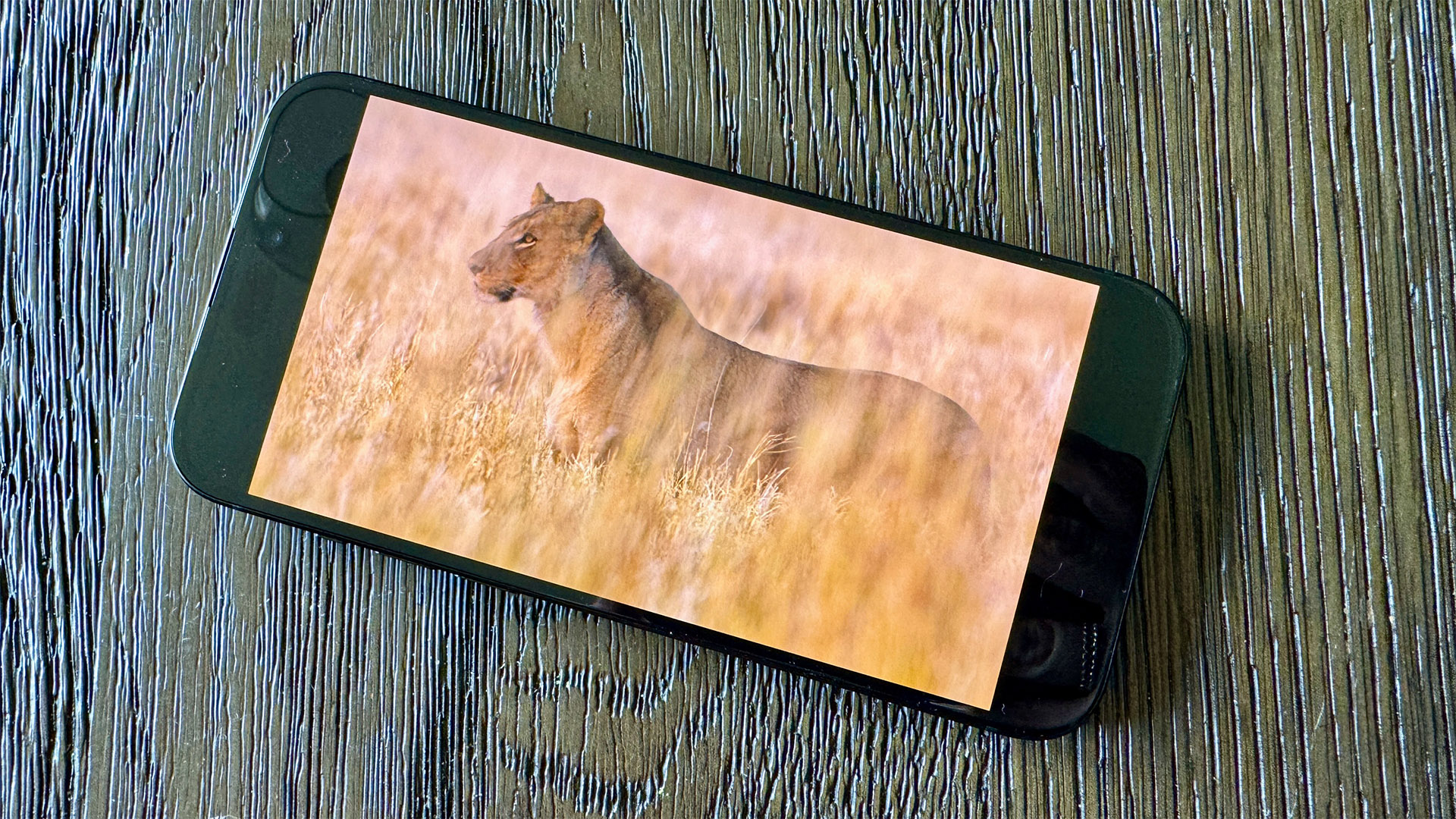
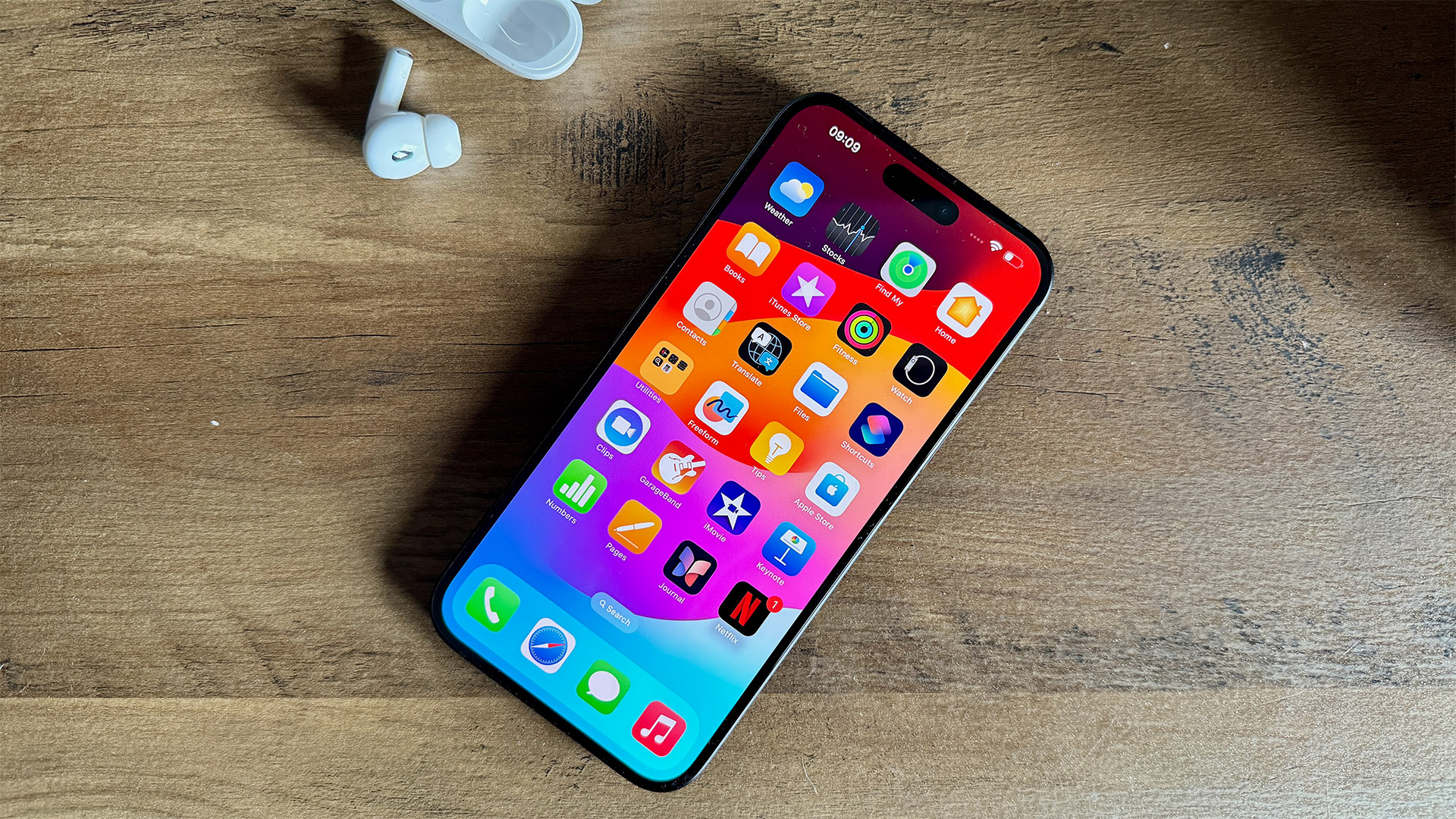
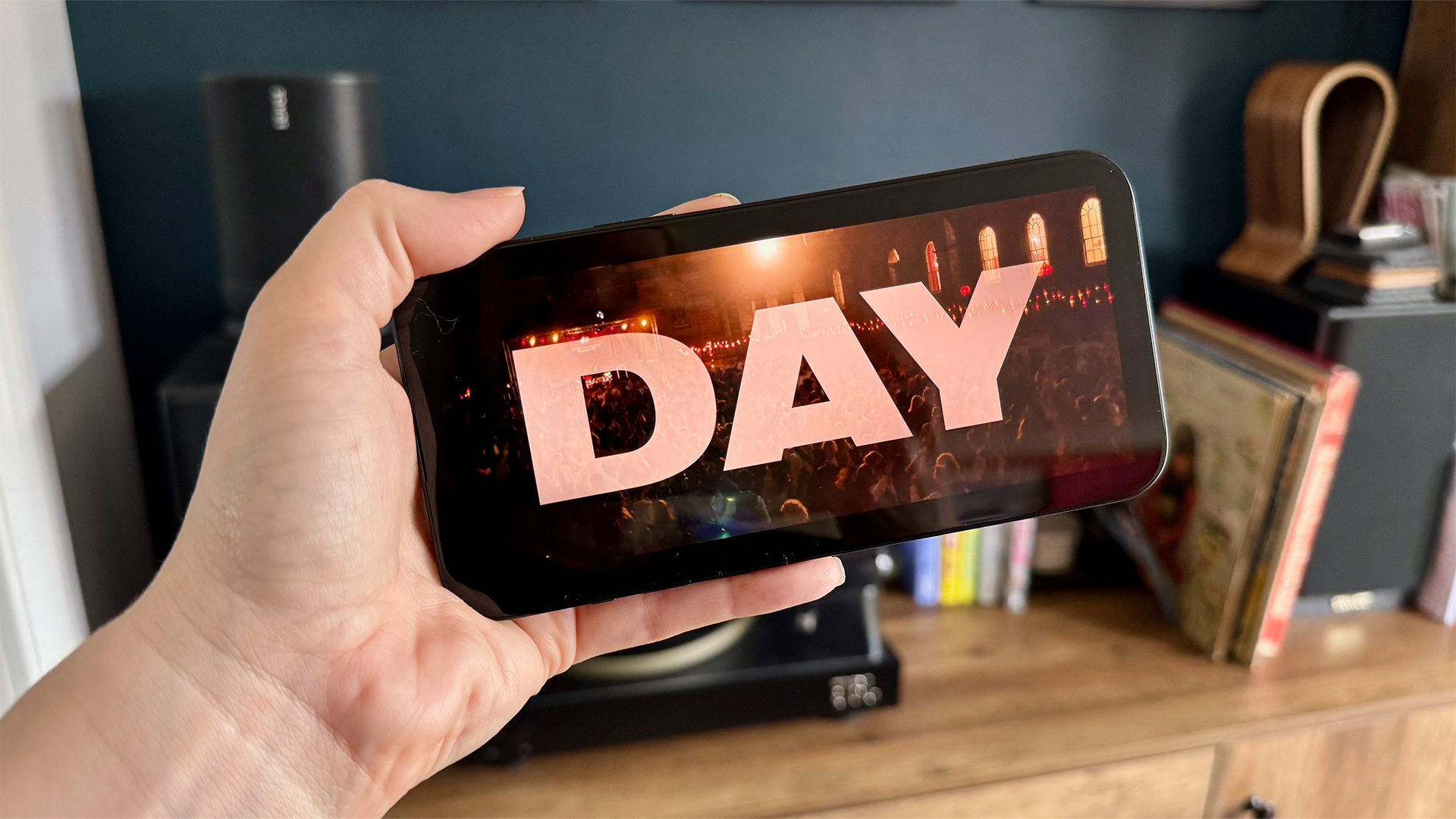
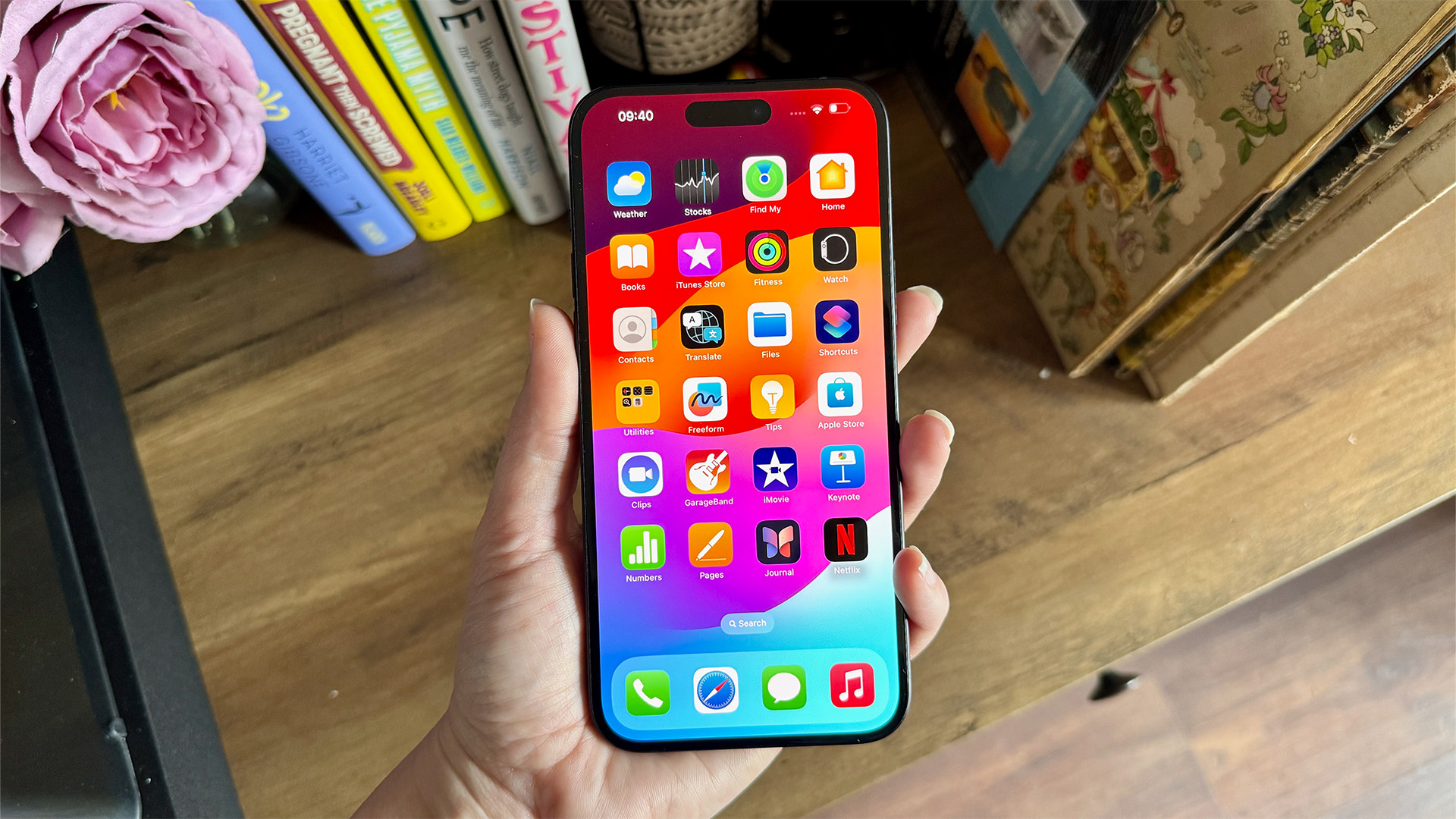
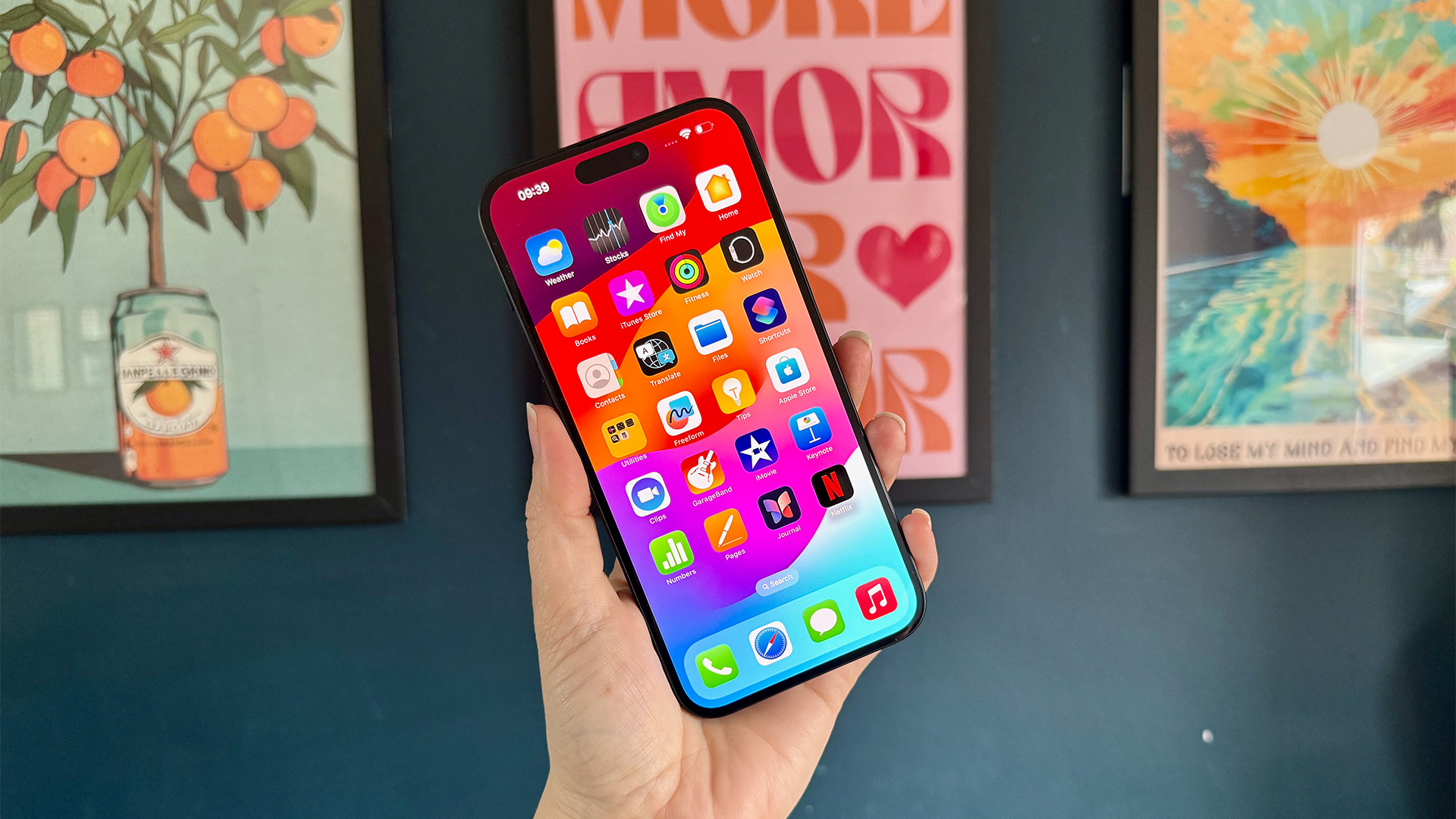
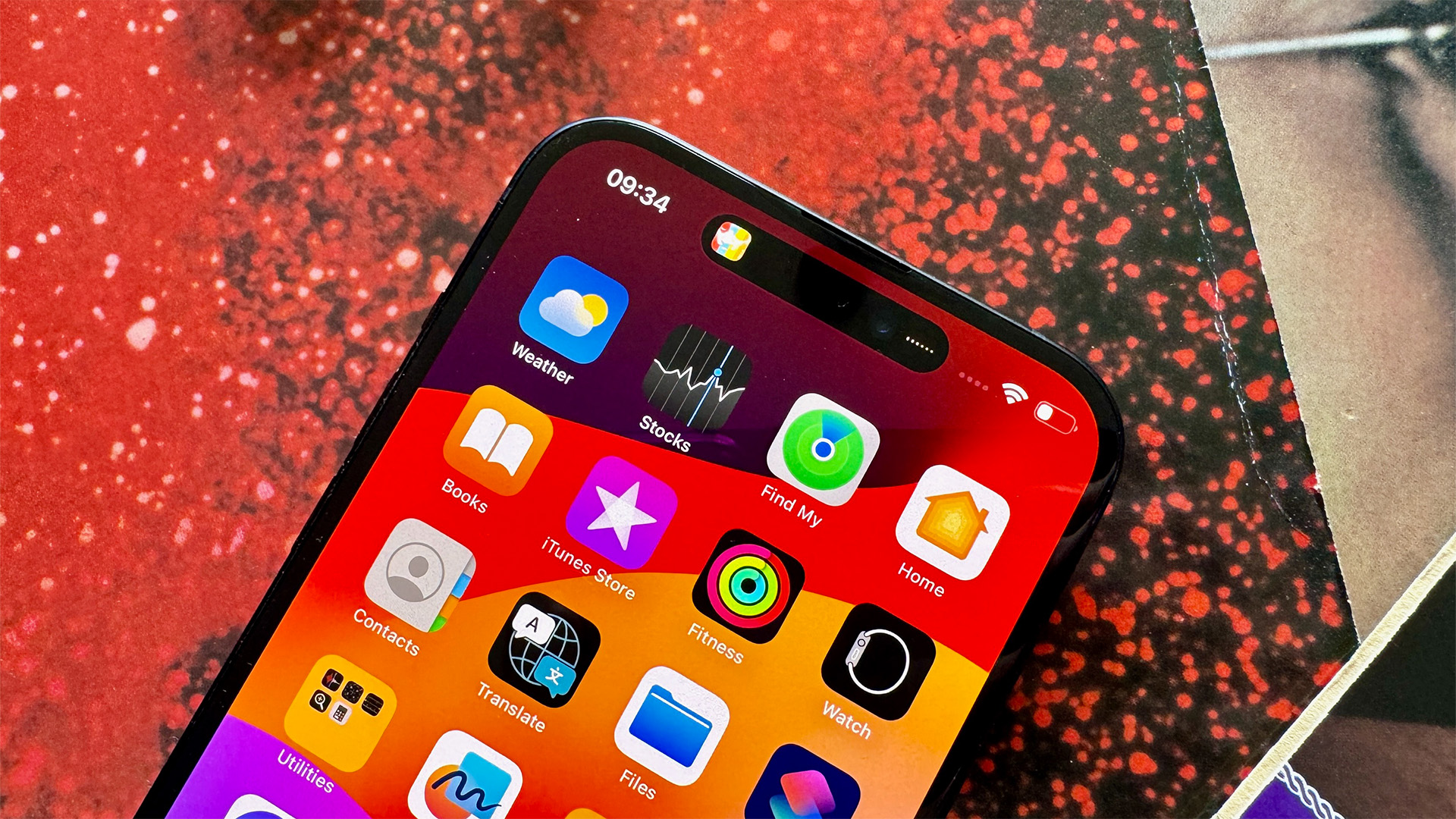
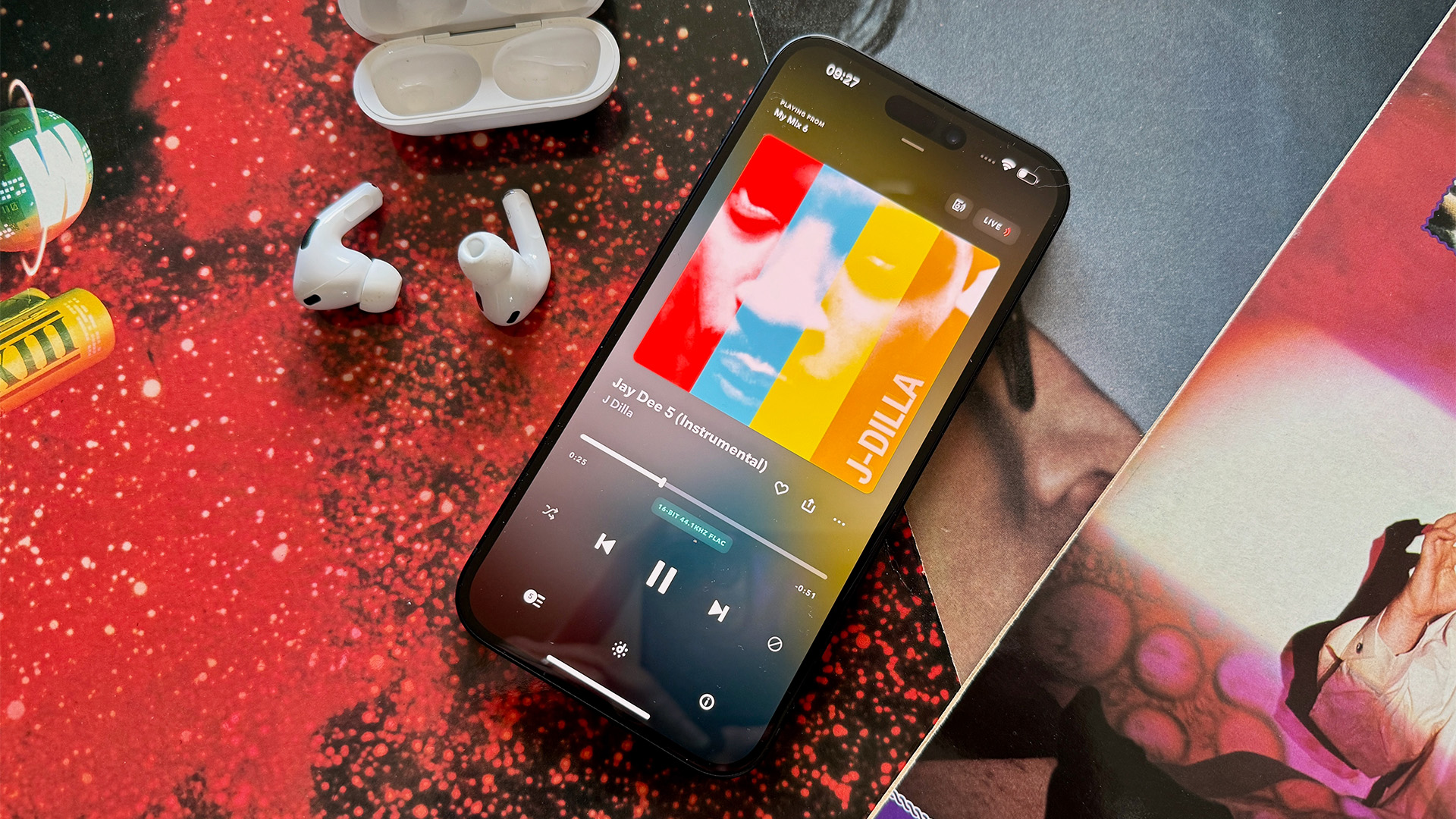
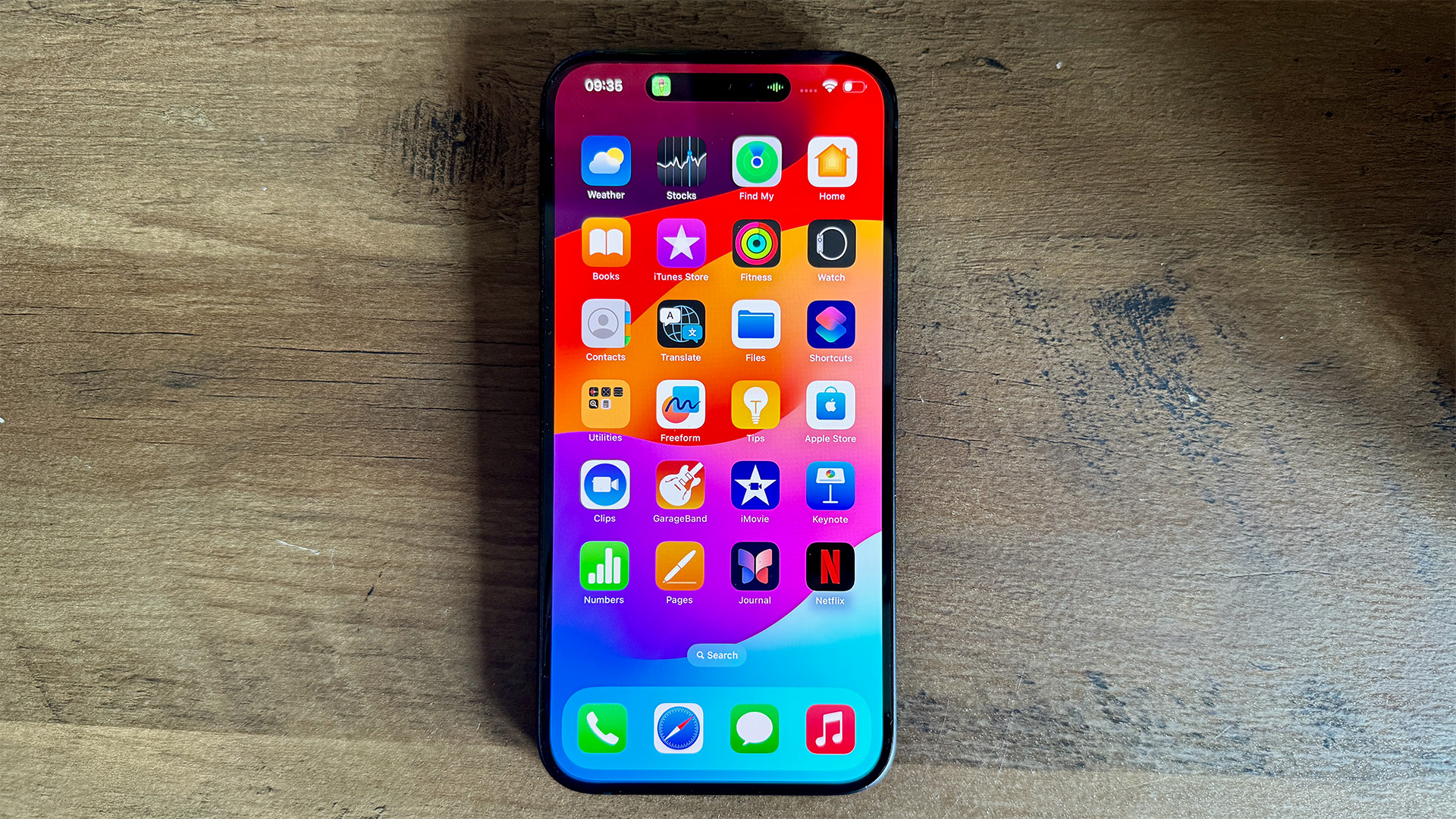
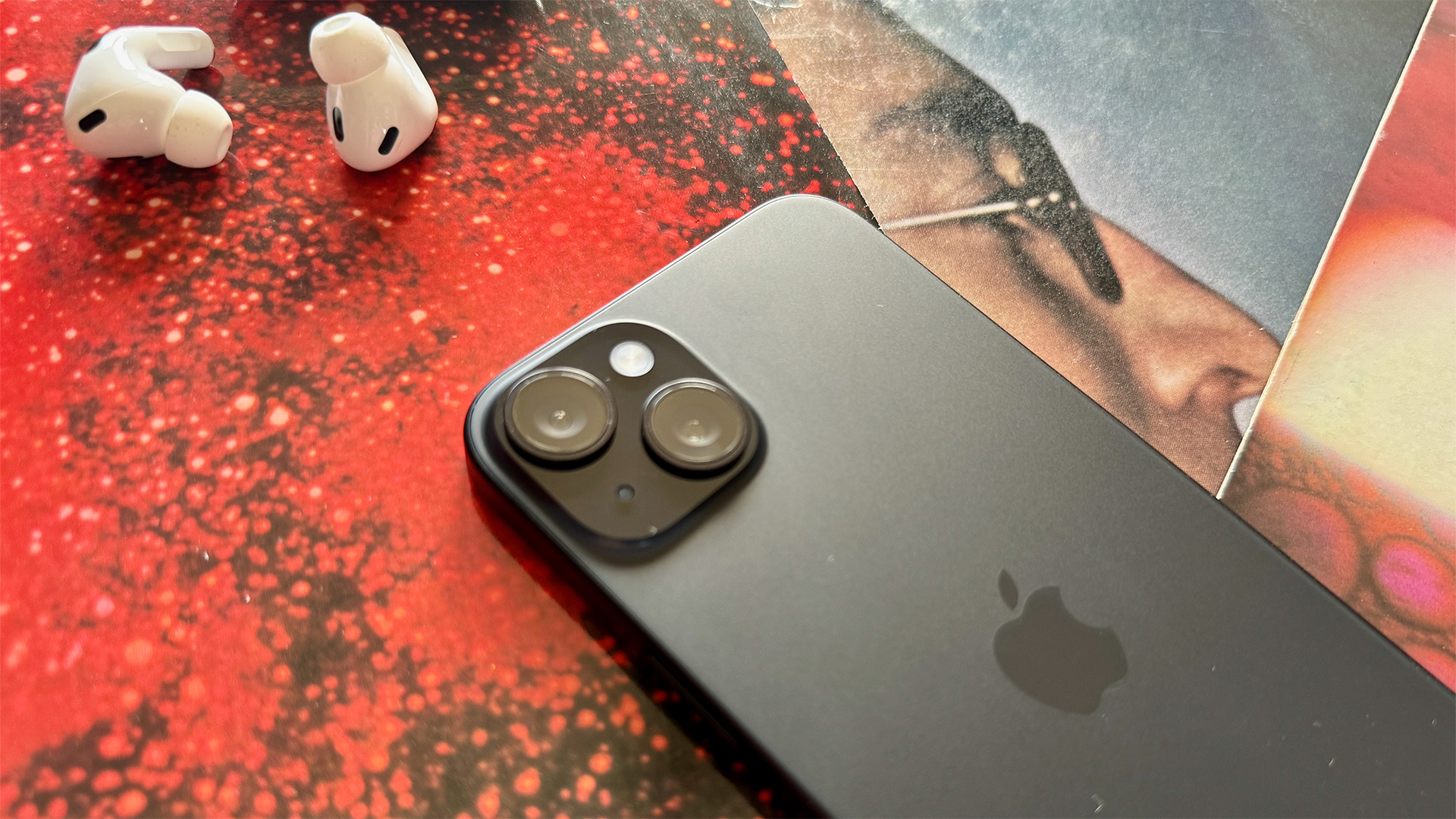
Specifications
Reasons to buy
Reasons to avoid
iPhones are never exactly cheap, but the 15 Plus represents great value. Consider this – it packs a mammoth 6.7-inch screen, but costs £100 less than iPhone 16 Plus. True, it lacks the Action button, and Apple Intelligence, but for a big screen blower on a budget, it takes some beating.
The 6.7-inch screen is better protected than that on older iPhones, thanks to Apple’s Ceramic Shield glass. The handset's extra size allows for a bigger battery, which equals 20 hours of video streaming, and so could last you two days of use, unless you're really rinsing Netflix.
2000 nits peak brightness makes for very bright highlights, and the big screen makes it much more of an immersive viewing experience than smaller phones. Blacks are very deep and inky (as you would expect from an OLED display), skin tones are natural, and colours have plenty of punch.
Sonically, it's full-bodied, forward and exciting, with a slightly cleaner treble than previous-generation iPhones. And Apple Spatial Audio with dynamic headtracking is onboard through compatible headphones. Add the big screen, and it's a lot of bang for not that much buck.
Read the full Apple iPhone 15 Plus review
Best value
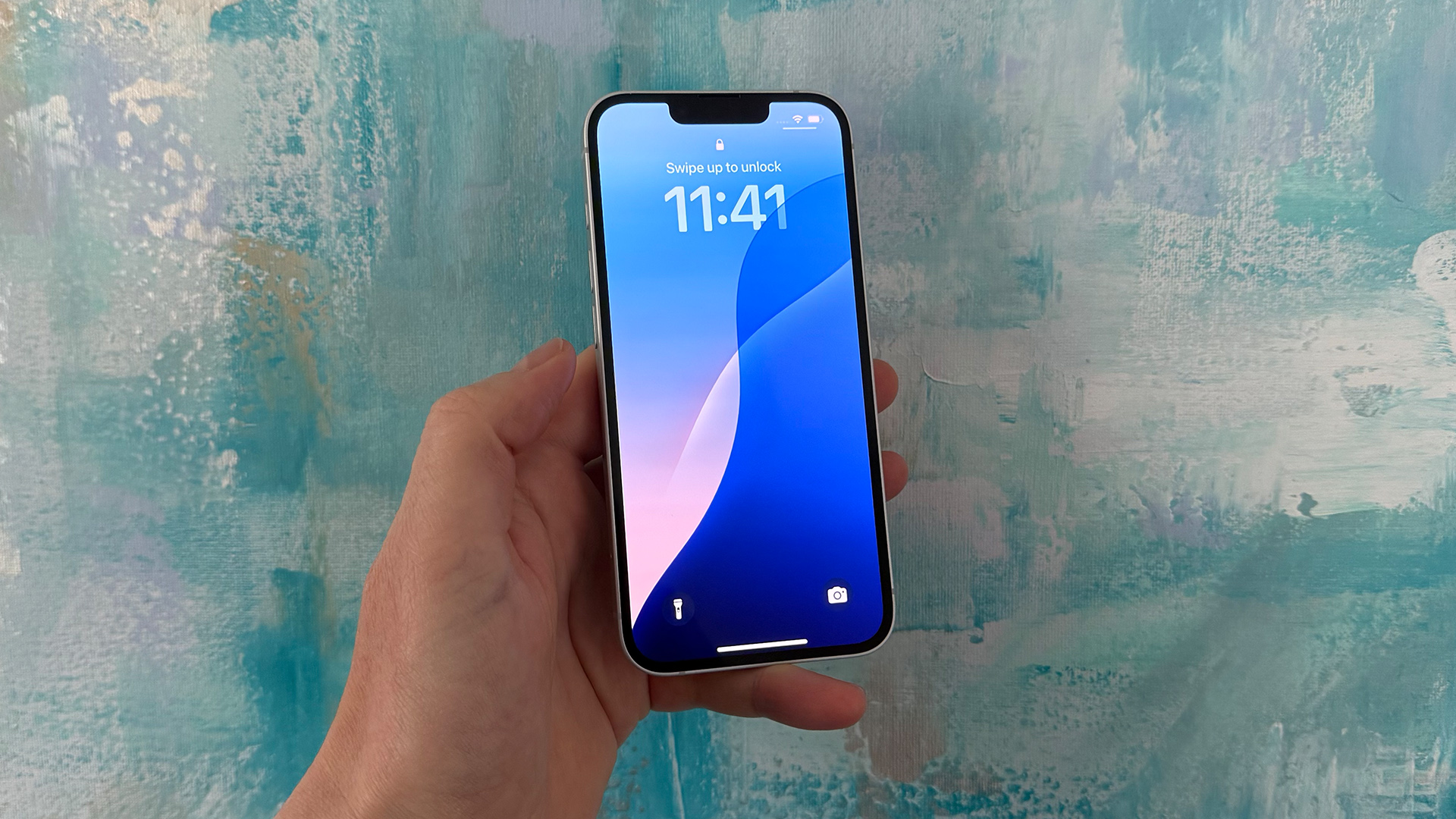
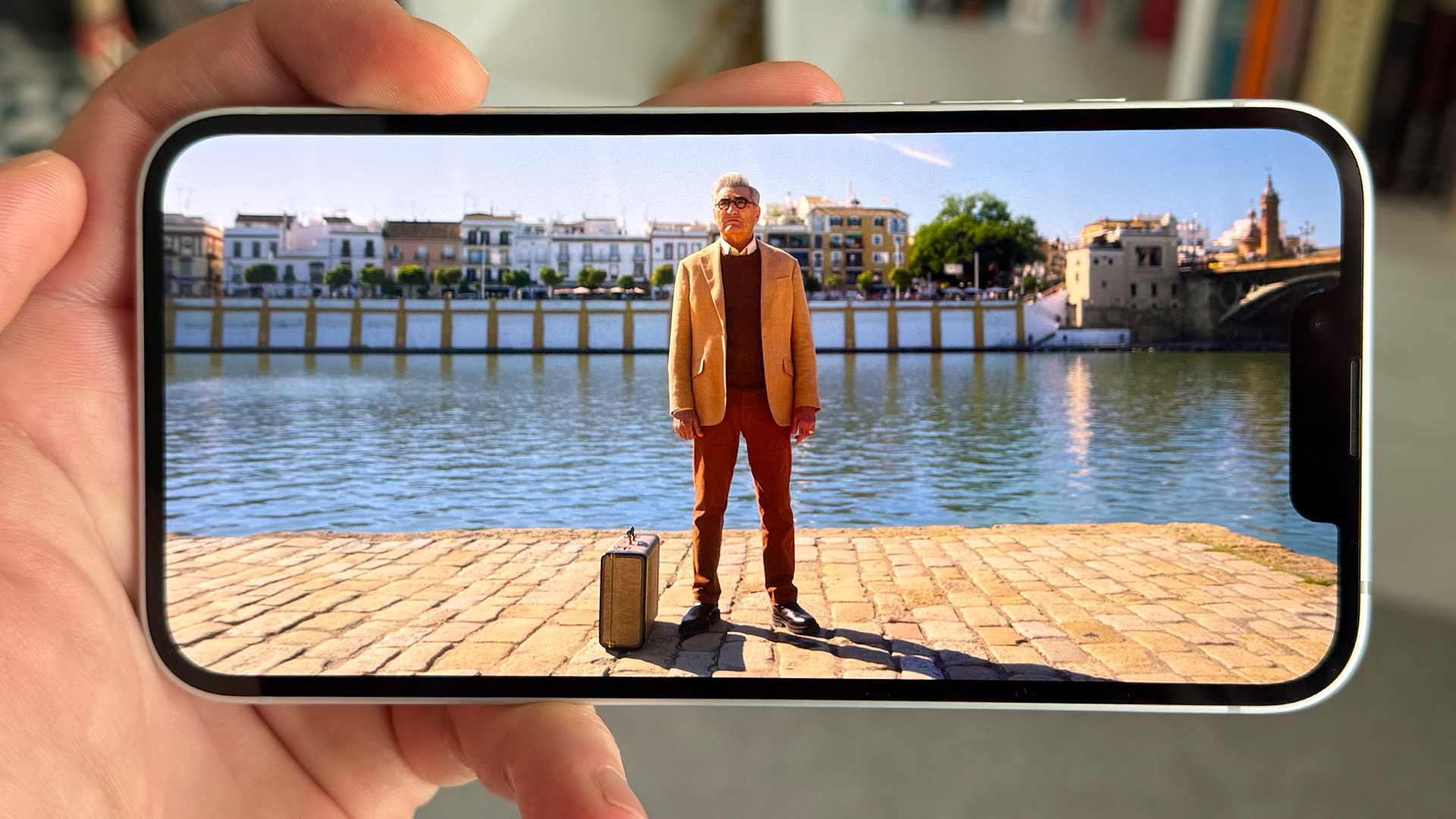
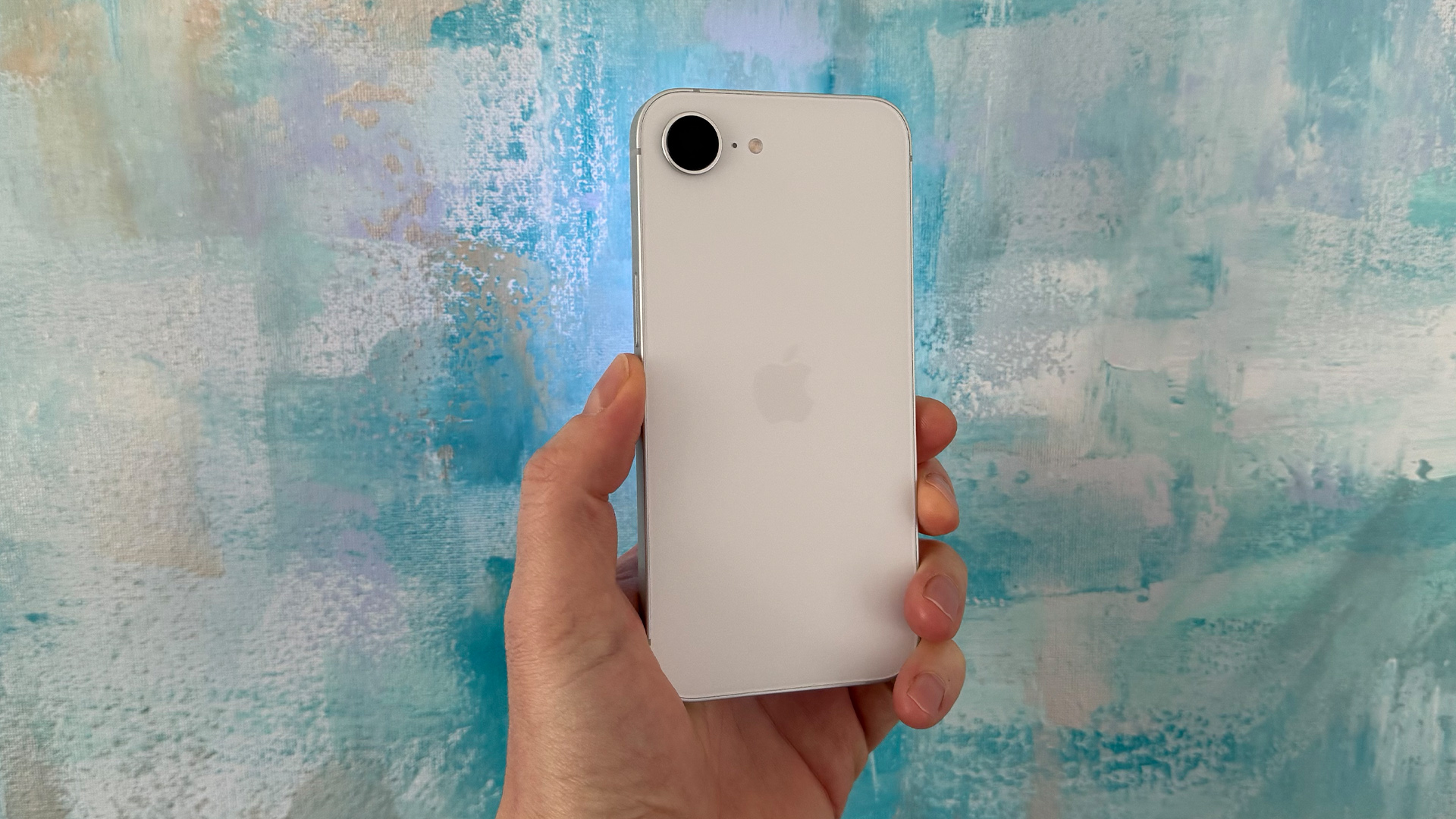

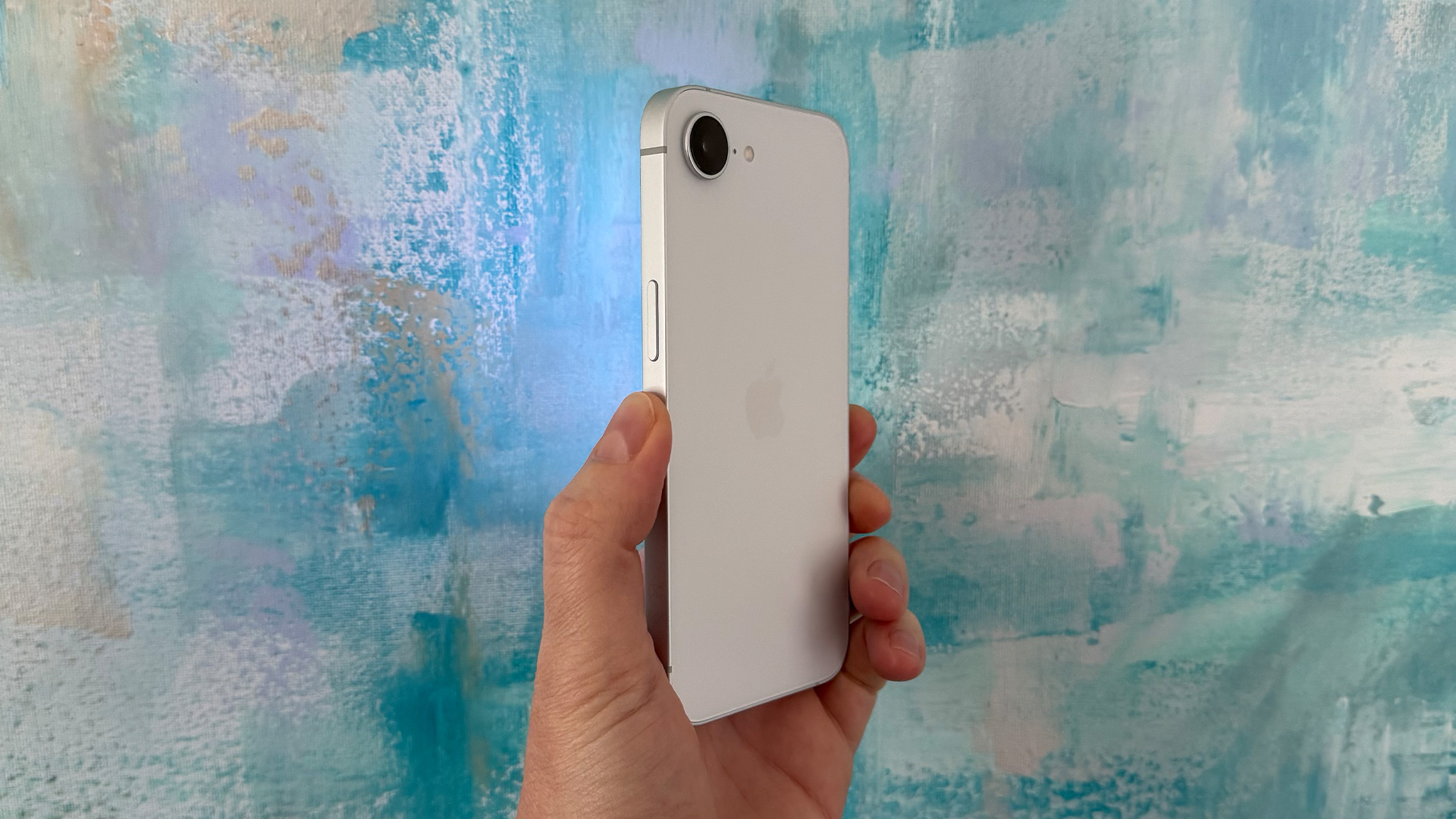
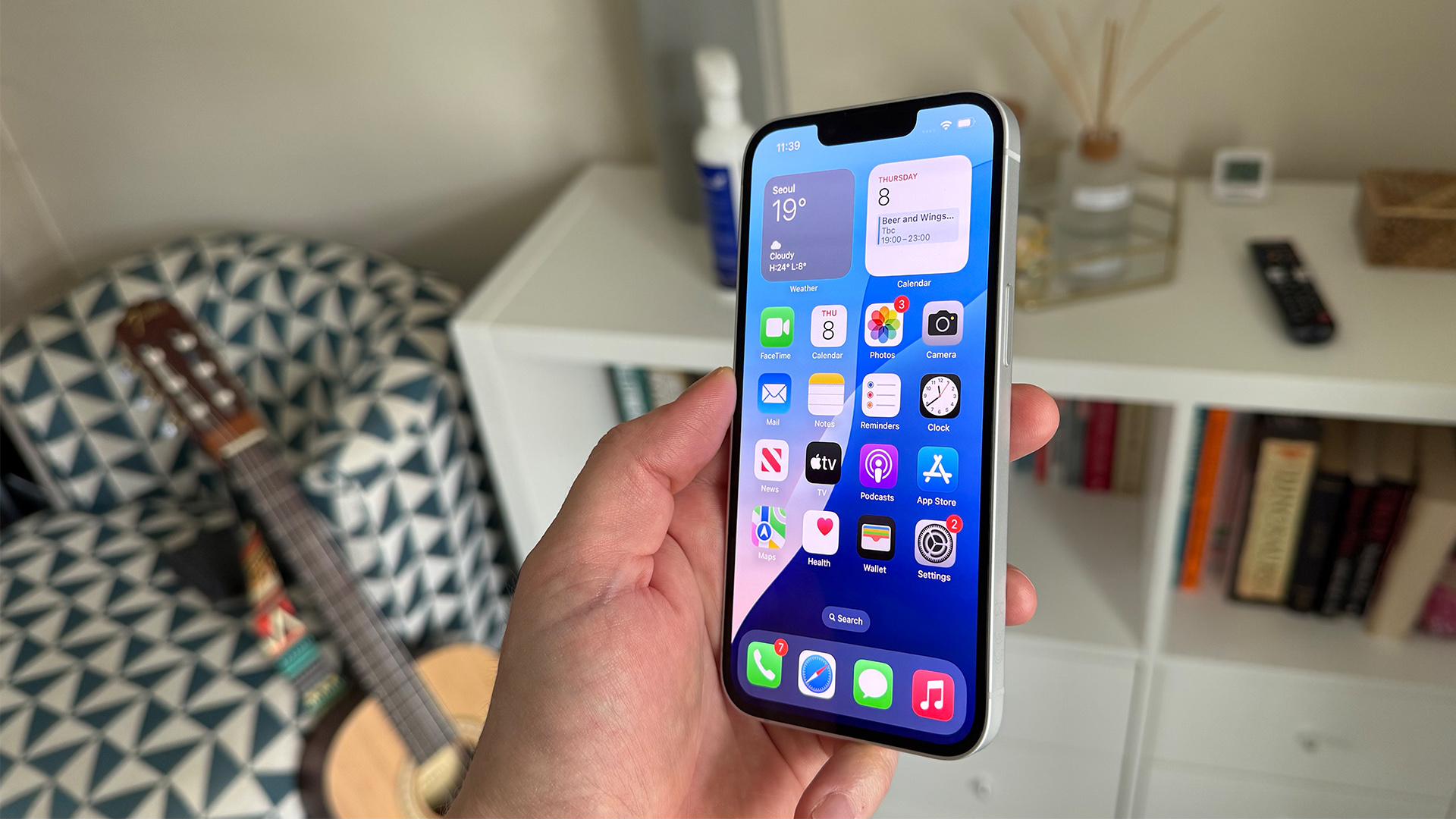
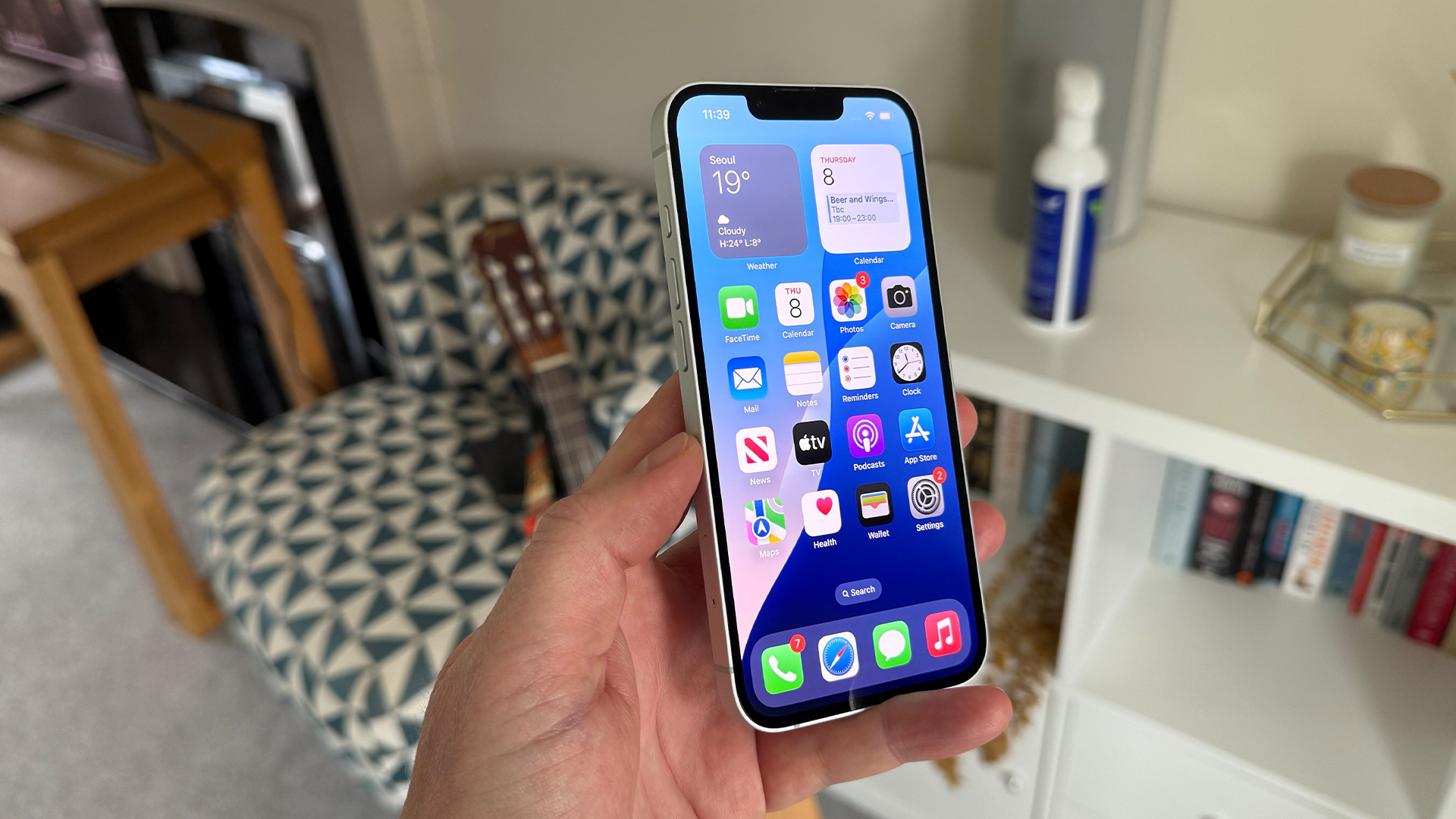
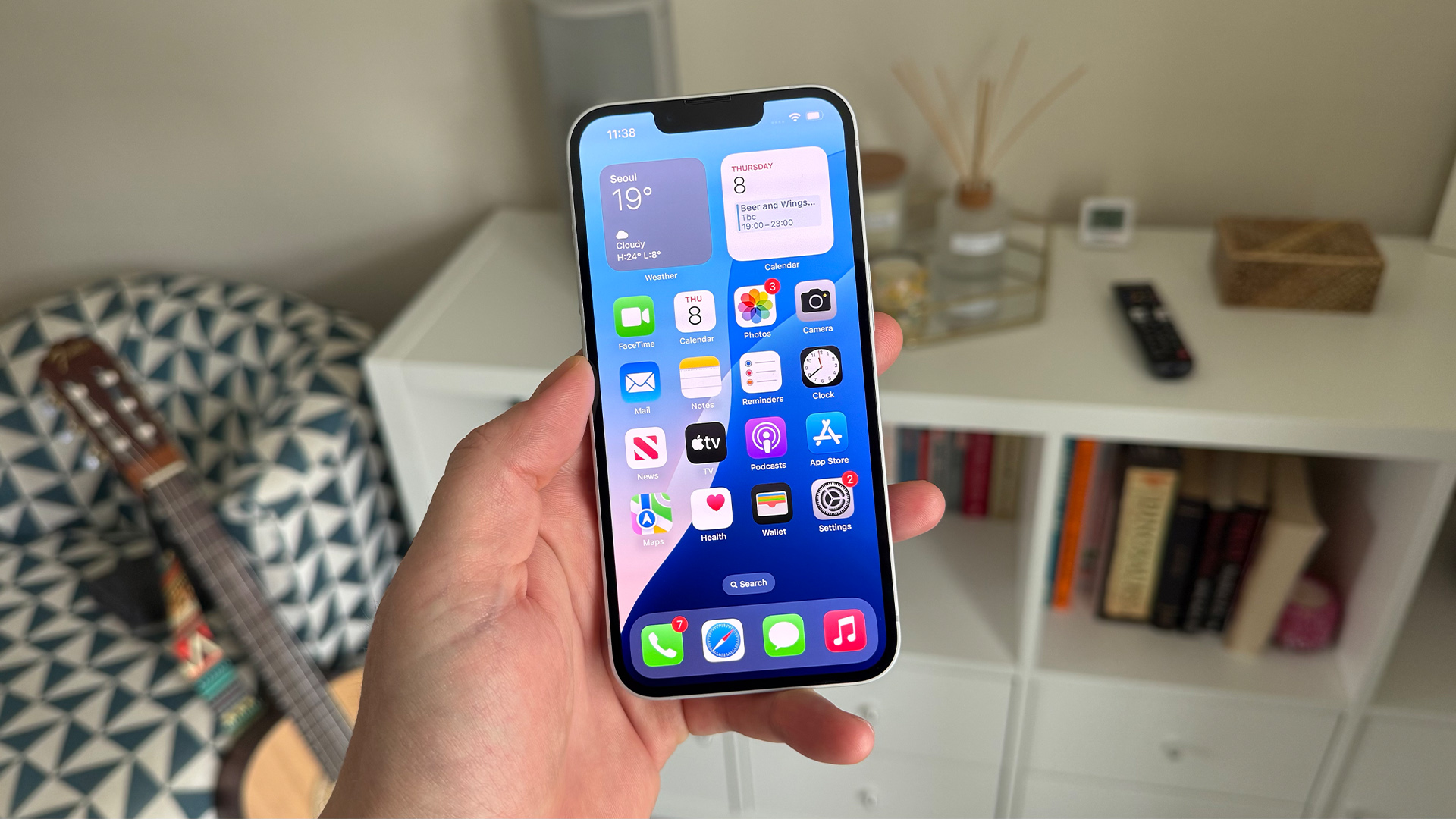
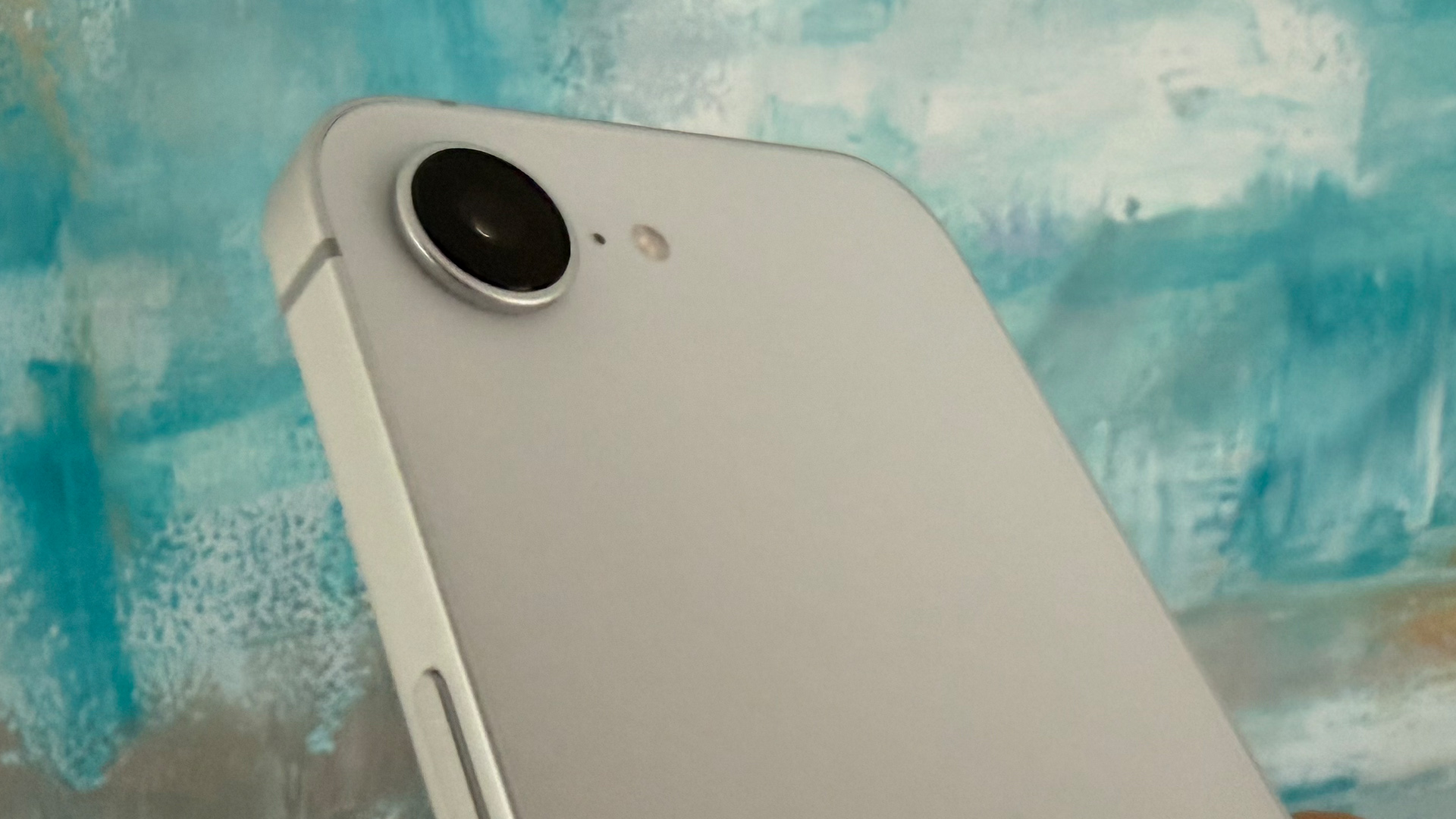
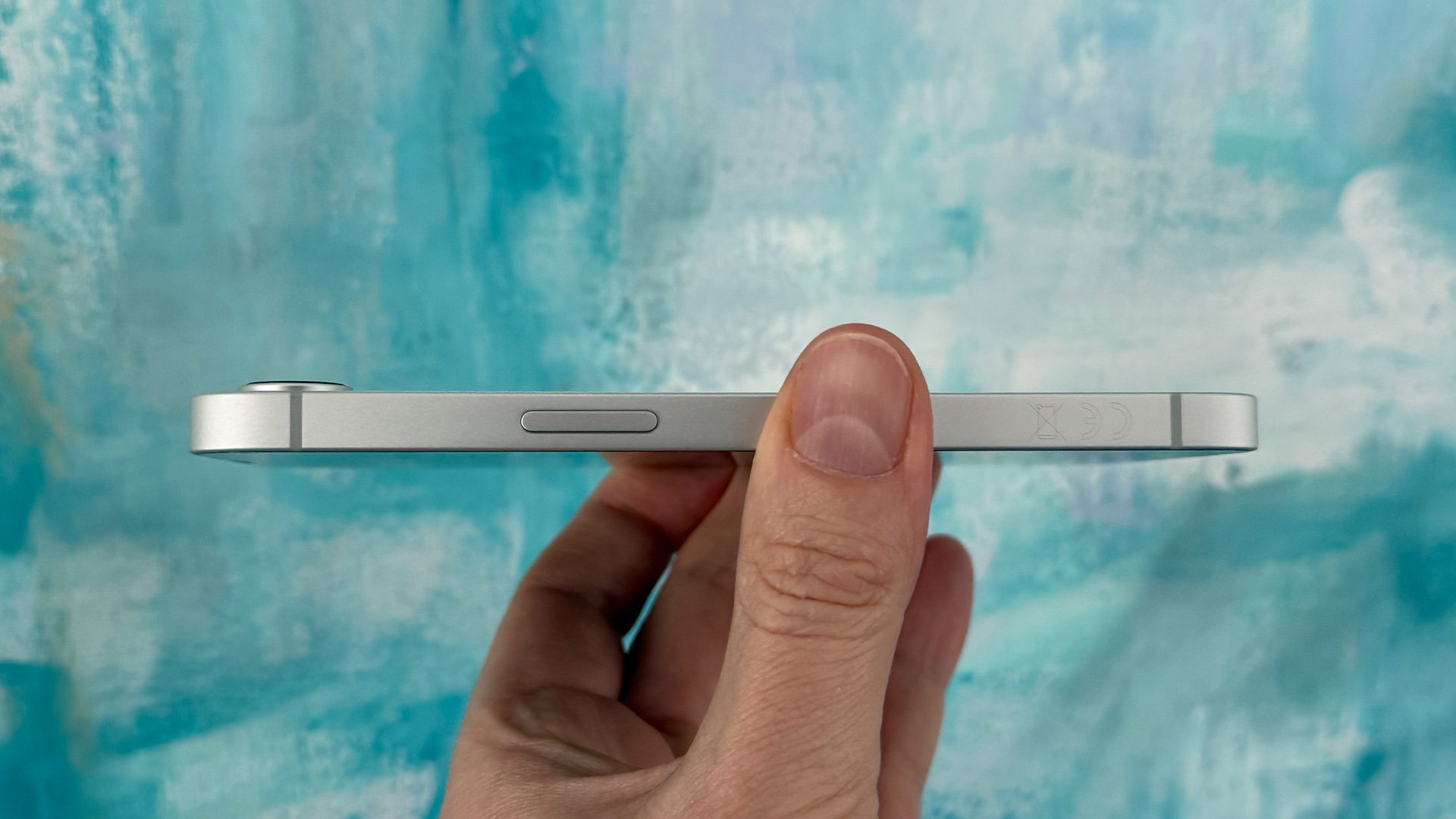
Specifications
Reasons to buy
Reasons to avoid
The iPhone 16e is the latest handset from Apple. Despite carrying “16” branding, at a technical level it is more accurate to describe it as an upgraded iPhone 14.
This is because its design and a lot of its hardware, outside of its use of the newer A18, AI-focussed chipset, share the same DNA as Apple’s older, now retired iPhone 14 handset.
But, despite this having run it head to head with its older sibling and the latest iPhone 16, we can safely confirm it is still a great option for music and movie fans.
Starting with movies. While the 6.1-inch OLED screen isn’t as bright as the iPhone 16 or iPhone 16 Pro’s, and we did notice some loss of shadow detail comparing them, the 16e is wonderfully balanced.
The picture is uniform, features nicely accurate colours and handles rapid motions well, making it a good option for catching up on shows while commuting and on the go in general.
Moving on to sound. Apple iPhones have a track record as being among the best sounding phones we test year-on-year and the iPhone 16e continues this legacy.
During our checks, whether it was paired with wireless AirPods, or wired over-ears via a USB C adapter, the handset delivered a well balanced, articulate performance.
Hence our five-star rating and recommendation. As we said in our iPhone 16e review:
“Using a pair of quality headphones (whether wireless or wired via a USB-C adapter), the sound is more or less identical to that of the iPhone 16. Which is to say rich and warm but not coloured, brilliantly punchy and rhythmic, and terrifically detailed and dynamic.”
Read the full Apple iPhone 16e review
Also consider
- Apple iPhone 15 Pro Max: Apple no longer sells this handset (it wants to push you towards the latest model), but you can still find it at other retailers. It packs a lot of what makes the 16 Pro Max so great, including a ProMotion display and Apple Intelligence.
- Apple iPhone 14 Pro Max: Again, Apple no longer sells this one – and given its age, it's a bit harder to find at third-party retailers. Again, you get a big screen with a 120Hz refresh rate, always-on capabilities and the Dynamic Island for (comparatively) not much money.
- Apple iPhone 13: It's getting on a bit now, but this is very similar to the iPhone 14, only with a slightly inferior camera. It is still on sale though, so if you want the same AV skills as the 14 and aren't bothered about the camera, it could be a wise buy.
How to choose the best iPhone for you
The Apple iPhone range covers lots of different screen sizes and prices, but which is the best iPhone for you? Do you want an older, entry-level handset to handle the basic tasks of making calls, web browsing and taking the occasional picture? Or do you want something more powerful in a premium package with flagship tech and a massive screen? Either way, Apple has an iPhone for you and they all run its iOS operating system, which is a doddle to use.
Screen size is also important. A smaller size is more pocketable, but a bigger screen will be better suited for films, games and TV shows. So think about how you'll use it before you buy. Apple's iPhones use LCD or OLED displays, depending on the model – the iPhone 12 and later ranges are all comprised of OLED models, while the older ranges' cheaper models use LCD. (All of those featured here have OLED displays.)
Then there's the camera. The more expensive iPhones have incredible cameras, but it's worth investigating the cheaper models too. If all you need it for is pointing and shooting, without delving into all the various shooting modes available, chances are they'll more than suffice.
In our experience, iPhones tend to be some of the best-sounding smartphones, while the quality of their screens is always up there with the very best at the money. The only extra bit of kit you might want to factor in is a pair of headphones – either wired (Lightning for pre-iPhone 15, USB-C for the iPhone 15 range and later) or wireless, depending on your personal preference. The Apple AirPods 4 with ANC and AirPods Pro 2 are good headphones, but their sound quality is bettered by the best wireless headphones around.
- OS agnostic? These are the best smartphones for music and movies
- And the best Android phones available
How we test iPhones
While we have state-of-the-art testing facilities in London, Reading and Bath, where our team of experienced, in-house reviewers test the majority of hi-fi and AV kit that passes through our door, iPhones are on-the-go products that deserve to be tested as such. Despite that we still run a uniform series of checks. These include:
Using them as our main portable music and movie players:
We live with each iPhone as if we had bought it. We see how they fare in audio-visual terms, of course, loading up a variety of different streaming services to watch and listen to content in all resolutions. But we also use them for the mundane day-to-day stuff: checking emails, setting timers, even making calls.
Camera and battery:
Being an AV title, the cameras might not be our priority but we recognise they're still a vital part of any smartphone. And so we put them through their paces as well, taking a range of photos and videos in all different settings and conditions. An iPhone is a big investment, and with any luck, it'll be with you for a few years, so you want to know you're getting value for money in all areas of the phone's performance.
Collaborative, independent testing:
All review verdicts are agreed upon by the team rather than an individual reviewer to eliminate any personal preference and to make sure we're being as thorough as possible. There's no input from PR companies or our sales team when it comes to the verdict, with What Hi-Fi? proud of having delivered honest, unbiased reviews for decades.
Read more about how we test and review products on What Hi-Fi?.
FAQ
Which iPhone is the best value for money?
It depends on your needs. If you want a big, powerful iPhone, then you won't be satisfied with the standard iPhone 16, even if it is discounted, because it's not what you were looking for in the first place. But even if you are happy with the standard iPhone, the latest model might not be your best bet.
That's because the iPhone 14 is very similar, yet quite a bit cheaper. The 14 isn't drastically different from the iPhone 13 either, which is cheaper still. But for the best balance of advanced smarts and price, we would go for the iPhone 14.
Want a bigger screen? The iPhone 15 Plus is cheaper than the 16 Plus, but shares a lot of the same features.
What iPhone will be out in 2025?
Nothing is confirmed, but we would be amazed if Apple didn't announce the iPhone 17 in September 2025. Leaks and rumours have been coming for a while now – check out everything we've heard about the iPhone 17 so far.
Recent updates
- 26th March 2025: Updated with new information about the iPhone 16e, a reworked intro and updated guidance on how we choose iPhones.
- 20th December 2024: Switched to new format. Updated list to include newer iPhones. Added 'Also consider' section.
MORE:
Read the full iPhone 16 review
And the iPhone 16 Pro review
iPhone 16 vs iPhone 15: should you upgrade?
The latest hi-fi, home cinema and tech news, reviews, buying advice and deals, direct to your inbox.
Joe has been writing about tech for 20 years, first on staff at T3 magazine, then in a freelance capacity for Stuff, The Sunday Times Travel Magazine (now defunct), Men's Health, GQ, The Mirror, Trusted Reviews, TechRadar and many more. His specialities include all things mobile, headphones and speakers that he can't justifying spending money on.

